|
A message from the Renewal Leadership Team: As we draw the Diocesan Renewal Gatherings to a close, we offer you all a sincere THANK YOU! What an amazing response! Almost 1000 participants joined four gatherings across the diocese. Sincere gratitude to each host-parish who went above and beyond by providing hospitality, food, welcome, ministries and an outpouring of support. The spirit at each gathering was hopeful and there was overall excitement for renewal. Bishop McGrattan and the Renewal Leadership Team are filled with gratitude for your encouragement and for your eagerness to move forward. Every participant was invited to share feedback and, as a result, we were able to get a strong sense of your thoughts and insights. Here is what we heard when we asked: What aspects of the gathering were most effective?
If you are interested in providing a similar experience and gathering for your parish or lay association, the Renewal Leadership Team can share a template for planning and resources so that you may host a gathering of your own. Let’s keep the momentum going! Thank you for your prayers and your heart for renewal. We are blessed to be among you, the Faithful. We look forward to seeing you at future Renewal events! Please spread the word, witness and pray for Bishop McGrattan and the work of the diocese. There were many individual comments provided by participants and some of these quotes have been captured in the summary and pictures provided by Faithfully last week. Feel free to scroll down or click the location buttons below: November 4, 2023 | Mary, Mother of the Redeemer, Calgary
November 7, 2023 | All Saints Parish, Lethbridge
November 8, 2023 | St. Francis de Sales, High River
November 13, 2023 | Holy Family, Medicine Hat
Special thanks to our digital media volunteers at the Renewal Gathering,especially to
Fr. Fabio D'Souza, Thiago Campos, Thiago Cavallini, and Daniel Vilela from Our Lady of Fatima Parish in Calgary; Jason Openo from Holy Family, Medicine Hat.
0 Comments
A top Ontario judge hopes to start a conversation about conscience rights among Calgary’s Catholic legal professionals attending this year’s annual Red Mass on Wednesday, Nov 15, 2023. “I thought I could use the occasion to say we should be talking a lot more seriously about freedom of conscience if we want to preserve a free and democratic society,” said the Honourable David Brown of the Ontario Court of Appeal. He will give a talk titled: “Canada’s forgotten freedom? Conscience in a free and democratic society” at a reception following the Red Mass at St. Mary’s Cathedral. The Saint Thomas More Lawyers’ Guild of Calgary hosts the Red Mass as an opportunity for all members of the legal and law enforcement community to pray for the pursuit of justice and mercy at the beginning of the new judicial term and to build community together. The Red Mass was first celebrated at the Cathedral of Paris in 1245, dates back to 1896 in Canada and re-instituted in Calgary in 2015. It commemorates the martyrdom of St. Thomas More who was executed by order of King Henry VIII for refusing to approve his divorce. “The Red Mass is important both as a measure of tradition and the bond between the faith and principles that bind us to the Church,” said Tom Ross, Chairman of the Saint Thomas More Lawyers' Guild of Calgary. “We increasingly live in a secular world. The courts are run on principles that are timeless and it’s important not to forget these principles.” Conscience is a very fundamental principle in the pursuit of law and justice. In his discussion on conscience rights, Justice Brown will look at the writings of St. Thomas More and the philosophical development of conscience through the ages. He will reference Section 1 of the Canadian Charter of Rights and Freedoms, which states no right or freedom is absolute but may be subject to reasonable limits. “The device the courts have adopted to engage in that inquiry rarely looks into whether the limits on conscience can be justified in a free and democratic society. We’ve adopted a formulaic test known as a proportionality test that doesn’t contain the words free and democratic,” said Justice Brown. Justice Brown will draw on the example of legalized euthanasia and medical assistance in dying (MAID) in Canada which gives citizens the freedom to legally end their life under the law. “It’s been quite a journey for Canadian law from the Carter vs. Canada decision (in 2015), which thought that it was not opening a door too wide, to a situation where Canada has among the most expansive euthanasia laws in the world,” said Justice Brown. Thinking through conscience rights on a practical level, some argue that any government funded employee must set aside their personal conscience and adopt the current understanding of the nature of that public service, Justice Brown explained. “All judges are paid for by the government. We are all civil servants,” said Justice Brown. “Does that mean that judges have to put their conscientious beliefs to one side, so you are left with a body of judges who cannot operate with some notion of what is right and what is wrong? I don’t think people have really thought through a denial of conscience rights in certain circumstances.” Justice Brown’s own conscience is formed by his Catholic faith. For ongoing formation as a judge, he reads widely about history, philosophy, morality, which he encourages others to do as well. As a husband, father of three sons and grandfather of 11 grandchildren, Justice Brown shared three thoughts on living a faithful life in today’s world that he would offer to his own children “Common sense would dictate that anyone who wants to try to live in conformity with their particular faith needs to develop a very sound understanding of what their faith consists of. “One has to treat others in accordance with that faith…the Christian view of the world espouses regard and respect for all as creatures of God; one has to take that to heart when engaging with all members of the community. “And engage with all members of the community. If you are going to live your faith you can’t place yourself under a bushel basket, you’ve got to take the basket off and you’ve got to engage in the world in a way that respects others as created beings.” All are welcome to join Bishop McGrattan as he offers the Holy Sacrifice of the Mass 5 p.m. on Nov. 15 at St. Mary’s Cathedral. Everyone can purchase tickets for the reception and keynote address in St. Mary’s hall following Mass by contacting [email protected] - or buy ticket(s) online for the reception.
Everlasting joy: Serving & Listening in the Spirit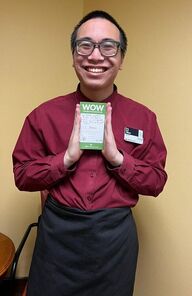 Over the past year or so, I have been working as a waitstaff member at a retirement home in the northwest Calgary. It is a quaint place for independent seniors who do not require extensive care. My most treasured part about this job are the interactions I have with the residents at the retirement home. This, I believe to be a twofold interaction as I have noticed that the residents seldom receive family visits. The residents have a wealth of insights and wisdom to share, and what I commit to bring them in return is an infectious joy to hopefully brighten their days. I would not have chosen this job if I had not recognized the primary commitment to bringing joy. I have my own experiences with my grandparents and my faith to thank for that; because I cannot imagine how isolating it could feel to live here without much social interaction. Interestingly, I learned from a group of residents about a differing approach taken by another waitstaff member. Residents were advised to spend their free time in their suites rather than the all-day café near the dining area, which is typically designated for leisure. This baffled me. What could possibly lead one to believe that people, particularly seniors, would prefer to be cooped up away from everyone for days on end. These experiences further bolster my efforts to provide the most genuine and respectful service I can give. This primarily comes down to the smaller things. If there’s one thing the elderly desire from a service, is to feel that they are listened to. I cultivate this through a multitude of smaller actions, such as not just remembering and calling residents by their names; but also knowing their drink choices at each mealtime, as well as any allergies or food preferences. I make a point to acknowledge all of these preferences or requests when serving them; and I am always open to conversation. At the end of the day, I am here at this job to serve the elderly the best I can. I am drawn to this work, feeling motivated by the Holy Spirit to bring joy wherever I go and to whomever I interact. As we approach 2023's World Day for Grandparents and the Elderly, I aim to continue dedicating my service both to God and to the senior residents in the retirement home. I pray for the Holy Spirit to help me continue to share God’s love and joy with the elderly.
On the Feast of the Immaculate Heart of Mary, June 17, 2023, over 130 individuals representing 7 parishes within the Fr. Naphin Deanery gathered at Mother of the Redeemer Parish for their first Faith and Mission Day. Father Fabio DeSouza who initiated the day, presented the pastoral journey of the Diocese in his talk, "From Pioneers to Parishioners: Tracing the Pastoral History of the Diocese of Calgary." The event continued with a Mass with Bishop McGrattan, who spoke about the synodal experience of the Diocese during the homily. After the Mass, participants gathered in the parish hall to enjoy a delicious lunch provided by the Knights of Columbus. The atmosphere was joyful and filled with a genuine sense of community as individuals from various parishes came together, fostering a profound sense of unity and shared purpose. This Pastoral Zone Day has truly served our parishes as a valuable opportunity to connect, exchange ideas, and deepen our understanding of the Diocese's pastoral history and vision. It has strengthened our sense of communion. Participants departed feeling inspired to actively participate in executing the forthcoming pastoral priorities outlined by Bishop McGrattan, contributing to the spiritual rejuvenation of their respective parish communities. Submitted by Catarina Avila, Our Lady of Fatima Parish Communications Team.
Photos credit: Thiago Cavallini, Our Lady of Fatima Parish Communications Team.
A thunderclap of applause erupted inside St. Mary’s Cathedral Friday evening as the faithful deemed Santiago Torres worthy of ordination to the priesthood.
There was standing room only as young and old watched on as Torres prostrated himself before God and His people, giving his undivided heart to the priesthood on the Solemnity of the Sacred Heart of Jesus, as a choir sounding like angels sang the Litany of the Saints. Then the essential moment – the Laying on of Hands – by Bishop William McGrattan, as the Holy Spirit conformed Torres to the priesthood of Christ. It was poignant to see the many faces of Christ come forward one by one laying their hands on their new brother priest as he knelt to receive this gesture in humility. 
The word ‘humility’ was repeated through the music, the prayers, the homily and even Fr. Torres’ thank you address at the end of the ordination.
Bishop McGrattan emphasized every priest must possess the gift of the fear of God, a trepidation that they are unworthy to receive this call. “Each priest must respond to their call with confidence and humility inspired by the Spirit of God,” he said. Sincere, affable, gentle, kind, confident, humble, joyful and a gift to the Church; these are words that the faithful use to describe their newest Calgary diocesan priest. I count myself among the faithful who feel blessed by Fr. Santiago’s “yes” to live for Christ. A few weeks before the ordination, I had the privilege of sitting down to speak with Father (at that time Deacon) Torres. He chatted with me from his dorm room at St. Joseph’s Seminary in Edmonton via video call. Almost immediately I was reminded of his magnetic personality. We had first met about 13 years ago (summer of 2010) during which time he had just experienced the love of God in a profound life-changing way. By the end of the interview my heart was full of hope for the future of Fr. Santiago’s priestly vocation and for all the ways he will bring glory to God and peace to those he ministers to on Earth.  Fr. Santiago Torres Fr. Santiago Torres
A chat with Fr. Santiago
The Parable of the Mustard Seed came to mind as I sat down to write and reveal a glimpse of Fr. Santiago Torres’s profound journey of faith: one that began for him as a tiny seed hidden within his mother’s womb. “When I was conceived my Dad didn’t want anything to do with the pregnancy and so he left my Mom. I never knew who my biological dad was. He pushed [abortion] on her and my mom decided to have me instead – Praise God.” The 34-year-old priest, born and raised in Bogota, Colombia, considers his mother his primary role model. “My Mom has always been that solid foundation in my life for security and love – how to give of yourself for others.” Two days before the ordination, Fr. Santiago’s mother, Maria Cristina Latorre, was busy preparing for the ordination, welcoming her best friend from Germany, her sisters from Colombia, Santiago’s out-of-town seminarian friends and parishioners from his diaconal year in Lethbridge. With emotions running high amidst the hustle and bustle at her house, she stepped away to reflect and answer a few questions about her son. “I don’t know why Jesus chose me, but I’m here and I’m ready to give back my son to Him,” said Latorre, trying to hold back her tears. “There are too many emotions. “I ask God why you chose my son?,” she said. “I’m not asking this ‘why’ in a bad way. No, I’m asking why [because] I’m so humbled to be his mom. “Santiago explained to me ‘Mom, sometimes God, through difficult times, or bad situations, He makes something good from bad,’ which makes sense for me,” she continued.
Growing up in Bogota, Colombia
When Fr. Santiago was two-years-old, his mother married and had twin girls, Ana Maria and Maria Juliana. Then at six-years-old his parents divorced, but the family continued to keep in touch with his sisters’ father, the man who Fr. Santiago considers his earthly father figure. “It’s incredible how important the love of a father is in a person’s life and yet, even if one hasn’t had that in one’s life, God still wants to give us that love,” said Fr. Santiago. “Looking back on my life in those years that I wasn’t close to Him… even if I didn’t realize He was there, He was always there.” From early on the seed of faith was planted through Fr. Santiago’s Sacraments of Baptism and First Eucharist, but he was not Confirmed until later as an adult. From an early age watching television soccer matches won out over going to Sunday Mass. Meanwhile, his grandparents played a pivotal role in helping his mother raise Fr. Santiago and his sisters, both practically and spiritually. Mrs. Latorre remembers those early days of childrearing and how her parents did not approve of all the ways her life had unfolded. Yet, as devout Catholics, they continued to support and love her and her children. “At this time I was not close to God, I cannot say I was praying, but I can say God was with me all the time. I think He has been by my side all the time,” said Mrs. Latorre, tearfully.
A new beginning in Canada
Mrs. Latorre married Juan Gonzalo Arango when Fr. Santiago was around 14 and then, in 2005 at the age of 16, the family immigrated to Calgary for better opportunities. “For me it was very difficult,” said Fr. Santiago. “My friends were everything. I had a girlfriend in Colombia at that time as well. We moved in October, which was hard because it was starting to get cold and high school had already started. I only knew enough English to get by.” Shortly after the move, he began a relationship with a Colombian girl, also newly immigrated to Canada, who, to his astonishment, practiced her Catholic faith. The seed of faith received some significant watering one day when he was at his girlfriend’s house and the family was on a long-distance phone call with a priest from Colombia. Each person got a chance to speak to this priest, including – to his surprise – Fr. Santiago. “I was completely dumbfounded because I hadn’t talked to a priest in forever and that was how my conversion began,” said Fr. Santiago “It’s incredible how God works. “Because I didn’t know him and I knew I wouldn’t see him again ever, I was able to open my heart to him and actually talk about stuff that was going on in my life more than I would talk with my friends or girlfriend.” Shortly after that his girlfriend invited him to Mass and he began to pray at night again. He sees this period in high school as living a double life – one of renewed faith, yet still steeped in his secular lifestyle. But the seed of faith that had been planted in his childhood began to receive nourishment.  Young Fr. Santiago at CCO evangelistic mission, Impact. Young Fr. Santiago at CCO evangelistic mission, Impact.
Turning back to God
Two years after graduating high school (summer of 2010) at the age of twenty, Fr. Santiago participated in Impact, an evangelistic mission hosted by Catholic Christian Outreach. It was geared toward bringing lukewarm Catholic university students back into the faith. He took a faith study and attended ‘Summit’, an evening of adoration prayer at St. Bonaventure. It was during this hour of adoration and praise and worship that he gave his adult ‘yes’ to place Jesus at the centre of his life. “I just remember closing my eyes and feeling so loved,” said Fr. Santiago “It was just incredible. I started crying. It was just an experience of a love I’d never encountered. “I’d just broken up with my girlfriend, trying to fit into a culture I’d just arrived in, trying to wear a lot of masks to belong. I just felt the love that God was trying to give me, for no other reason than for being who I was.” His newly sprouted seed of faith continued to grow with good friendships through the former University of Calgary Catholic Community (now St. Xavier Chaplaincy). After graduating with a mechanical engineering degree in 2014, Fr. Santiago worked for a year in his field all the while discerning a call to either explore the priesthood or a budding female friendship. He received spiritual direction from a number of priests in the diocese and decided to apply for seminary studies. “I entered [into the seminary] with a lot of reluctance,” said Fr. Santiago. “I just felt I had been on the fence for a long time by then, a lot of wrestling and struggling. But I felt I had tried everything I could to discern outside the seminary, but the one thing I hadn’t done was give the seminary a shot.” The female friend he wanted to romantically pursue gave him the last push to enter seminary. “She said, ‘Santi, if you are not God’s will for me, then I don’t want to be with you.’ And that cut me to the heart because it was the opposite of what I was doing. I felt God was calling me to be a priest and I was choosing not to follow His will, but to be with her,” said Fr. Santiago. 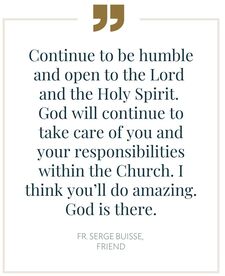
The formative seminary years
Fr. Santiago spent his first two seminary years at Mount Angel Seminary in Oregon, USA where one third of the seminarians were Latino. “I was able to make really good friends and feel at home,” said Fr. Santiago. “I began to feel this was right, that it was what God wanted me to do. That continued to be the feeling year after year.” He completed the next six years of training in Edmonton at St. Joseph’s Seminary. During this time fellow seminarian Serge Buisse became a close friend. They spent a lot of time together, studying, playing sports, confiding in one another. Fr. Serge was ordained last July for the St. Boniface Archdiocese in Winnipeg. He now pastors the francophone parish of St. Joachim in La Broquerie, Manitoba. He describes Fr. Santiago as down-to-earth, joyfilled, friendly and warm. “He was always a gift in so far as his desire to grow,” said Fr. Serge “He is very human. I thank God He sent me someone like him; his capacity to be real, to be authentic and we supported each other in almost every aspect of life.”
A note from the Diocese of Calgary:
Thank you to all ministers, volunteers, and staff who helped prepare for the Ordination! Special thanks to St. Mary's Cathedral parish staff, Catholic Women's League & Serra Club Calgary for organizing the reception, St. John Choir Schola, St. Francis Xavier Chaplaincy, Calgary seminarians, photographers Yuan Wang (SFXC) & Victor Panlilio (Canadian Martyr's Parish), livestreamer Rikki Sabater (St. Anthony's Parish) & team, videographers Annie Chirka (St. Peter's Parish) & team.
 St. Benedict of Nursia St. Benedict of Nursia I was recently asked what is an ‘Oblate of St. Benedict’ and what does this entail for an ordinary lay person? Oblates of St. Benedict are Christians, lay or ordained, who, committed to the living of their faith and while continuing to live their own state in life, desire to make their own the values expressed by Benedictine monastic life. Core to Benedictine spirituality are a balance of prayer and work, loving relationships with others, and active participation in the sacramental life of the church. In our Diocese, we have active groups of Oblates in Calgary and Medicine Hat who for 30 years have been spiritually associated with Mount Angel Abbey in St. Benedict, Oregon. Ron Kaczmar is one such Oblate and his story of encountering Benedictine Spirituality is featured below. Discovering the Benedictine Spirituality by Ron Kazsmar One evening about 10 years ago following a Knights of Columbus meeting I mentioned to my colleague Len that something was lacking in my spiritual life. He asked whether I had ever considered becoming a Benedictine Oblate. I had no idea of what he was talking about! As Providence would have it, the Calgary Oblates had begun holding their monthly gatherings at my home parish of St. Albert the Great two months earlier. At Len’s prompting I decided to come to the next meeting. Two things stood out for me that night. The first was the level of hospitality and fraternalism, imbued with a sense of reverence not unlike that exhibited by my brother Knights. I immediately felt at home. I would go on to learn that hospitality is one of the key characteristics of Benedictine spirituality because, as St. Benedict states in his Rule, “All guests who present themselves are to be welcomed as Christ.” This aligned very closely with my own lived experience in the home of my family of origin. I cannot recall a time that we did not have someone living with us as guests of my parents. Some stayed for a relatively short time while another stayed more than five years. I did not realize it at the time, but my parents were living Benedictine spirituality. The second thing that stood out was the virtue of moderation. The ‘reading at table’ that night pertained to moderation, and I learned that Benedictines are required to exercise moderation in everything including “moderation in moderation.” I now try to apply this virtue in the way I eat and drink, as well as moderating my many vices, especially pride. Ultimately this leads to learning to live with less and trusting that God will provide us with what we need rather than with what we want. As I became more familiar with The Rule of St. Benedict, the monastic virtues of Obedience and Humility became friends to embrace rather than enemies to be avoided. These virtues are the best remedy to the poison of pride and help us properly to ‘fear the Lord.’ Thanks for leading me to these lessons, Len. Submitted by Mark Richard, Oblates of St. Benedict members in Calgary. Mark lives in Calgary with his wife Patricia. He is an active member of St. Michael Catholic Community and involved in faith formation, outreach programs, and providing spiritual direction. Mark has been a Benedictine Oblate since 2009.
For converts, the journey on the road to Roman Catholicism is as varied as their individual personalities and experiences. My journey was a rather circuitous route, due in part to a neurological disorder – but I’m getting ahead of myself. Our three children are now adults, but when our youngest was just starting school, she began displaying sudden twitches and jerky movements which seemed out of her control. Our initial concern soon turned to alarm as the movements became more pronounced, and as she also began making odd sounds as well. We checked with our family doctor, who referred us to a pediatric psychiatrist over the Christmas break. After a lot of listening and observing, he gave us his diagnosis: Tourette Syndrome. In some ways it was a comfort to have a name for the condition, but we also felt anxious about what the future might hold. My husband and I read everything we could get our hands on about Tourette Syndrome and found out that most people learn to cope with this neurological disorder, though it isn’t an easy condition to live with. We also learned that the involuntary movements and sounds are called motor tics and vocal tics. School became a nightmare for our daughter. She felt humiliated, confused, sad and, most of all, concerned about “disturbing” the other students with her frequent vocal and motor tics. Finally, we made the decision to homeschool her, in an attempt to salvage our collective sanity. I quit my teaching job. 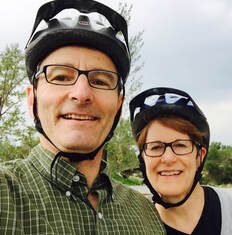 Laura & Bill Locke Laura & Bill Locke I’ve noticed that, from my childhood, when faced with distressing experiences I seek solace in books. This was no exception. As we launched into the new experience of homeschooling, I buried myself in my spare time in the works of authors I have long loved, including C. S. Lewis. One line from Lewis’ book The Problem of Pain had a profound impact on me: “Pain removes the veil. It plants the flag of truth within the fortress of a rebel soul.” As I sat one day at our dining room table, reading and absorbing those words with my twitching, barking daughter beside me working on her math lesson, it did indeed feel as if a veil was being ripped off my old perceptions of myself, of God, and of the world. I knew I needed to go deeper and find a better way to cope with this new reality. C. S. Lewis led me to one of his favorite authors, G. K. Chesterton, whose books I ate up with an eagerness that my husband found rather baffling. Fascinated by Chesterton’s conversion to Catholicism, I then started reading the works of other notable converts – Cardinal John Henry Newman, Dorothy Day, Thomas Merton, and Scott Hahn. My concept of our relationship with God was challenged by their insights. I grew up in the United Church, and my husband and I attended Protestant Churches with our children during the early years of our marriage. But after reading the stories of famous converts to Catholicism I felt drawn, like a magnet, to a little Catholic church in our neighborhood. I had never been inside, even though we had lived just two blocks away for almost twenty years. My husband decided to join me, and as we entered the church building together one Sunday, as Mass was about to begin, we had absolutely no idea what to expect. At first it felt very foreign, but we kept attending. Before long, we found ourselves signed up for a Rite of Christian Initiation for Adults course (RCIA), with a group of other spiritual explorers. We were increasingly captivated by what we heard every Tuesday night at the RCIA class. In the Catholic Church we found people who were unafraid to gaze on Christ’s suffering, and as I followed their gaze, I was confronted with a love that shook me to the core. I felt like I finally understood Chesterton’s astute comment: “The Catholic church is bigger on the inside than it is on the outside.”
As the highly anticipated "Restoring the Feminine Heart" Women's Conference approaches (May 26-27), the Beloved Daughters Ministry team shares with Faithfully about their event and the ministry's mission. Read on to discover what this exciting conference has in store. Beloved Daughters For those who have never heard of the Beloved Daughters Ministry, it's a lay-run women's ministry established in 2020 to support women at every stage of life as they rediscover their identity as beloved daughters of God. Initially created to host annual women's conferences within the Diocese of Calgary, the ministry adapted to an online presence due to the COVID-19 pandemic. Through social media platforms, they share blog posts (written by many local women), weekly Sunday reflections, and host Advent and Lenten mini-retreats at various parishes. The ministry offers connection, relatability, and encouragement to women, helping them stay rooted in the truths of their identity in God. “Restoring the Feminine Heart” The ministry conference team, guided by prayer and discernment, has carefully chosen the perfect topic and speakers for this inaugural event. With the theme “Restoring the Feminine Heart”, they are eager to delve into the true identity and unique gifts that women possess. "We hope to be able to provide the beginnings of restoration and healing to women who have experienced wounds in these areas, especially where in today’s society there is much confusion and distortion regarding the identity of the individual." said Rikka, one of the founders of the Beloved Daughter Ministry. The team also hope to shed light on God’s thoughtful design in creating humans male and female in His image and likeness, as well as the gift that we are to each other. Women going to the conference will be examining how pressures from society, others, and even themselves, have hindered the ability to live out their truest identity. They will unpack how they can freely live out of the giftedness of our femininity. Jake & Heather Khym The team is beyond excited to welcome guest speakers Heather Khym (most commonly known as a co-host on the Abiding Together Podcast) and Jake Khym (Registered Psychologist and co-host of the Restore the Glory Podcast). Jake and Heather Khym are a married Catholic couple from Abbotsford, BC. They are the founders of Life Restoration Ministries. Their ministry is devoted to creating opportunities for Jesus to encounter people, empowering disciples to deepen their faith. They achieve this through evangelization and formation focused on unlocking the heart. On their podcasts, Jake and Heather regularly share personal stories of their own journey towards healing and restoration with great vulnerability. When asked why Jake & Heather Khym for their first women’s conference, Rikka revealed, “The three of us first heard Jake Khym speak at Rise up 2014 in Calgary and his message blew us away. He spoke into each of our hearts differently, but prominently.” The launch of the all-female Abiding Together Podcast, featuring Heather Khym, piqued the team's interest even more. One of their team members found great healing through listening to the Restore the Glory Podcast, hosted by Jake Khym (a registered counselor), and Dr. Bob Schuchts (a registered psychologist). “In listening to the honesty and relatability in which they share their experiences, combined with their professional and ministerial background, we immediately knew that having them speak at this conference would be just what was needed to create an environment of hope and healing for the attendees at our conference.” "We believe that Jake and Heather can beautifully demonstrate the harmony and unity that can exist within relationships as we each journey towards wholeness."
A Pentecost Gift Mothers, daughters, grandmothers, granddaughters, aunts, nieces, sisters, and girl-friends! If you are a woman over the age of 18 then there is a place for you at this conference! Nursing infants, and female adolescents 14 years and older coming with their mother or guardian, are also welcome. Maria added, “This conference is sure to be an enriching and impactful weekend filled with connection, rest and restoration. You can look forward to being amongst a community of lovely women gathering, learning and praying together!” It is truly a gift for our Diocese to have this conference offered in Calgary, and especially on the weekend of Pentecost. The Holy Spirit will be present and ready to shower the women in attendance with an abundance of graces!
Dear Brothers and Sisters in Christ,
In preparation for the upcoming provincial election, the Catholic Bishops of Alberta wish to encourage all members of the Church to engage in the electoral process. By means of this letter, we offer to our Catholic faithful a reminder of important principles and concerns, which stem from the social doctrine of the Church, to guide the discernment of choices that accord with the Gospel’s vision for the right ordering of society.
Please join with us in prayer for those elected to public office. They are assuming a heavy responsibility, often at great personal sacrifice. May they be granted the strength and wisdom to govern in accord with the precept of charity in service of the life and well-being of everyone. Yours sincerely in Christ, Catholic Bishops of Alberta Most Reverend Richard W. Smith, Archbishop of Edmonton Most Reverend William McGrattan, Bishop of Calgary Most Reverend Gary Franken, Bishop of St. Paul Most Reverend Gerard Pettipas CSsR, Archbishop of Grouard-McLennan Most Reverend David Motiuk, Bishop of the Ukrainian Eparchy of Edmonton On Sunday, Feb. 26, 2023 the whole community gathered to witness something truly special: a joyous Rite of Election that welcomed 170 catechumens into St Mary's Cathedral as members of the Elect! This event marked the culmination of their profound spiritual journey and preparation for receiving Initiation Sacraments at Easter Vigil.
The Bishop also calls to the Godparents, urging them to accept the responsibility entrusted to them in the Lord. He asks them to show their support and love for the chosen individuals by providing guidance and instruction so that they may partake in God's sacraments.
Let us pray to the Lord for all the Elect and for ourselves, that we may be renewed by one another’s efforts and together come to share the joys of Easter. “It started when a friend of mine told me about a backpack program for human trafficking survivors in Florida.” shared Kristin Fahlman, a parishioner of St. Michael's in Calgary, “I thought it was interesting, but didn't think about it again for several years.” It wasn’t until that one fateful evening when she attended a movie screening organized by the Catholic Women’s League at her church. It wasn't just any film; "Over 18" documents society's damage caused by pornography industries across North America and beyond. “On the way to the screening, God reminded me of the backpack program in Florida. And that I should start a similar program here in Calgary.” shared Kristin. After the movie screening, Kristin tried to speak to Paul Rubner, who had been invited as an expert local speaker at the time, but there were just too many people who wanted to do the same. So she went home, trying to put it out of her mind. But God persisted. Shortly after, Kristin was invited to a human trafficking workshop and, seemingly by divine intervention, her normally packed schedule was free. At the workshop, she again noticed Paul, who provided a presentation on the issue of human trafficking in the Calgary and Alberta context. She decided then that if he was available at the end of the workshop, this was the person she needed to speak with. "When I explained my idea, Paul was extremely enthusiastic and, as it turns out, he was the key person in Calgary who would know how to implement a distribution system for the backpacks. He suggested involving the Catholic Women's League, a group I had just recently joined." What followed was a series of meetings and brainstorming sessions between Kristin, a lawyer with a passion for social justice and deep compassion for a segment of society that very few people were aware of, and Paul, at the time a human trafficking investigator who had spent the last decade working with survivors of human trafficking and exploitation. Paul had an understanding of the needs and issues faced by survivors, along with the social agencies that sought to help them - but he knew there was more that could be done. All that was required was a group, or individuals, that had a realistic understanding of the issue that he could lend his experience and advocacy to. “God has lined it all up for us every step of the way," said Kristin. Paul added, “We want survivors of human trafficking to recognize the strength inside of them and to realize that they are loved and accepted right in this moment.” Long story short, IWIN - an acronym for 'I'm Worth It Now' - was born in 2019 with the support of the Catholic Women’s League (CWL). This program's mission is to make an impact on those who are often forgotten: survivors of sexual exploitation and domestic sex trafficking. And over three years later, the need for their ministry has only grown. Their services now extend to non-profit agencies in two provinces - with a vision to expand even further. “The idea was to provide a tangible way to show trafficking survivors in Calgary, the vast majority of whom were born and raised in Canada, that people care and ‘nice things’ didn’t always have to come with strings attached.” shared Paul, who at the time was actively working with survivors and many of the agencies offering services for them. “While IWIN doesn’t provide services directly, they provide backpacks containing essential items to the agencies that do. And given that these agencies are not-for-profit, every little bit of help they can receive means more resources they can devote to programming and helping their participants.” said Paul, adding, “One such agency in Calgary has received over $13,000 in ‘backpack support’ from IWIN in the past 2 1/2 years. The contents of the backpacks are items that the agency would have provided anyway, which means that those funds could be re-directed into other areas of the program.” IWIN also has partnerships with an agency in Edmonton and one in Saskatoon, who also exist to provide services to trafficked and exploited women, although the Calgary program is by far the largest. Survivors of human trafficking who received IWIN backpacks ware always filled with gratitude and appreciation for the kindness they had been shown. "This backpack meant more than just a bag full of clothes. It gave me hope there is still good in this world". "Thank-you so much for helping me to feel a bit more human and a bit more like I matter". "It was a really nice surprise when I wasn't expecting it and I feel like it's a great act of kindness and I'd love to take part in something like that one day. It's really nice to get something and to feel like you don't have to give anything in return." "This signifies that if one individual or organization believes in us, perhaps we can begin to contemplate having faith in ourselves." The success of the IWIN program is largely attributed to the commitment of multiple groups and organizations who are dedicated to helping them achieve their goals, with a large portion coming from the Catholic Women's League in Alberta and Saskatchewan. “Human trafficking can happen to any family in Canada and is happening mainly to Canadian citizens." Paul added. This National Human Trafficking Awareness Day, February 22, it's critical that we consider why 95% of the trafficking survivors found in Calgary are Canadian-born. Our sisters and daughters are not exempt from the reality of human trafficking – so, it's essential that our brothers and sons join us in finding a solution. Let us not forget to open up the conversation about human trafficking, despite how uncomfortable it may seem.
This St. Valentine’s Day, Jessica and Joseph Cyr celebrate a champagne wedding anniversary of sorts, with 14 years of marriage on the 14th. In that time, just as their family has grown to include five children, so has their extended family of faith. The ceremonial ‘passing of the beaver pelt’ from one newlywed couple to another is a seemingly silly tradition that the Cyrs started in their Calgary Catholic community shortly after they were married, and never imagined would still be going strong today. “I thought it would be fun to start a tradition within the Catholic community,” said Joseph Cyr. “I had the beaver hanging on my wall. It was unique to me, no one else had a homemade beaver pelt. I thought, ‘hey we can use that, and it’s something very Canadian, something that represents our heritage.’” At the time of publication, 48 couples, with more than 100 children combined, have written their names and wedding dates on the back of this storied beaver pelt. 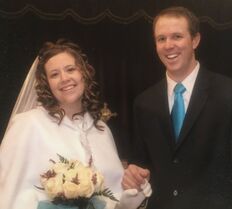 Jessica and Joseph Cyr Jessica and Joseph Cyr History of the Pelt Back when Joseph was in high school, he earned his trapping license and trapped a beaver in a creek near his hometown of Pincher Creek, Alberta. He proceeded to prepare the beaver’s pelt for mounting onto plywood. While he had hoped to continue pursuing this hobby, the beaver was the only animal he ever trapped. Shortly after he and Jessica married, Joseph hung the pelt in the living room of their first home, but as it happened Jessica did not exactly share Joseph’s taste in home decor. Joseph then had the idea to gift the pelt to another young couple; Jessica was very receptive to the notion and thus a tradition was born. The Cyrs presented it to Jared and Natalie Fehr at their wedding reception with the stipulation that they must display the pelt prominently in their home until the next Catholic couple involved with their young adult community married, at which point the ceremonial bestowing of the beaver pelt would continue.
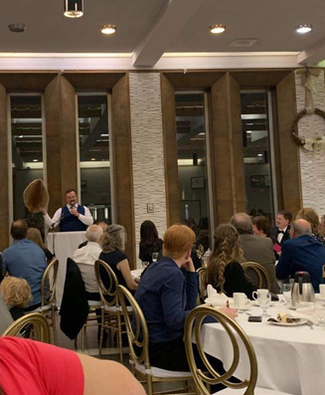 Adam Pittman presenting the Beaver pelt at the Toner's wedding. Adam Pittman presenting the Beaver pelt at the Toner's wedding. The beaver’s lodge Currently, the pelt is in the possession of Brian and Jennifer Toner. Per the directive, it is displayed above their living-room television in Cupertino, California – one hour South of San Francisco. Adam Pittman presented the pelt on behalf of the Catholic community at their wedding reception in November in Saskatoon. “For us, receiving the beaver pelt was a huge honour,” said Jennfier Toner. “It felt like our marriage was being uplifted by the prayers and thoughts of the whole group, whether we knew each couple or not. We also felt excited, because it is a delightfully ridiculous ‘gift and re-gift ' process that we now get to partake in,” Toner added.
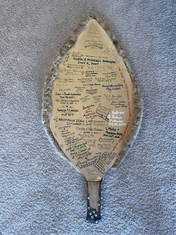 The Beaver Pelt (2023) The Beaver Pelt (2023) A silly or serious tradition? In his own way, Fr. Cristino Bouvette feels very much part of the beaver pelt tradition. He has celebrated the weddings of at least half of the couples associated with the beaver pelt, and witnessed time and again the passing on of the pelt at wedding receptions. “It is clearly a silly tradition, but not merely a silly tradition. It is also a sign of married life being one of openness to the wider community. People marry for the sake of expanding the community of believers, expanding the community of the world,” said Fr. Bouvette. “In receiving this memento, albeit tacky, it’s a sign of belonging to a wider community outside of your married life, which is a very important testament to the mystery of marriage. You give yourself to the other for the sake of the other, and then in that one flesh union that opens up to all others,” Fr. Bouvette added. “It’s such a great sign to me of our ever-expanding faith community.”
Take a half hour break and watch Salt & Light Media’s documentary on Madonna House, a community of about 200 lay men, women, and priests who have dedicated themselves to Christ by living out promises of poverty, chastity, and obedience. Witness their joy and be inspired to find that same joy in Christ where you have been called to serve Christ in your ordinary life. >> Watch video now
On 8 February 2023, the Canadian Conference of Catholic Bishops issued the following four pastoral letters on reconciliation with Indigenous Peoples. Intended as a framework for local engagement with Indigenous Peoples, the letters are the fruit of many months of listening, encounter, and dialogue with them, including through Listening Circles, the Indigenous Delegation to the Vatican in April 2022, and Pope Francis’ Apostolic Voyage to Canada in July of the same year.
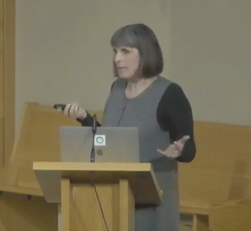 Dr. Peggy Thomson-Gibson Dr. Peggy Thomson-Gibson
Canadian Catholics who want a more fulsome public discussion of the law regarding medically-assisted death are being called to use their faith to move a legislative mountain. But take heart. The first item on the change agenda involves something as simple–and important–as writing letters to your Member of Parliament and key government ministers, says Dr. Peggy Thomson-Gibson.
The catch? With people’s lives at stake, there’s no time to lose. A Catholic and Calgary physician, Dr. Thomson-Gibson recently addressed MAiD (Medical Assistance in Dying) at a special meeting held at St. Peter’s parish. There, the medical doctor encouraged Catholics to learn how “we can defend our faith without raising our voices.” To do that, Catholics need solid information about their faith–and about what’s at stake, especially with proposed changes to MAiD law, says Thomson-Gibson. The problem with MAID Approved in 2016, existing MAiD law allows Canadians to choose a medically-assisted death when their death is “reasonably foreseeable.” Health Canada recorded 7,595 MAiD deaths in 2020, up from 1,108 in 2016. For information about why the Church rejects euthanasia or assisted suicide, visit this page. Looking ahead, the number of MAiD deaths to date are a fraction of what was expected had proposed amendments come into effect this March. The now-delayed changes expanded MAiD’s accessibility while simultaneously decreasing oversight, says Dr. Thomson-Gibson. Of primary concern was a change that allowed people with mental illness as their sole criterion to choose a medically-assisted death. People with a severe long-term condition or disability could also access MAiD, opening the door for medically-assisted death to be offered instead of treatment. Opponents say this confuses the notion of a “right” to die with a “duty” to choose death over treatment. This is especially troublesome in a public health system where disabled or mentally-unwell individuals could be made to think they are a financial burden on their families or society. Information released in 2022 shows the proposed changes also cut a mandated reflection period for those whose death is “reasonably foreseeable” under current law. Instead of a 10-day period, the changes required a single day. Another change drops the legal requirement for two witnesses to one and the sole witness could be a paid health professional. These amendments were scheduled to come into effect in March 2023. They were delayed in late 2022, and again last week. This provides more time for study and input. That timeline underscores the opportunity for faith-based outreach, like letters to the Prime Minister and individual Members of Parliament, says Thomson-Gibson. She suggests letter writers model respect in their letters and conversations about MAiD. Catholics looking for more guidance about how “to shed light, not heat” on hot-button topics should check out information from Catholic Voices Canada (https://catholicvoices.ca), adds the doctor.
The World Day of the Sick is celebrated each year on February 11, the liturgical memorial of Our Lady of Lourdes. It is an occasion to pray for individuals who are suffering, and to find concrete ways to draw nearer to them. The Holy Father's 2023 message is entitled: "Take care of him - Compassion as a synodal exercise of healing". In light of the Church's synodal journey, Pope Francis invites us "to reflect on the fact that it is precisely through the experience of fragility and illness that we can learn to walk together according to God's style of closeness, compassion and tenderness."
Pastoral suggestions for the World Day for the Sick (Feb. 11, 2023) for parishes and all the faithful:
Resources for World Day for the Sick:
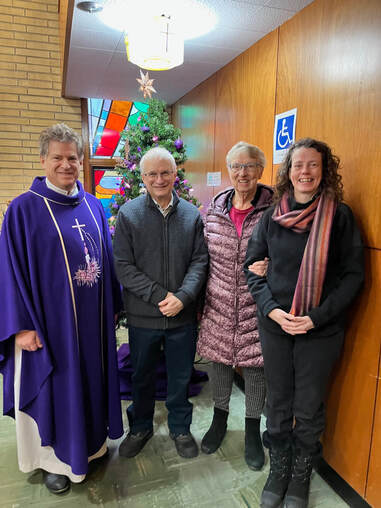 L to R: Fr. Kevin Tumback (Pastor, All Saints Parish in Lethbridge), Jim Manzara, Esther Lambert, and Helen Manzara L to R: Fr. Kevin Tumback (Pastor, All Saints Parish in Lethbridge), Jim Manzara, Esther Lambert, and Helen Manzara This is supposed to be a Christmas party, but among the seated rows of female inmates women are sobbing quietly. As they cry, a sympathetic arm might be briefly placed around someone’s shoulder or a toilet roll passed from hand to hand to wipe up tears. On a bitterly cold night in December, I was privileged to attend the 2022 Christmas service at the Lethbridge Correctional Centre. Here I am witnessing the dichotomy of life in prison – isolation within community, loneliness with companionship, abandonment but also accompaniment. This is the essence of prison ministry. The Lethbridge Correctional Centre houses inmates serving sentences of less than two years. According to the Alberta Government website, it has a capacity of just under 400 persons. For the past six years the Centre’s coordinating chaplain has been Rev. Anna Braun, a Baptist Minister. During the Covid lockdown, Braun and a co-chaplain ministered to the prison population on their own, (a time Braun discovered to be surprisingly meaningful). However, now that restrictions are lifted, ministry volunteers from several area churches are once again active within the prison community. Among them is a Catholic group, Friends of the Lethbridge Correctional Centre, presently led by Jim and Helen Manzara from All Saints Parish. They are supported by other volunteers from both Lethbridge parishes. These stalwarts lead worship services once a month and rosary prayer twice a week. In addition, Father Derek Remus hears confessions and participates in a program called Exploring Your Faith which is part teaching and Q&A. Once a year all the Christian denominations gather to present a Christmas Service which includes carol singing, an inspirational message, and treat bags for the inmates and staff alike. This service is unusual in that it includes the entire prison population unlike the weekly services at which attendance is voluntary. Visiting a jail can be daunting initially. I was asked to leave all personal possessions in a locker. After signing in and passing through a metal detector, I was escorted by a guard along wide hallways to a brightly-lit gymnasium. The gym had been gaily decorated earlier by some of the female inmates. There was even a Navajo themed crèche. For the first while volunteers formed an assembly line to fill paper bags with donated treats like foodstuff, stationery and (separately) coveted bars of Irish Spring soap! Each brown sack had been painstakingly decorated by an elementary school student. They displayed messages of hope, Scripture verses, and even corny jokes. Braun explained that the students knew who they were creating the bags for and put their hearts into the task. Once the bags were filled a small group of volunteers departed to bring music and treats to the segregated units. As the gym door closed behind them, a ripple of anticipation ran through the remaining volunteers. Musicians took their places and singers gathered around. Suddenly the gym door was unlocked and the first unit entered. Men dressed in blue jumpsuits or dark sweats, with ubiquitous orange plastic clogs clustered onto a section of bleachers. As carol singing commenced, I saw toes tapping, swaying to the beat and the occasional person singing along. One unit had a ‘choir’ who sang Silent Night beautifully. Appreciative applause followed every song. Then Braun rose to offer a few words, her familiarity with the prisoners immediately apparent. She spoke about Jesus being poor, homeless, misunderstood and rejected by his community. She reminded everyone that Jesus came to bring light for our world and that each of us can be a bearer of light too. She said, “If you think you can’t be a light in this place just stand in a dark cell and look at that thin strip of light under the door. See what an impact a little light can have.” To another group Braun quoted John 3:17, telling them that though the judicial system might have condemned them, Jesus did not. One of the most affecting moments came when Braun told a women’s unit, “When you think about the birth of Jesus, one little baby doesn’t seem significant. Until you have one, then you realize it’s everything.” It was immediately clear from the tearful reactions how many people were struck by the comparison. After her message, Braun led each group in a cheerful rendition of This Little Light of Mine and the inmates left smiling, expressing thanks for their gift bags and offering good wishes to all. The powerful message of Christmas seems to fade in the cold months which follow; perhaps more quickly in jail than elsewhere because residents are so isolated. All the more reason for Christians to heed Jesus’ words, “I was in prison and you came to visit me” (Matthew 25:36). Post-Covid there is a pressing need for more volunteers in prison ministry. I asked a couple of the current volunteers what they enjoy most about the work. Repeatedly I heard how thankful the prisoners were. “The happy faces”, Helen Manzara said. “They are not a captive audience but they are captivating in so many ways”, Esther Lambert said. Lambert went on to elaborate, “There are often of a mindset that they are not lovable, not worthy. When I explain that I come to see them because in them I see the face of God, their expressions turn me to tears. I know of no other group where I would experience that love and appreciation.” So as you make your 2023 resolutions, please consider becoming a “light in the darkness” and thereby finding Jesus among those who are imprisoned.
If we could imagine a few cowboys praising the Lord with country music and coming to Mass on horseback with their best hats, faith in Alberta could not be summed up with these clichés. (Although, they are true from time to time!). So who are the believers in Alberta? In the land of cowboys and mountains, God has also pitched his tent. Now let’s zoom in on the reality of believers in a part of Western Canada. Alberta is a "land of immigration", says Ambroise, who has been living in Calgary for a little over a year. Naturally, the young man, originally from France, was looking for a community to join when he arrived from Montreal. His goal was to find young people and a community that would connect him to his French heritage. "I haven't been able to find the best of both worlds - people my age with whom to practice my faith or with whom to talk to about religious topics. However, I have felt a bit at home since I think that speaking one's native language allows you to really connect with yourself and your identity." People "at Mass!" Ambroise attends the English-speaking young adult community of St. Francis Xavier Chaplaincy, as well as the only French-speaking parish in Calgary, Sainte-Famille. These two communities are not necessarily opposed to each other, but both offer their own richness and spiritual nourishment. However, "particularly linking oneself to a parish" remains complex. "St. Francis Xavier is quite typical of the relatively young English-speaking communities in North America - a kind of return to a certain root in the sense of a search for a connection to the “origins”, also quite intellectualized. It's a certain return to the roots where excess is removed.” "At Sainte-Famille, it's more family-oriented. Older. There are fewer young people. There is this balance with families and a lot of interculturality and involvement of multicultural people in the life of the parish. It facilitates the integration of newcomers! I think there's a nice welcome.” "Indeed, in the pews on Sundays, there are the Knights of Columbus, newcomers from the African community, French "expats", families from Quebec, seniors from Alberta’s French-speaking community who have been involved for 30 or 40 years and, in the midst of all these beautiful people, an Iraqi parish priest of more than ten years who belongs to the Chaldean Church. They are really beautiful people at Mass! What strikes Ambroise most in his experience of faith in the West? "Close-knit communities! For example, Sainte-Famille is a close-knit community mainly because it is a welcoming community for French-speaking Christians. In a desire to integrate, I think that as a newcomer, you have the desire to get involved.” He also had this impression of a "close" and tightly woven community during his visit to Lac Sainte-Anne, a well-known pilgrimage site where Pope Francis visited last summer. Parish atmosphere connected to local life The pastor of Sainte-Famille Parish, Monsignor Noël Farman, recently visited several classes in some French Catholic schools in Calgary to have discussions about the sacraments and faith. Some young people asked him about how one can get baptized. It was such a great opportunity to connect. In fact, it is the children from several classes who will be making the decorations for the major liturgical feasts at Sainte- Famille Parish again this year. This is something that does not occur in Quebec, but which seems to be lived organically in Alberta. In 2003, the Conseil de l'Education de la Foi Catholique (Council of the Education of the Catholic Faith amongst Francophones) chez les francophones de l'Alberta (CÉFFA) was born out of a need for "faith education among francophones". CÉFFA offers materials in French, resources to accompany the four French-language school boards in Alberta, and, above all, "a network of collaboration, exchange and training for those involved in the dioceses, school boards, schools and parishes". All of this "in a dynamic that complements the family, school and parish plans", as stated on their website. The Alberta church is also rolling up its sleeves to respond to the call of Pope Francis by going to the peripheries. For example, there are prayer vigils on Tuesday evenings at the L'Arche community in Calgary (and probably elsewhere). Elizabeth House, an initiative of the Sisters of Charity of St. Louis and the Diocese of Calgary since 1996, is a home for single mothers who are pregnant or have a baby and provides a space for living and rehabilitation. Catholic Christian Outreach (CCO) has a strong presence on Alberta university campuses, and the founding couple is originally from Alberta. In short, for many, faith echoes the spiritual and social needs of Alberta's territories and offers a venue for action and prayer. Urban Christians, rural Christians "I come from the area around St. Paul [two hours from Edmonton], where there is a fairly strong Francophone presence," explains Claudie-Anne, married with three children. The surrounding villages were all founded by priests who brought in French Canadians at the beginning of the last century. So the faith has shaped our countryside." Like many places in Canada, she senses a decline in Catholic religious practice. However, Alberta does not seem to be having a "quiet revolution." "The transmission of the faith has happened without any sudden interruption." As a result, the "vast majority" of people around her believe in God, whether they are Catholics or other Christian denominations. "I would say that the community’s faith is going to Mass on Sundays. And that's it. We have very few opportunities to share or nurture our faith. We still manage, but sometimes we feel alone as young people holding the dual Francophone-Catholic identity." In addition, she and her husband are involved in various parish services. "The rest of our faith life is spent as a family and as a couple." Landscapes in the heart The territory obviously marks the faith experience. The countryside or the city. French or English. The traditions or the modernity. There are so many differences that can separate as well as unite. It's all about the art of drawing from the right places and finding a little time to offer where the heart is called. Nature cannot be absent from this growing journey of faith. In front of these grandiose landscapes of nature, where lakes and mountains touch the sky, where the heart expands in front of so much space and majesty, the soul can only grow by criss-crossing new interior landscapes that are mysteriously revealed. It is almost as if one could see the Good Lord arriving on horseback, far away, leaping over the hills (Cf. 2:8) and into the valleys of green grass where small herds of cows graze quietly here and there, living their most beautiful life.
If you or someone you know is experiencing a mental health, suicide or substance use crisis or emotional distress, reach out to Alberta Mental Health Helpline 24/7 to 1.877.303.2642 or Access 24/7 at 780.424.2424 Dear October, For the past two years I’ve lost a loved one to suicide inside your month. There – I said it. It’s been a quiet grief. These have been difficult deaths to process and, not knowing what’s acceptable to say in public, I’ve kept mostly quiet out of respect for those who mourn. And yet, I am also mourning. My pain is real and it remains. Same too with the unanswered questions which linger, like debris that’s sunk to the bottom of the ocean – still there, but normally out of sight. Autumn has been unusually warm and charming this year. The golden leaves that glisten skyward in the hot sun. Jupiter hanging out at sundown next to the moon. It’s been hard to reconcile today’s beauty with yesteryear’s yearning for one more chance to show that it’s worth waiting for brighter days. This October, a new chance presented itself. My heart began to pound when I missed a call from my friend, a single male in his 30s. His profile resembling that of the ones I’ve lost to suicide. In haste, I dropped everything to call him back. Once the initial catch-up chit chat tapered, I expressed my concern and asked: “How are you doing?” 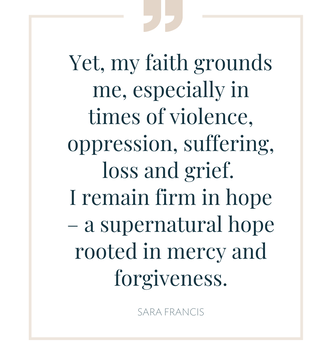 He said he feels fine for several weeks. Then for a week he can barely drag himself out of bed. The depression. The anxiety. This time of year is worse than the dead of winter, at least then he can skate and ski. The warmth and light of summer is exchanged for cooler, darker, shorter days. These destabilizing changes upset familiar routines. Autumn is the toughest time of year for him. I felt sincere gratitude that he put words to his pain. I was so thankful that he reached out. Because, if he hadn’t, I wouldn’t have known how he was feeling and I wouldn’t have known he needed support. Only God saves, however, I can be a source of support pointing toward the light. I want him to know what I wanted my cousin and friend to know, and what I want you to know too: You are loved. You are wanted. You are an irreplaceable gift. The world needs you. Your pain is not a burden. It unlocks compassion in this oftentimes cruel world. You are responsible for your wellness, but I want to be present to you. You are not alone. This too will pass. I’ll stand alongside you until it does. I love you. And God loves you more. October, my eyes used to be unaware of your underbelly. Until the shock. The agony. The confusion. The guilt. The anger. The reflection. The compassion. The remembrance. The magnitude of these feelings that were once foreign but have now become familiar. Lost innocence. No turning back. This is what it means to be human in relationship with other humans. Love has shattered my heart. Yet, my faith grounds me, especially in times of violence, oppression, suffering, loss and grief. I remain firm in hope – a supernatural hope rooted in mercy and forgiveness.
Perhaps you have gone through difficult times and received unhelpful but well-meaning comments. Maybe you just heard yourself say something that didn’t come across as well as you thought it would as you tried to console someone. Watch this video and learn some tips on knowing the right things to say as a personal mini sensitivity training.
Men from the God Squad and several Catholic churches in the Calgary Diocese recently came together to give an old church a facelift in Brocket, Alberta, located on the Piikani Nation between Fort Macleod and Pincher Creek. The work done at St. Paul’s was more than just some exterior painting and repairs. It was also symbolic. Deacon Tom O’Toole, who is assigned to St. Paul’s, said the parish is a community of elders and it doesn’t have all the resources within the Nation to handle some of these bigger projects. “We think it’s an opportunity in the spirit of truth and reconciliation to show the universality of the Church in its beauty and diversity,” said O’Toole, who has been at the parish for about six or seven years. “They did some of the harder work that we were not able to accomplish on our own but we gave them something too. “We paid them with our affection. We fed them. They brought their own food. But we participated in that. And our elders were here. It wasn’t just a simple act of splashing paint on a building. It rolled up into a bigger purpose which is to bring all God’s people together and show the beauty. These people who came from St. Peter’s, I’ve known them for a long time. So I’m not surprised how fantastic they are and a few of them have come to help before so they’re not a stranger here either. That to me is how relationship is built and how truth and reconciliation makes its way around the bases so to speak.” During his ministry as a Deacon, O’Toole has also been assigned in the past to St. Peter’s. Sean Lynn, who spearheads the God Squad organization, said about a dozen volunteers came out in late August to do some work on the aging St. Paul’s building. “It was a great opportunity for us to put into action a love for the Church and reach out to the First Nations’ community showing that we want to work with them, we want to start those conversations, we want to be present in their community. And the Church, it’s a way of reopening the dialogue with them,” explained Lynn. Lynn also wanted to give a big shout out to Dan Lebsack of Cougar Painting, who joined the work crew for the St. Paul’s initiative, offering his professional experience, advice and expertise as well as his painting skills. “They did great work. A great service that we all appreciate. I announced it in the church,” said Rev. Roy Jayamaha, of St. Paul’s. “We really appreciated their great efforts. It was a wonderful thing. They put their heart and soul and work for our community. It was a great thing. “We believe that the door to salvation is always open and so are the doors to our church. Our mission is to be fully devoted to Jesus by opening our arms to those in search of the truth. We show God’s love and concern for our fellow humanity at every opportunity. Through works of charity and opening our doors to listen and love, we feel that we are walking in the footsteps of Jesus Christ.” The God Squad, a Catholic men’s organization, whose vision through the guidance of St. Joseph, is to form and strengthen men, inspiring them to embrace God’s vocation in their lives. Other volunteers included people from St. Peter’s, Holy Spirit and St. James churches in Calgary as well as St. Mary’s in Brooks. Father Roy was originally from Sri Lanka and arrived in the Calgary Diocese in 2014 after having worked as a missionary in Pakistan for 38 years. Bishop Frederick Henry appointed him pastor of St. Paul’s in January 2016. “My prayer for this community is that together we will rediscover the joy of the Gospel, bringing many people back to church by our personal witness. The youth and children are our future and together we must strive to find new ways and means to share God’s love for creation. My faith tells me, it is the work of the Lord we are doing and He will guide our steps forward,” said Father Roy.
Feeling socially anxious? This video may help. Learn about the spotlight effect and see if this applies to you and your thoughts. If it does, calm down, walk into the room, and be yourself.
Our lifestyle and choices affect other people and the environment. We do not live in isolation even when we think that we are making private, personal, and individual acts or decisions that do not involve others. Our action and inaction have consequences on others and the world around us. As consumers in today’s world, it can be overwhelming to make purchasing decisions that have less of a negative impact on others and the environment, as it is not as simple as it seems. For example, not all recyclables are the same. Not everything labeled as “made from recyclable materials” is actually 100% made from recyclable materials as these materials degrade in quality over time. And just because it’s recyclable doesn’t mean it’s actually being recycled especially when these products do not make their way to the recycling facilities. Recycling materials also require so much energy to process that reusing might be a better alternative to recycling. Our heads spin… we can easily burn out and give up. In order to make good and responsible choices that support our lifestyle, it is beneficial to understand the concept of circular economy. Watch this six-minute video and learn to see beyond the products as you understand their life cycle and their impact on people and the environment. Consider this…
|
Author
Catholic Pastoral Centre Staff and Guest Writers Archives
July 2024
Categories
All
|
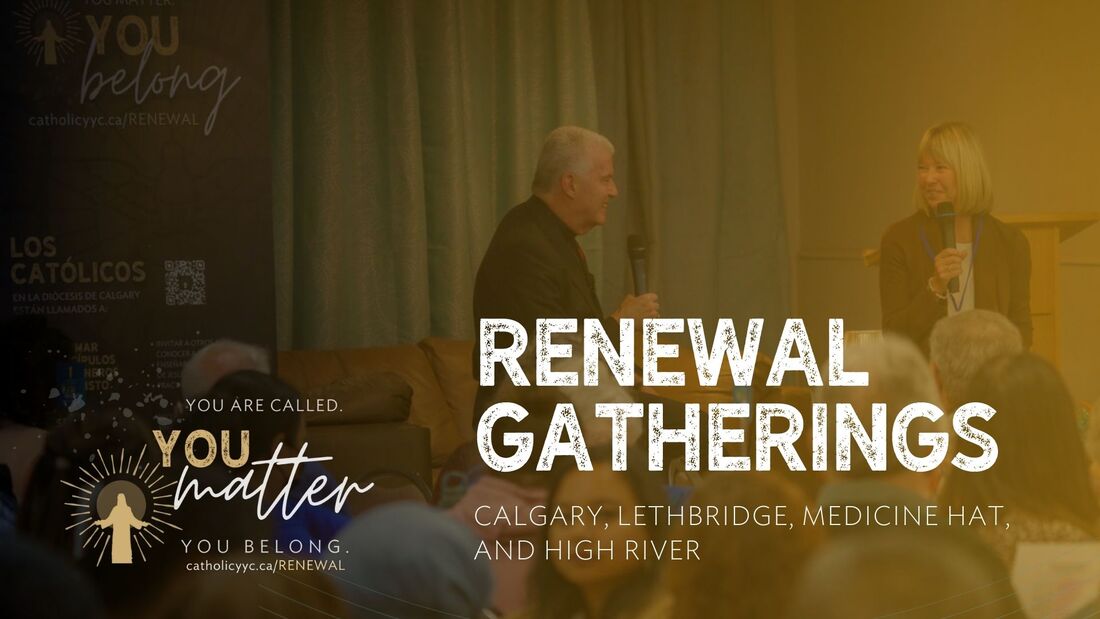
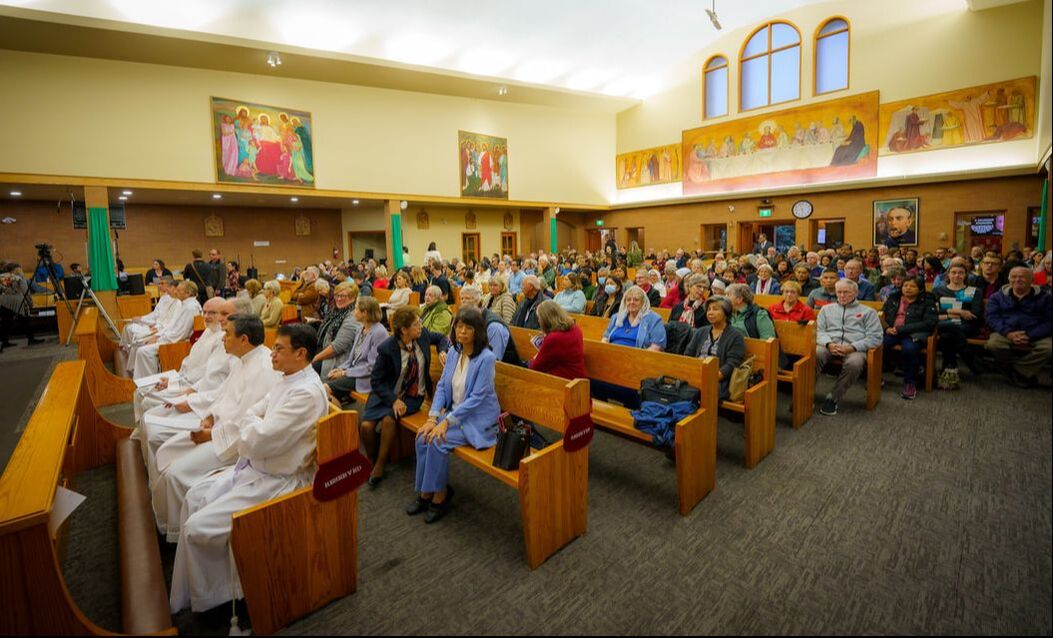
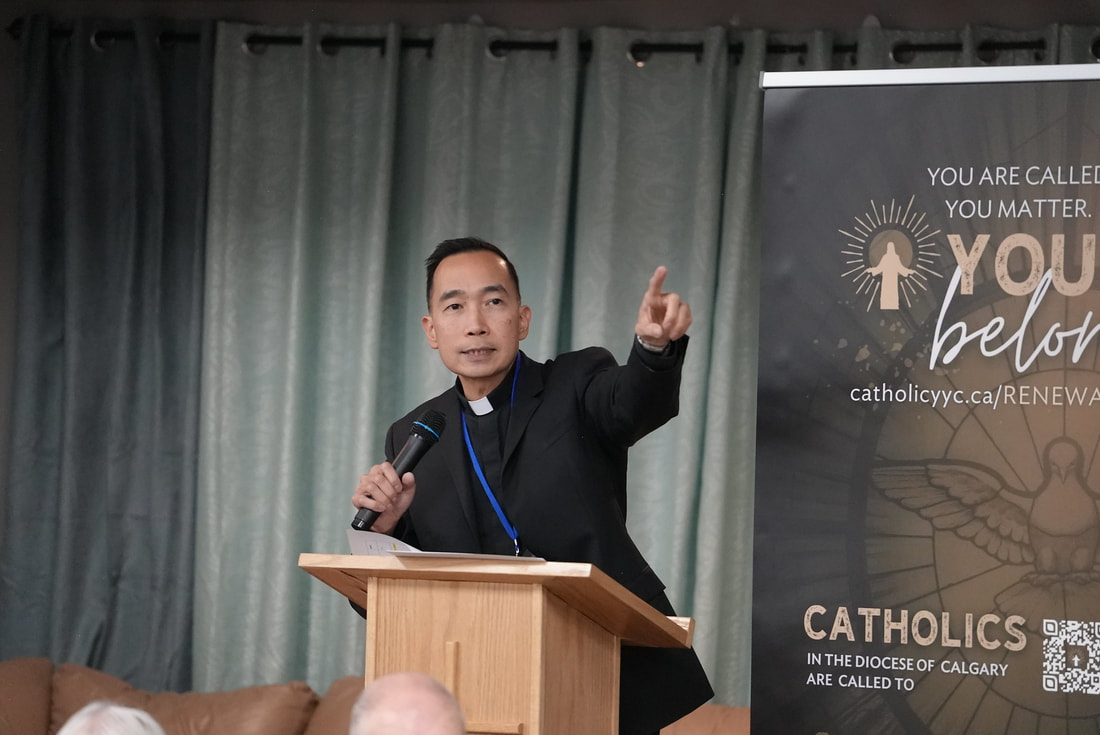
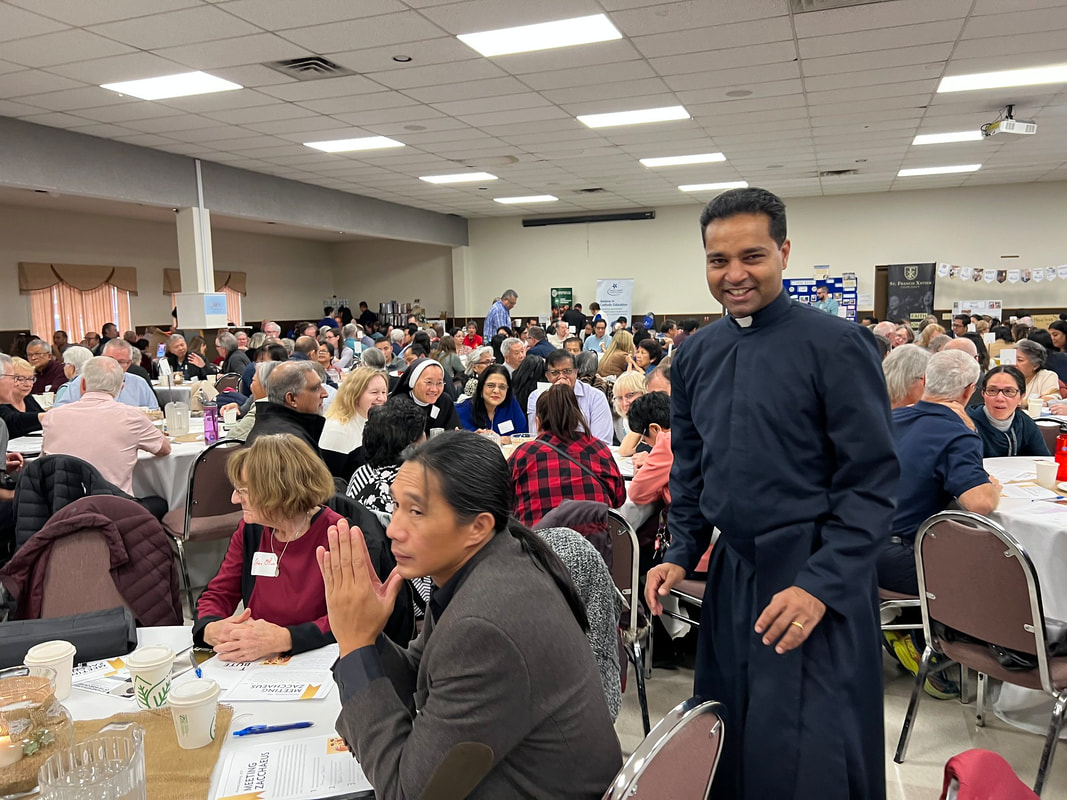
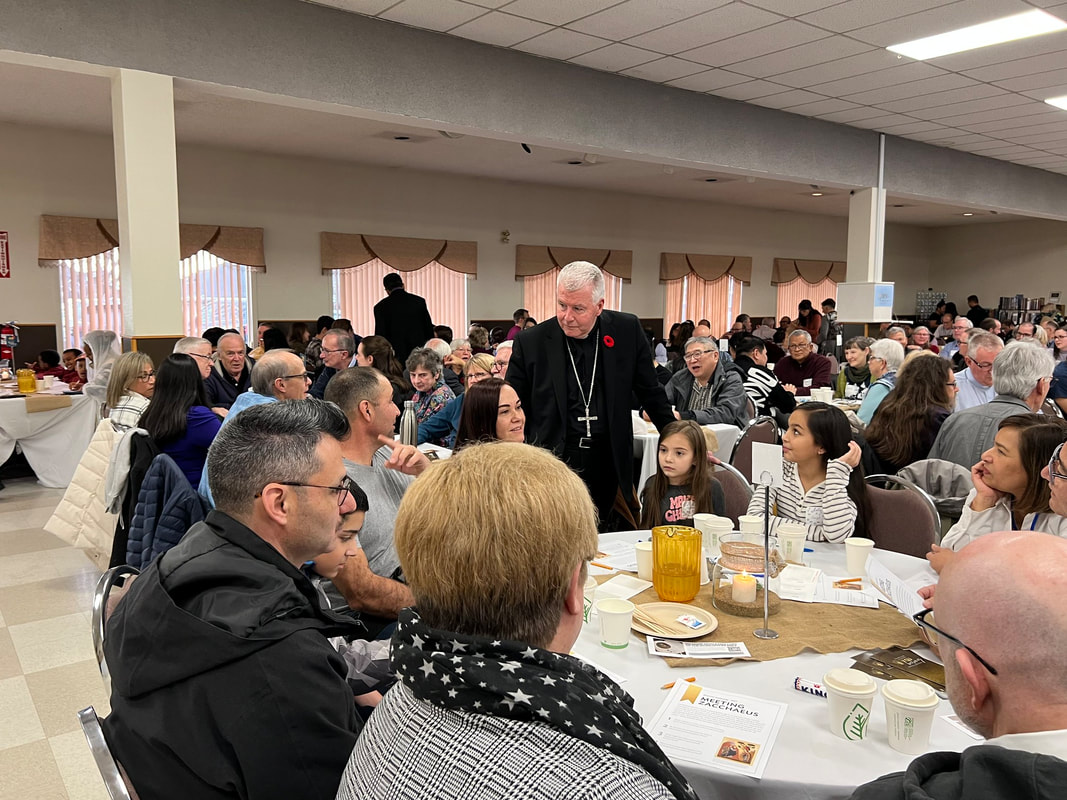
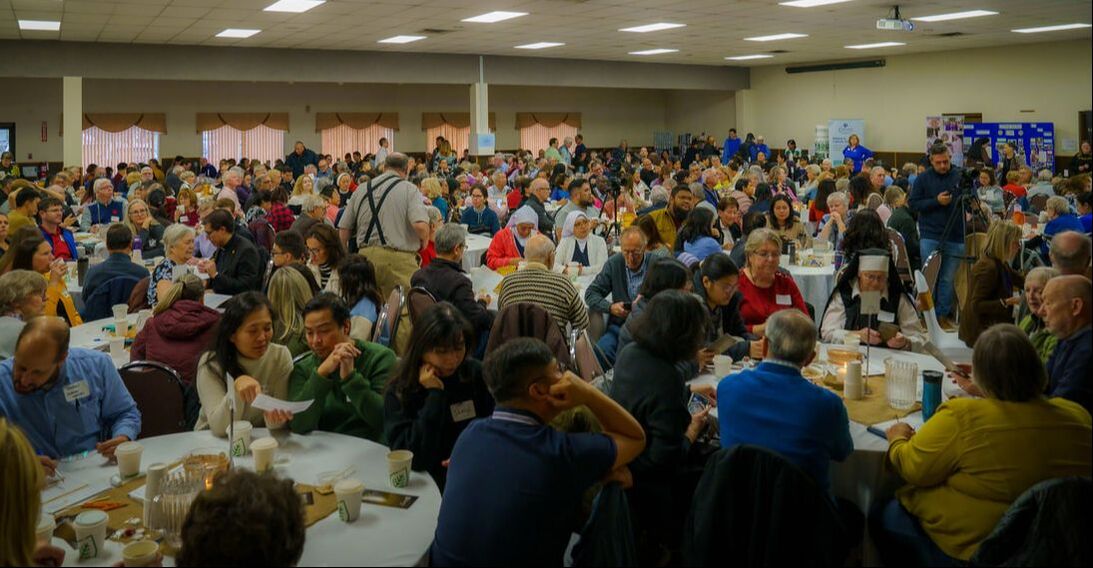
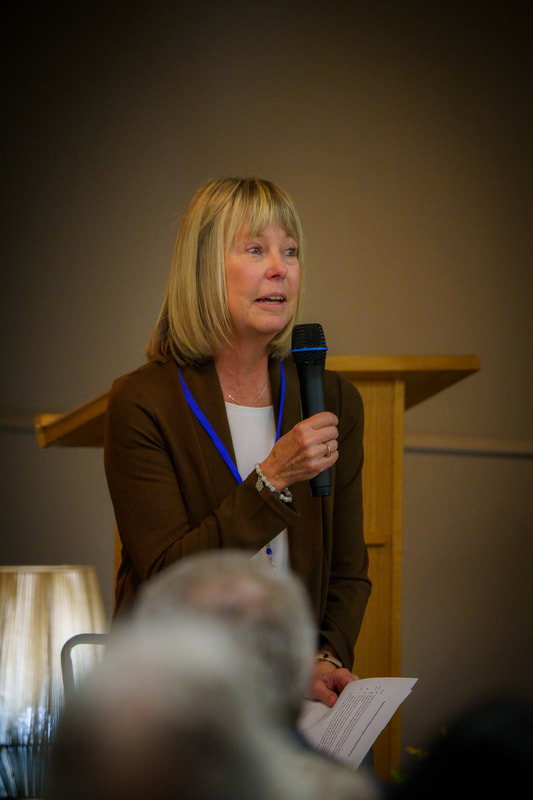
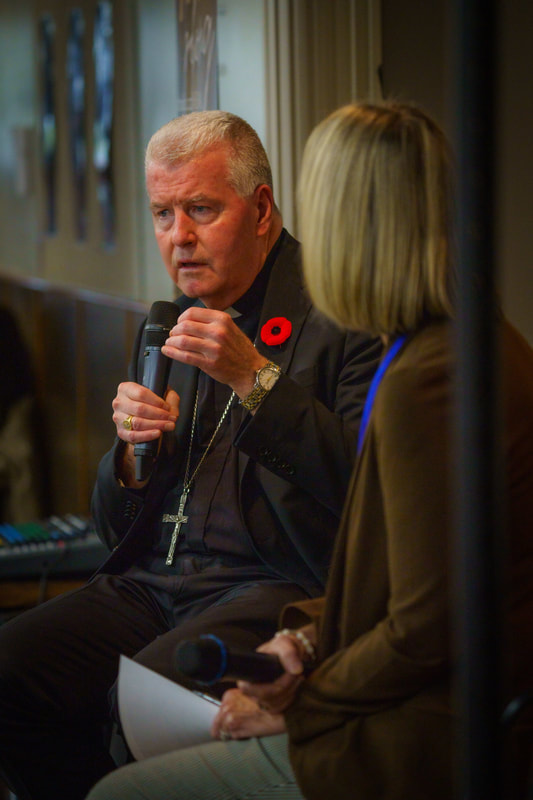
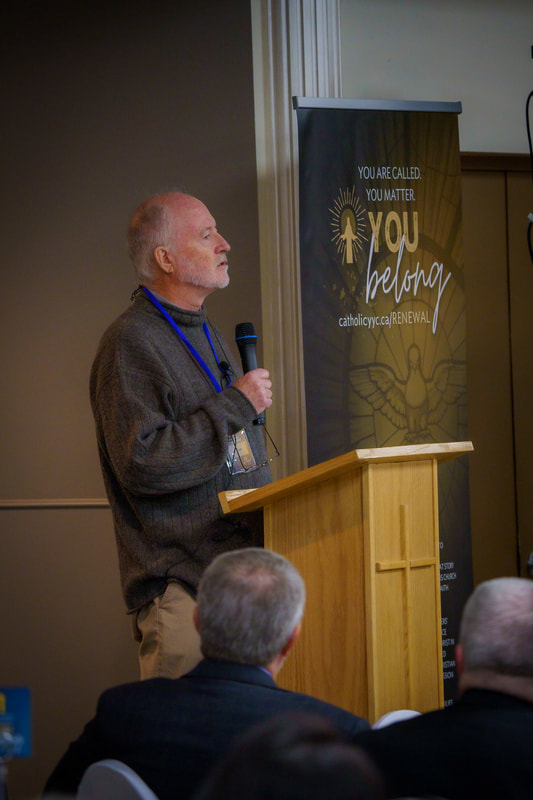
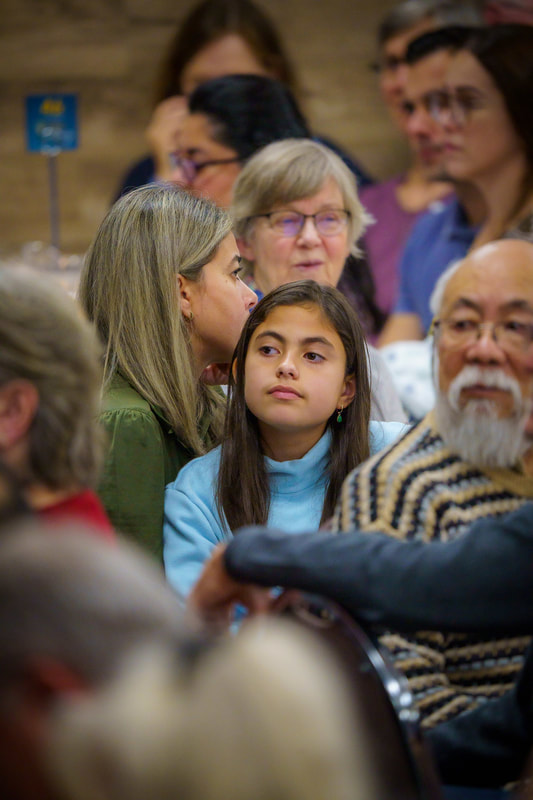
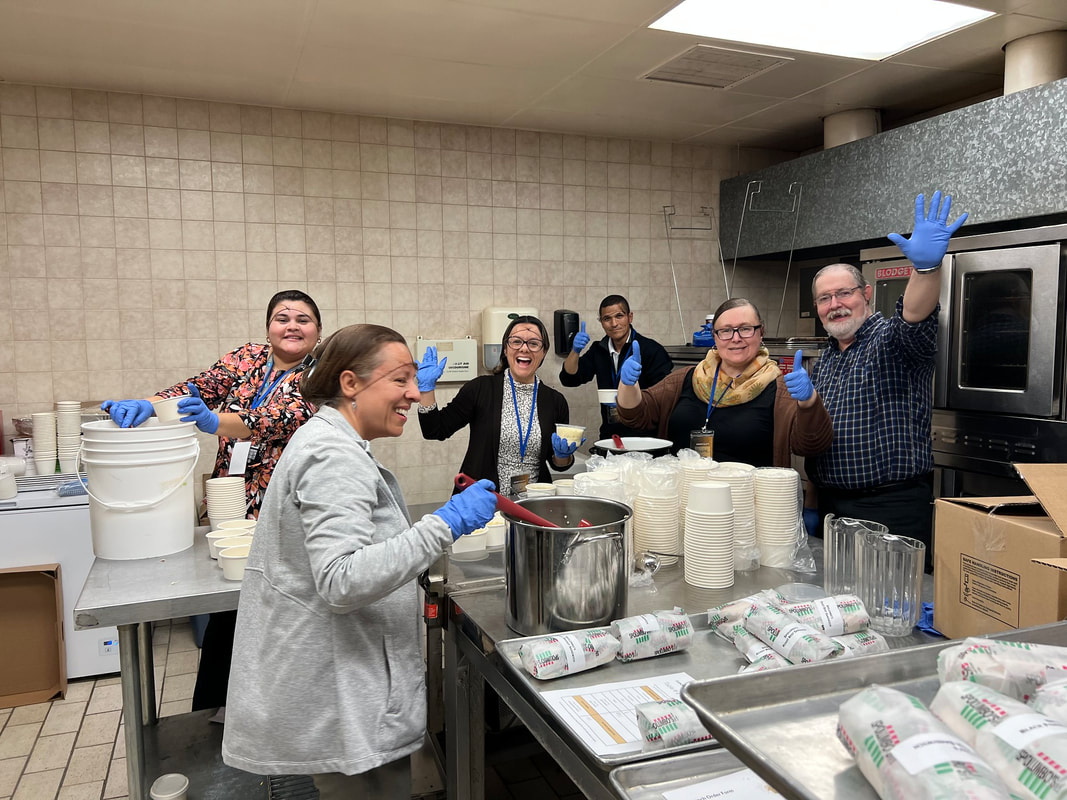
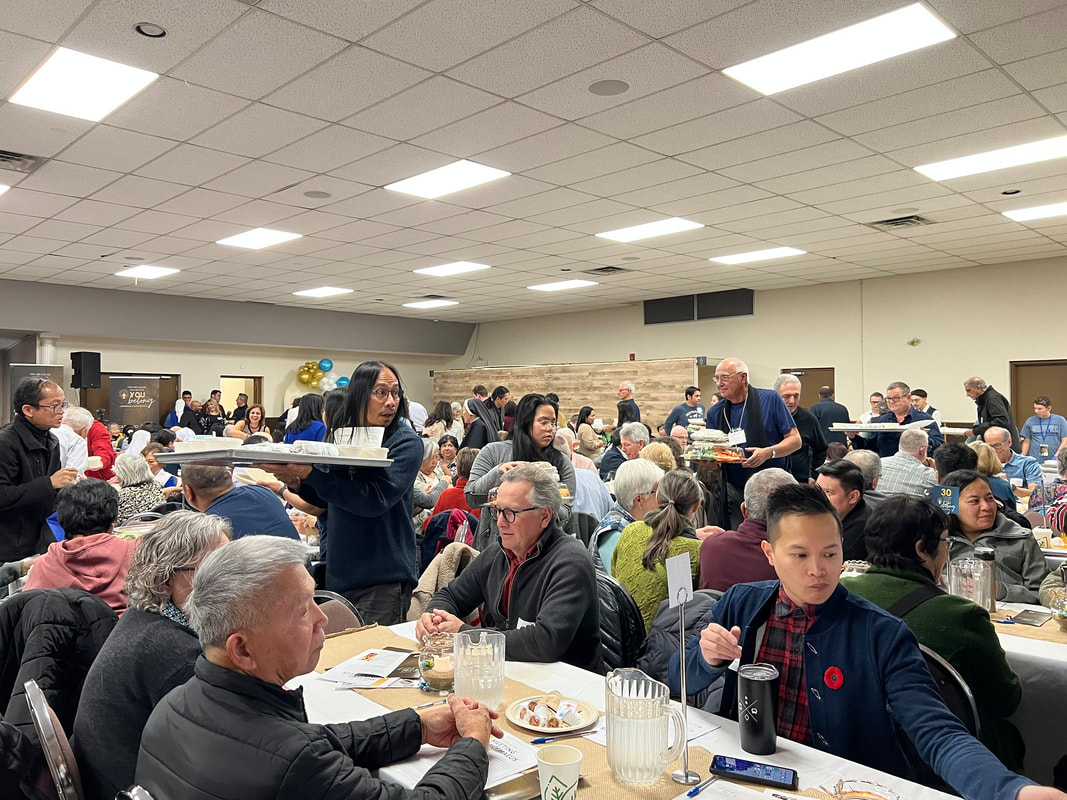
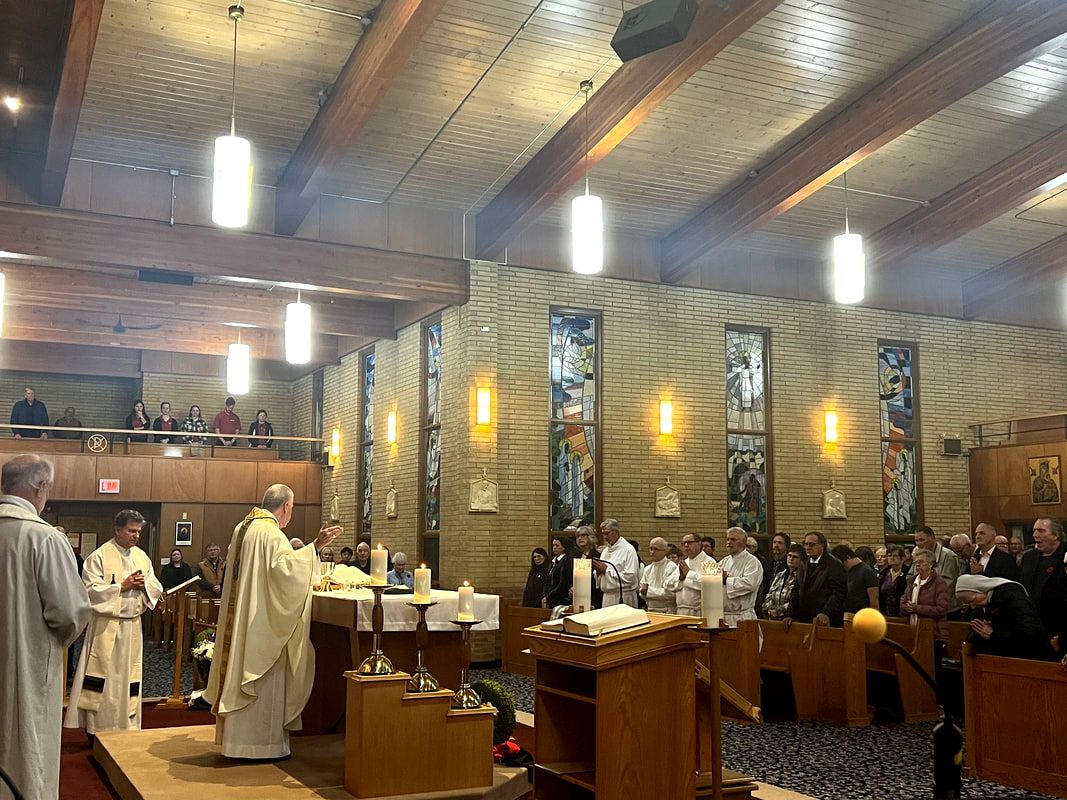
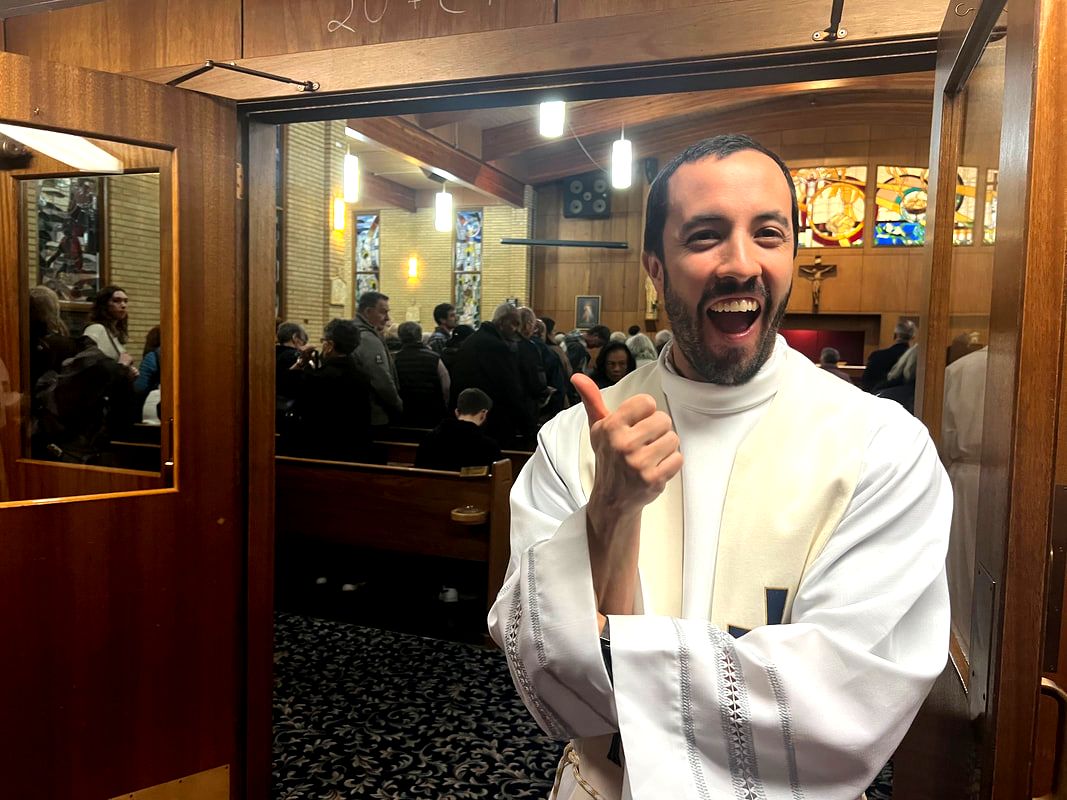
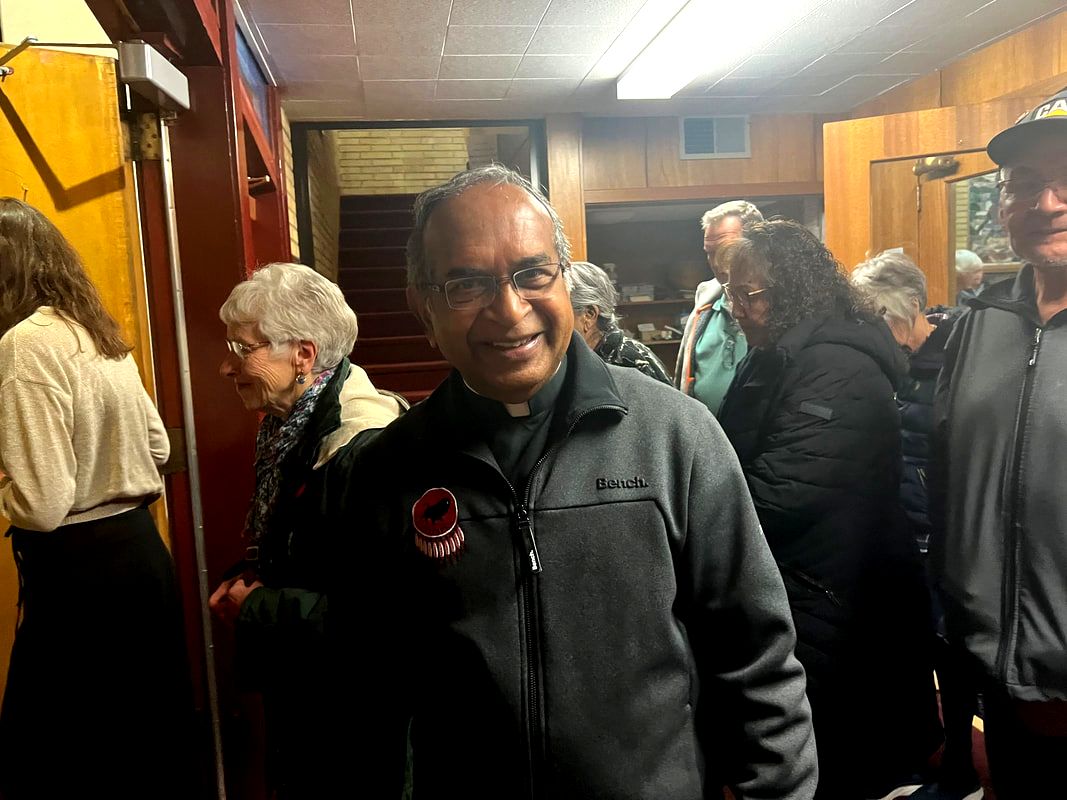
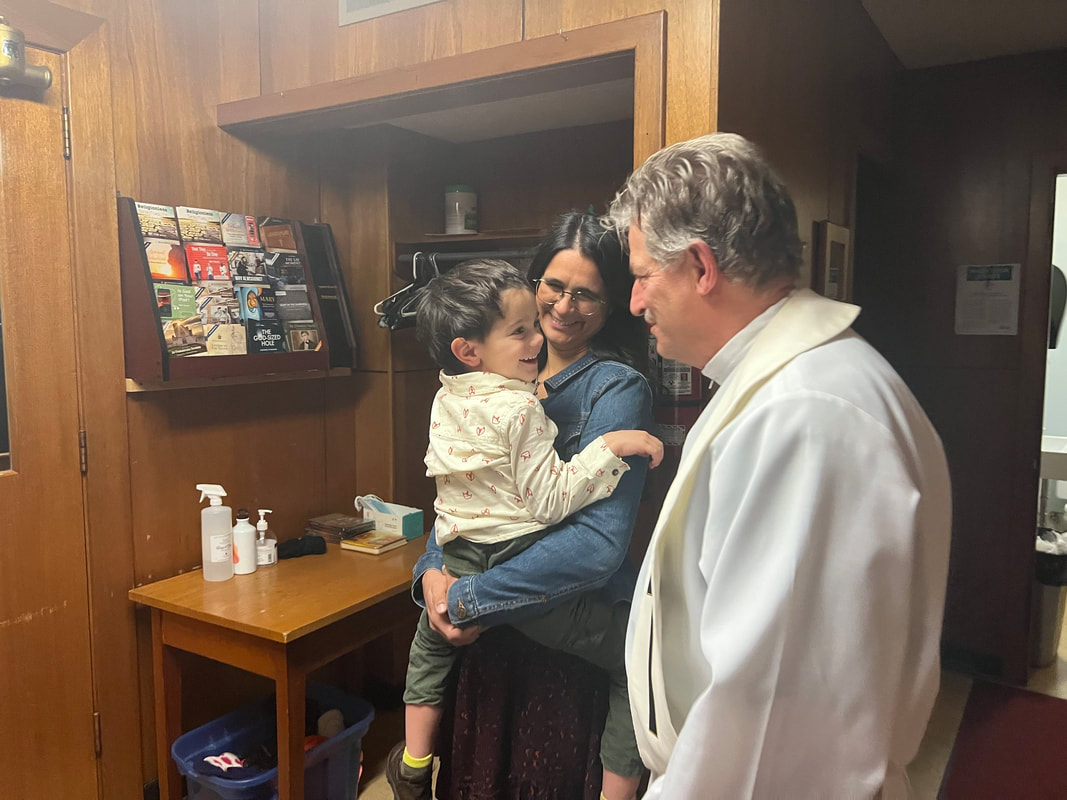
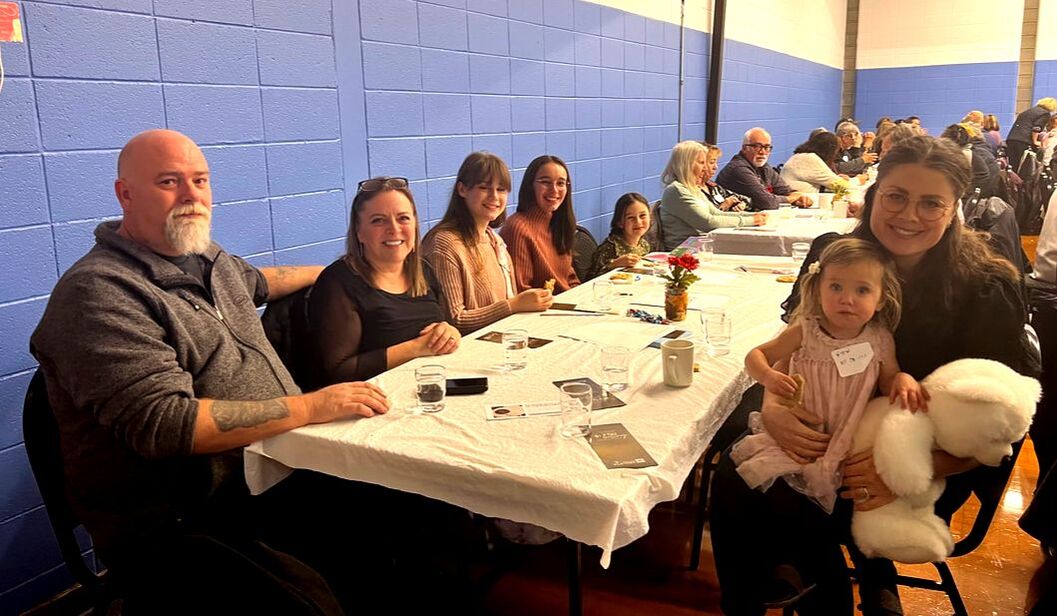
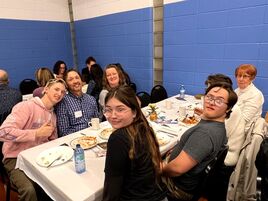
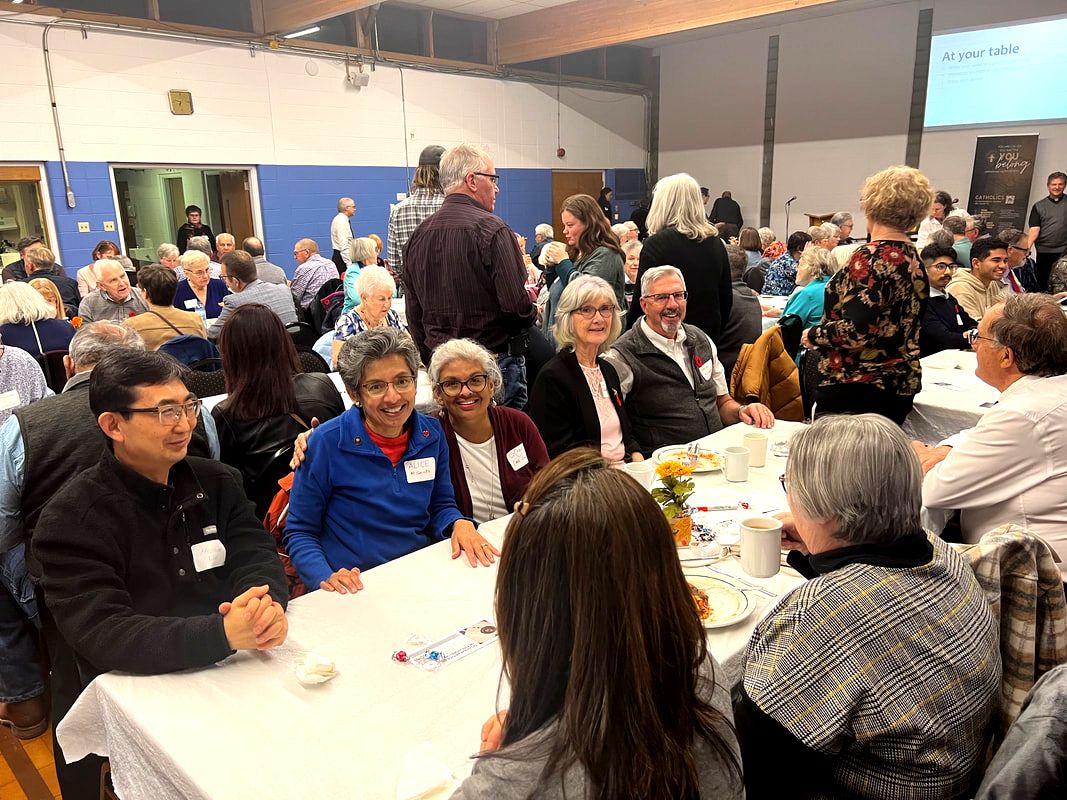
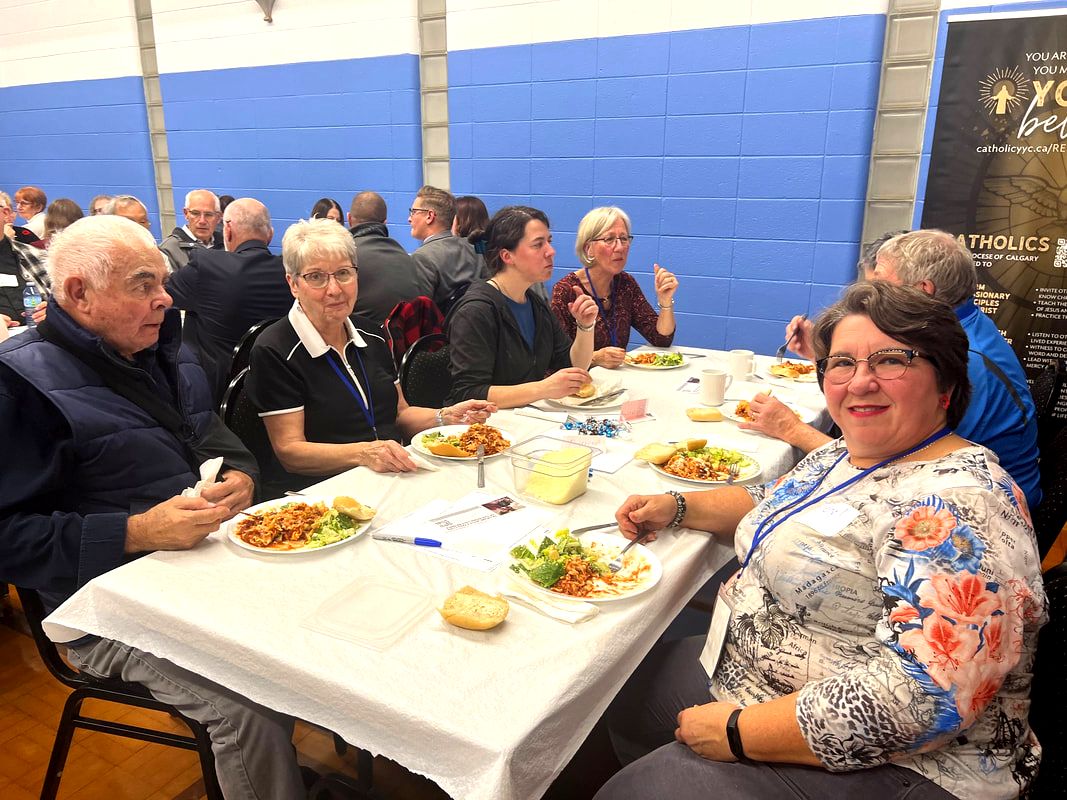
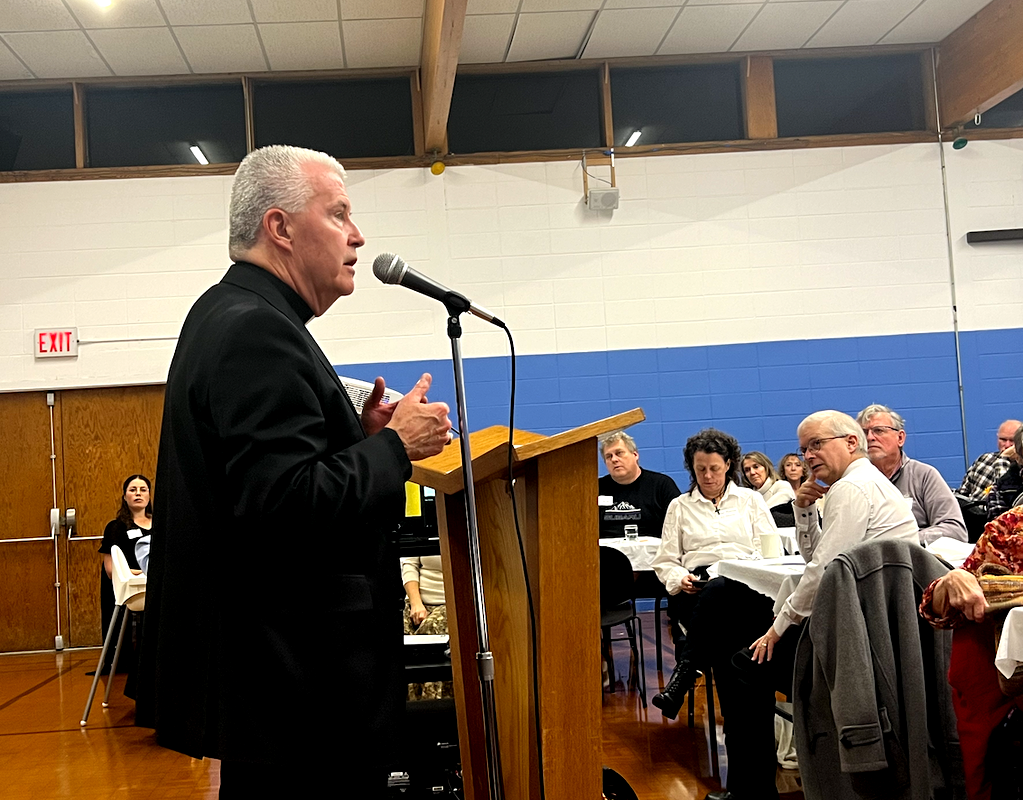
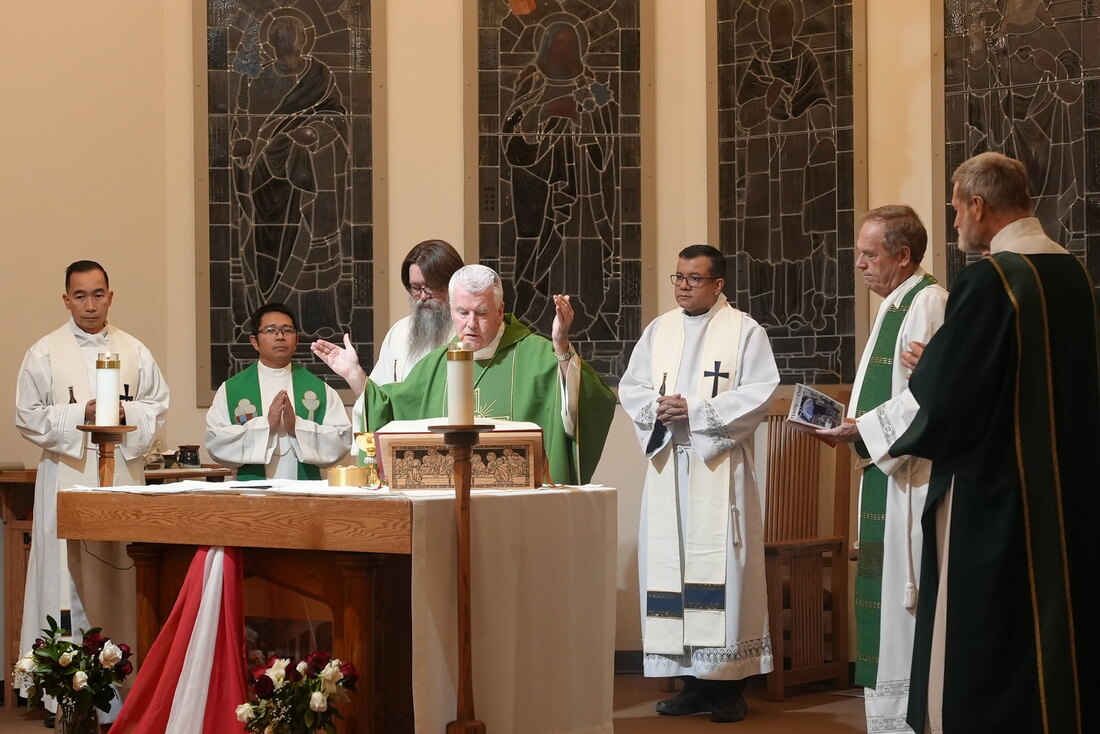
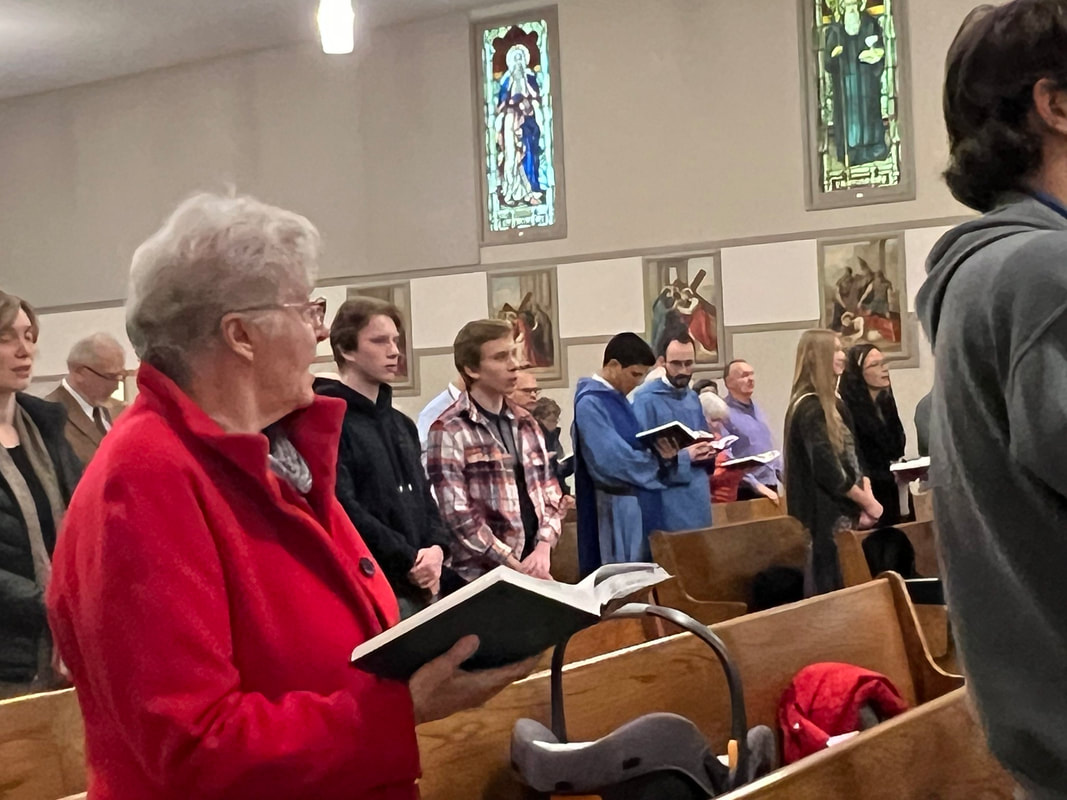
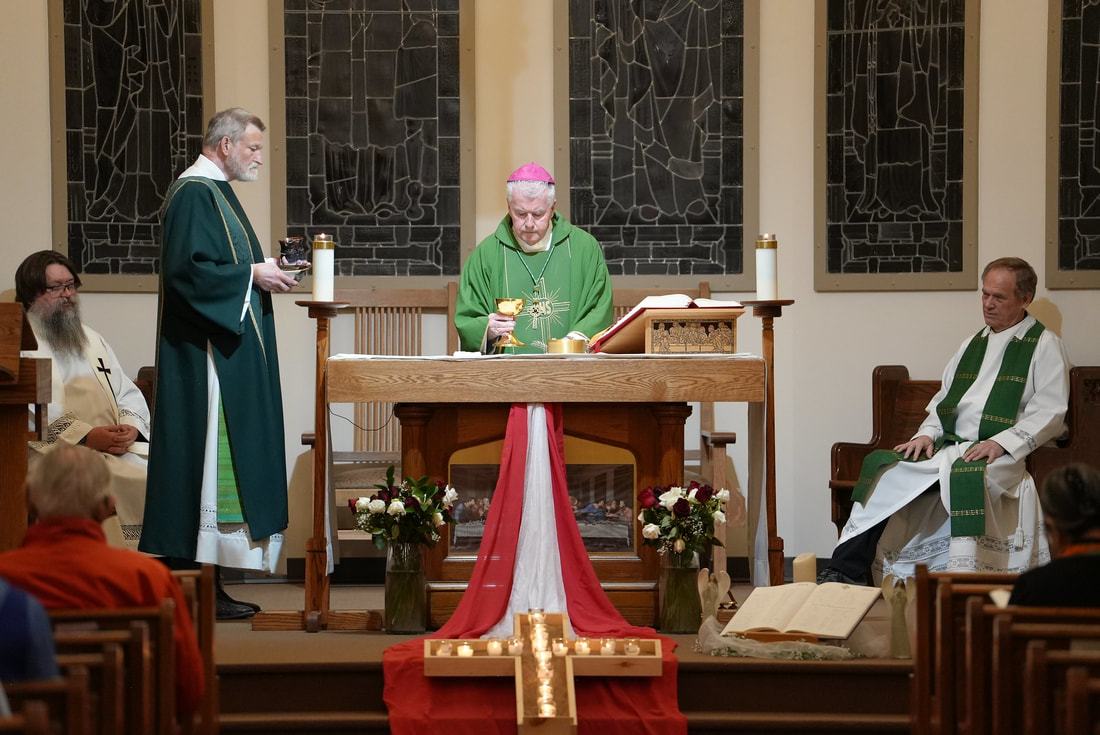
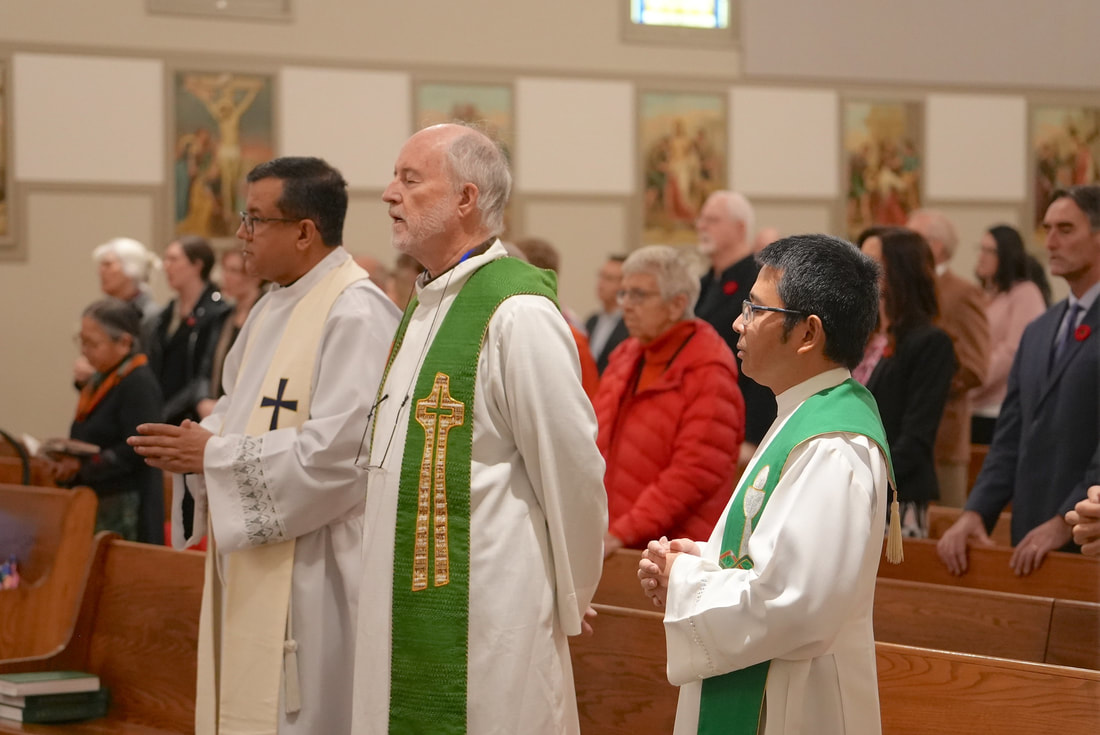
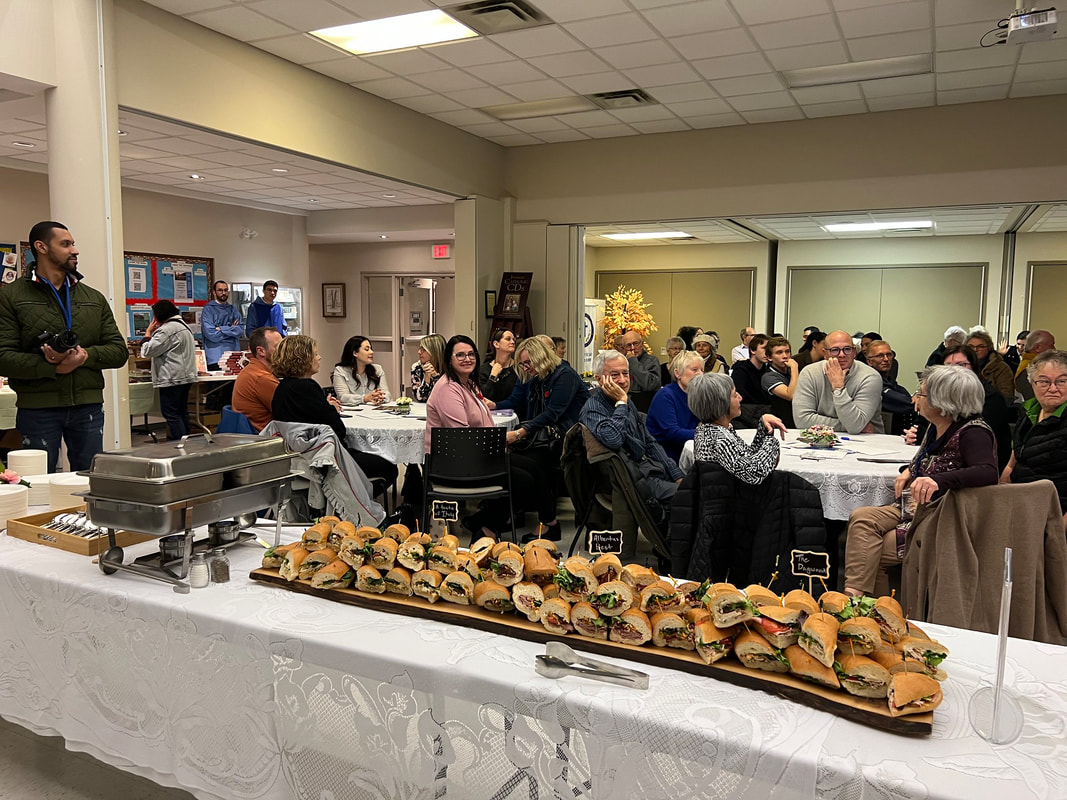
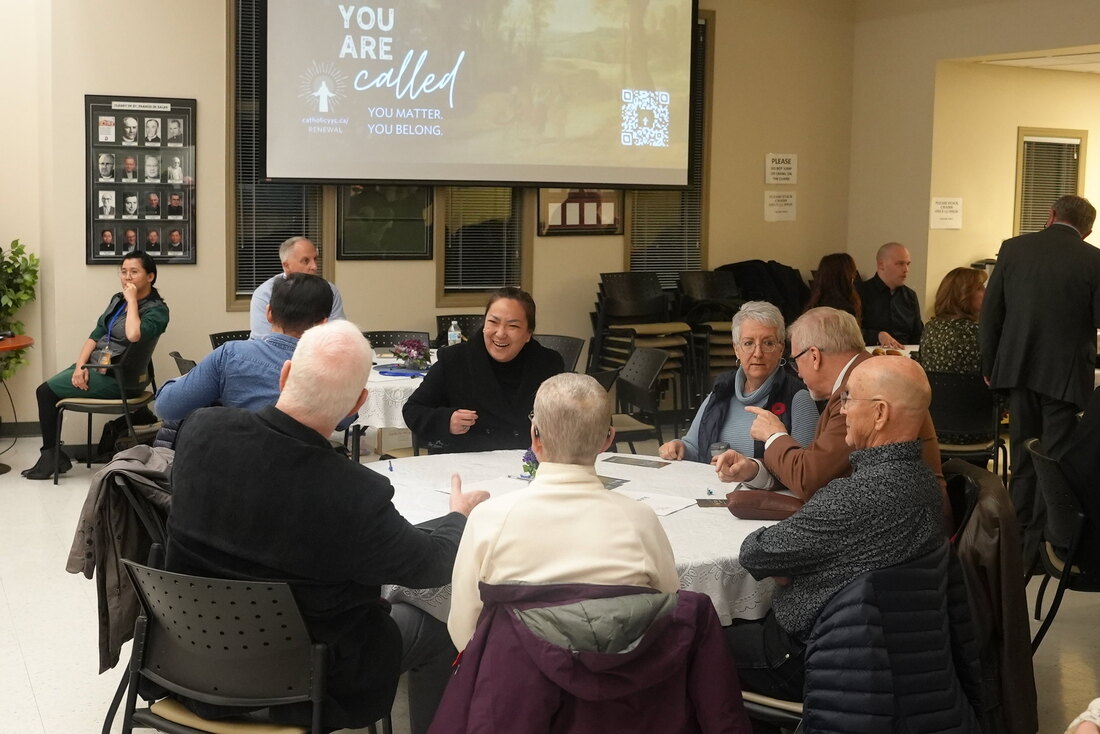
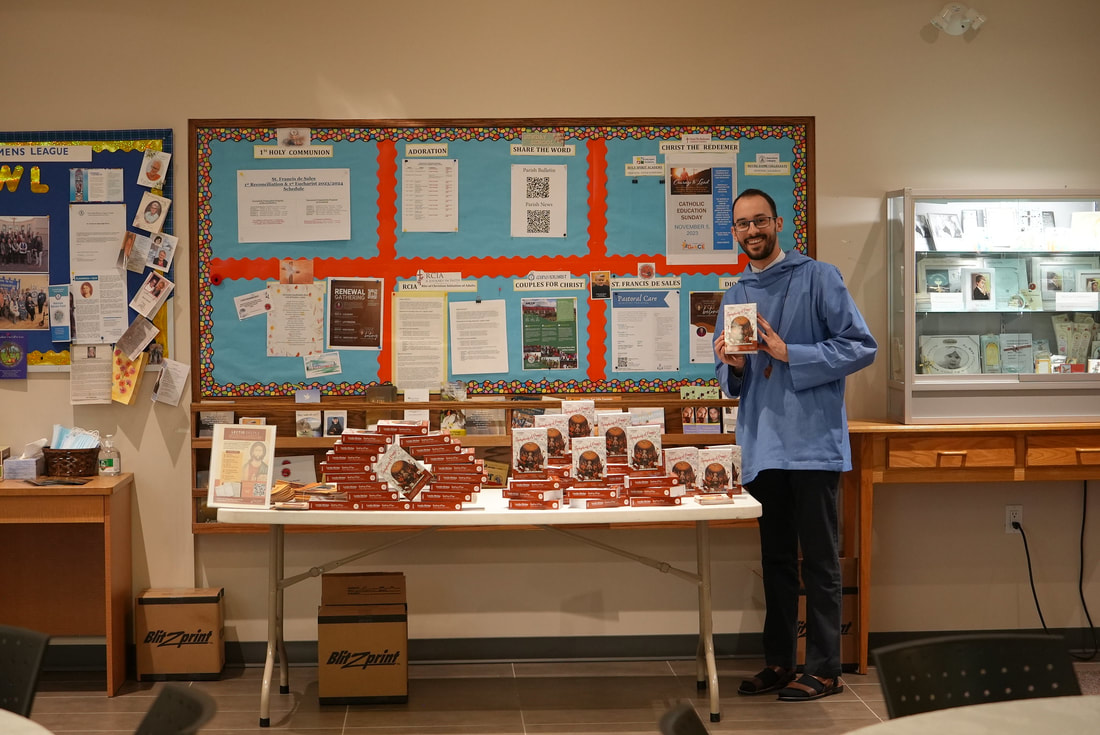
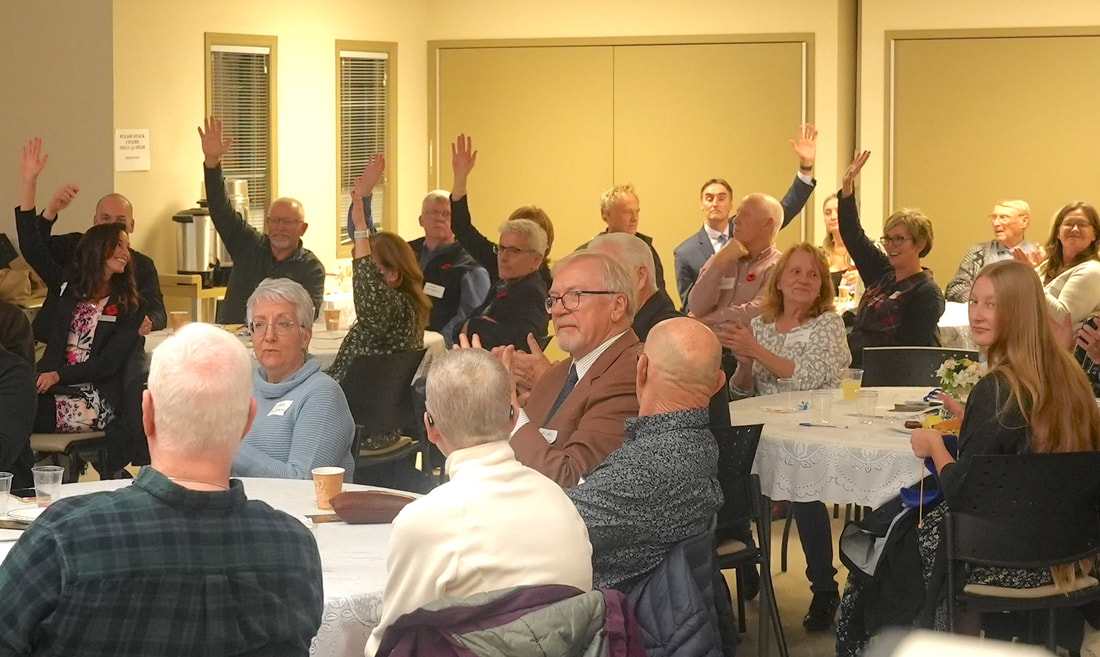
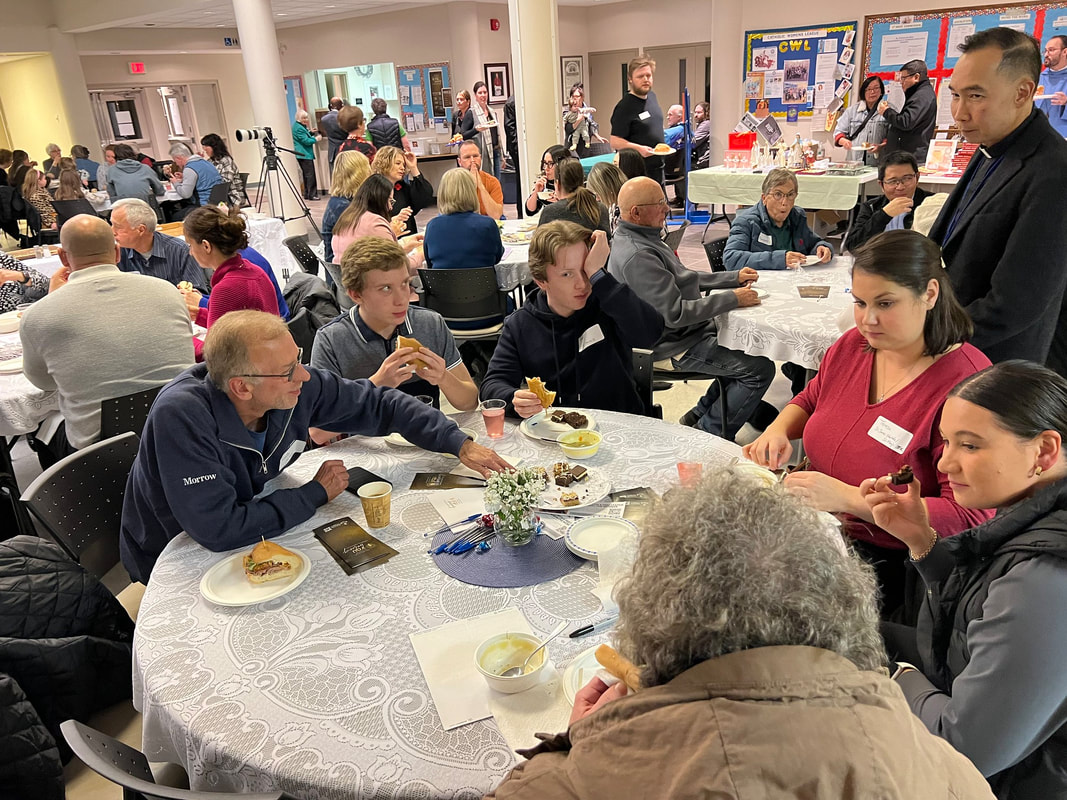
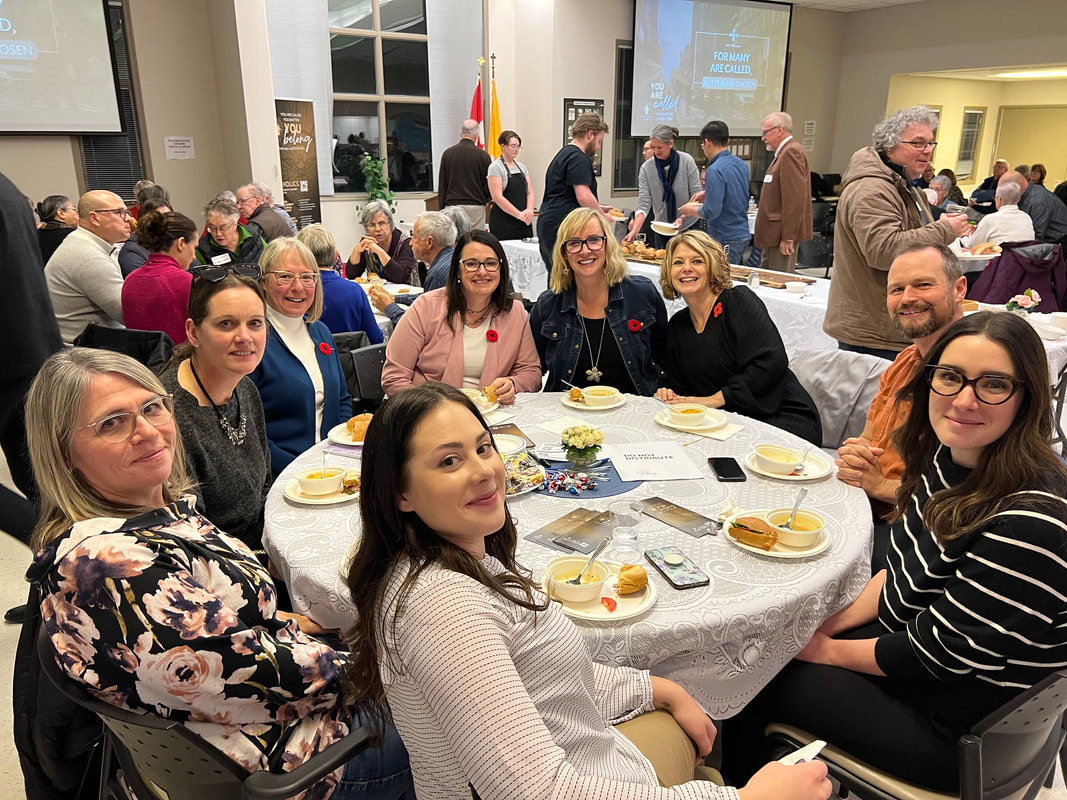
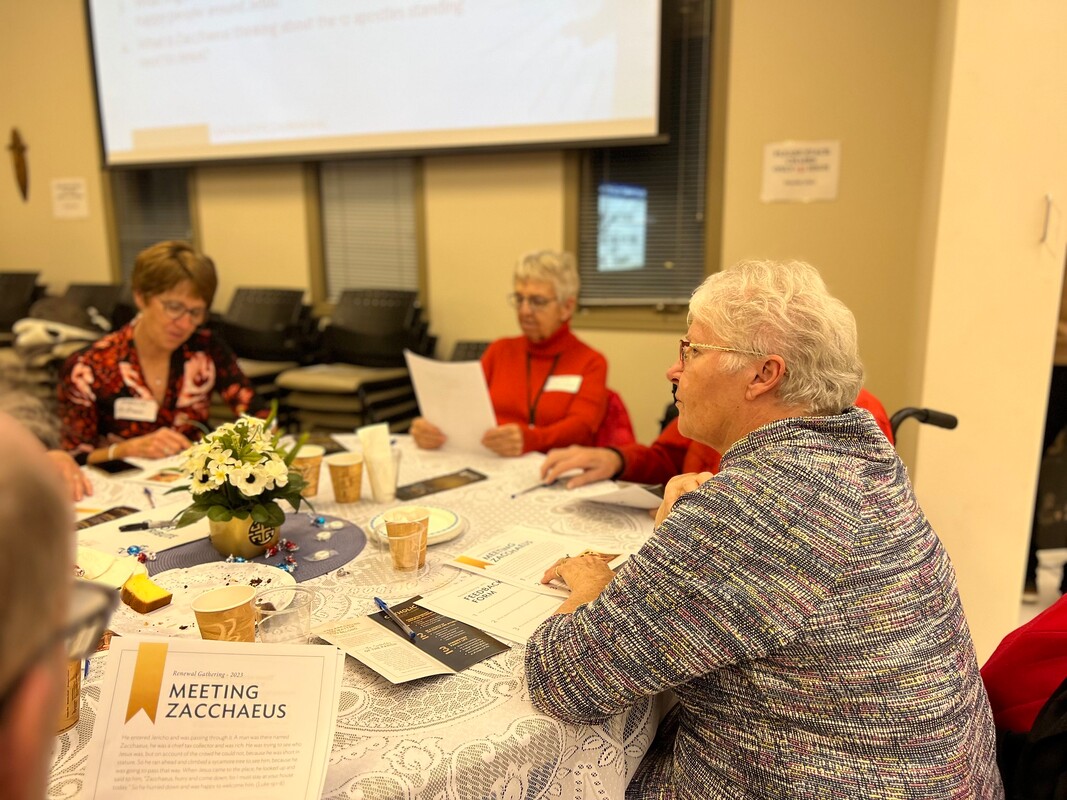
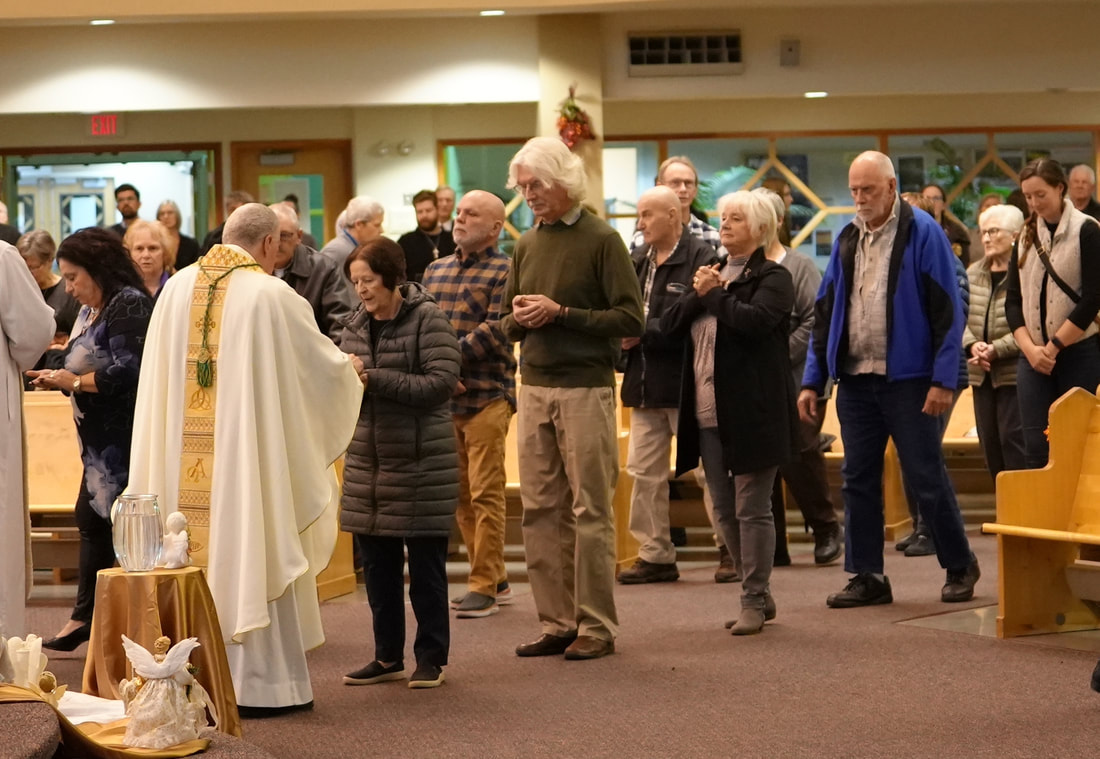
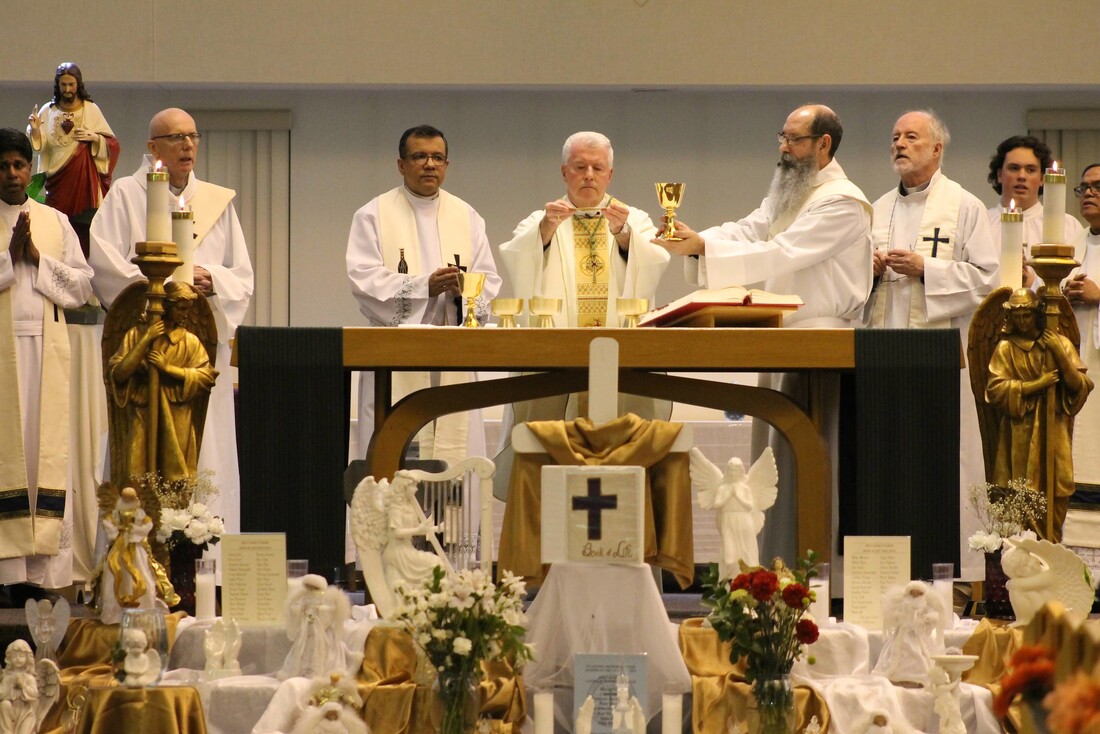
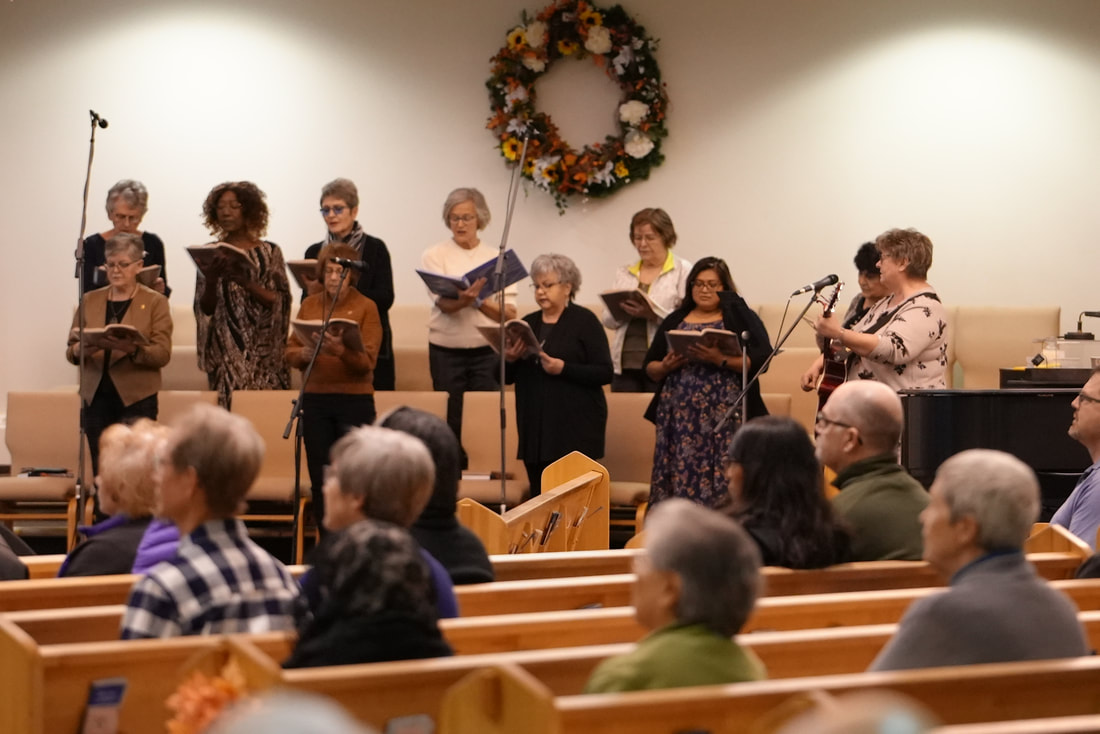
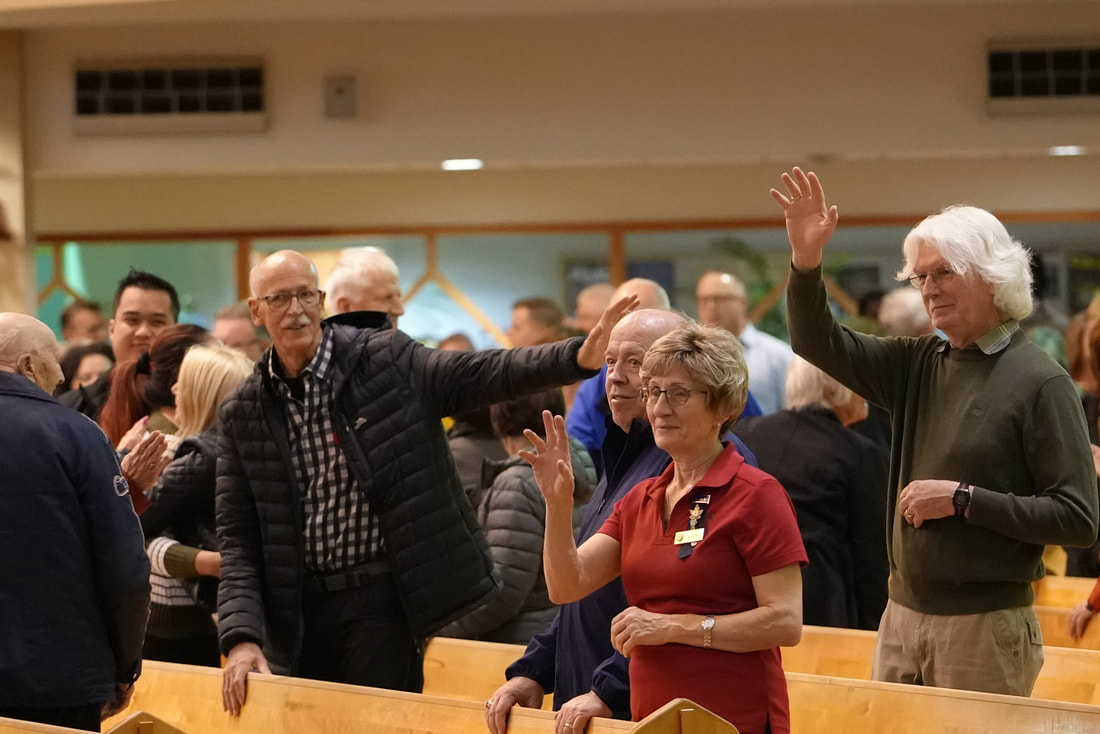
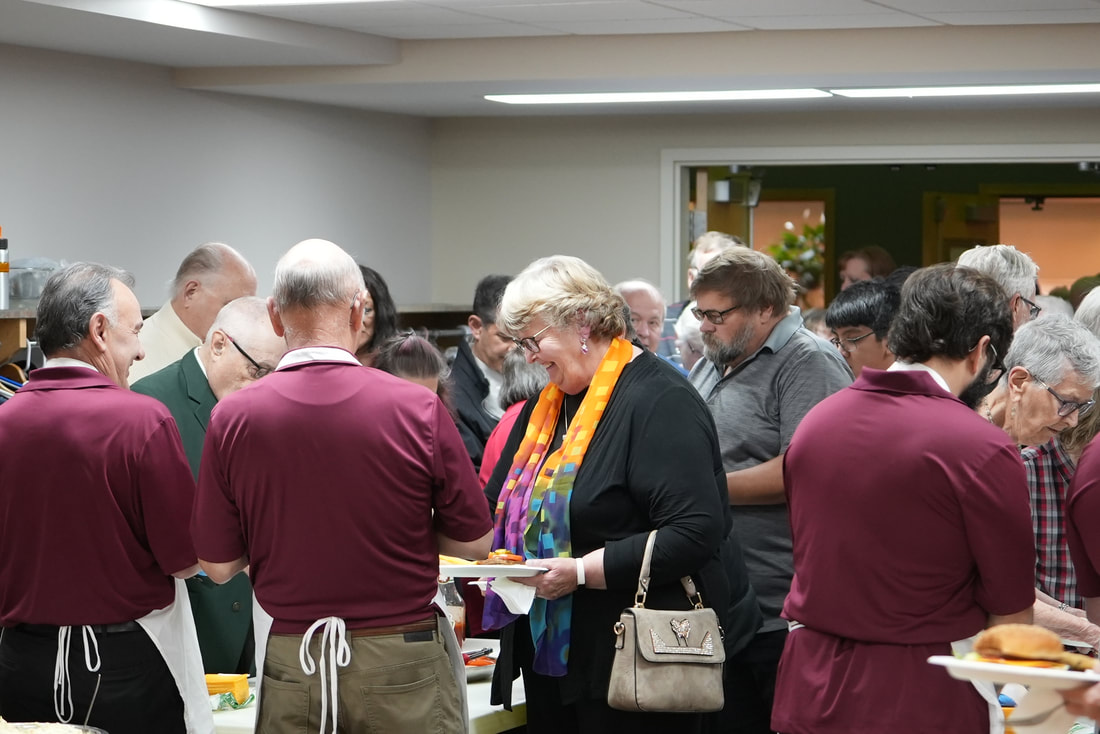
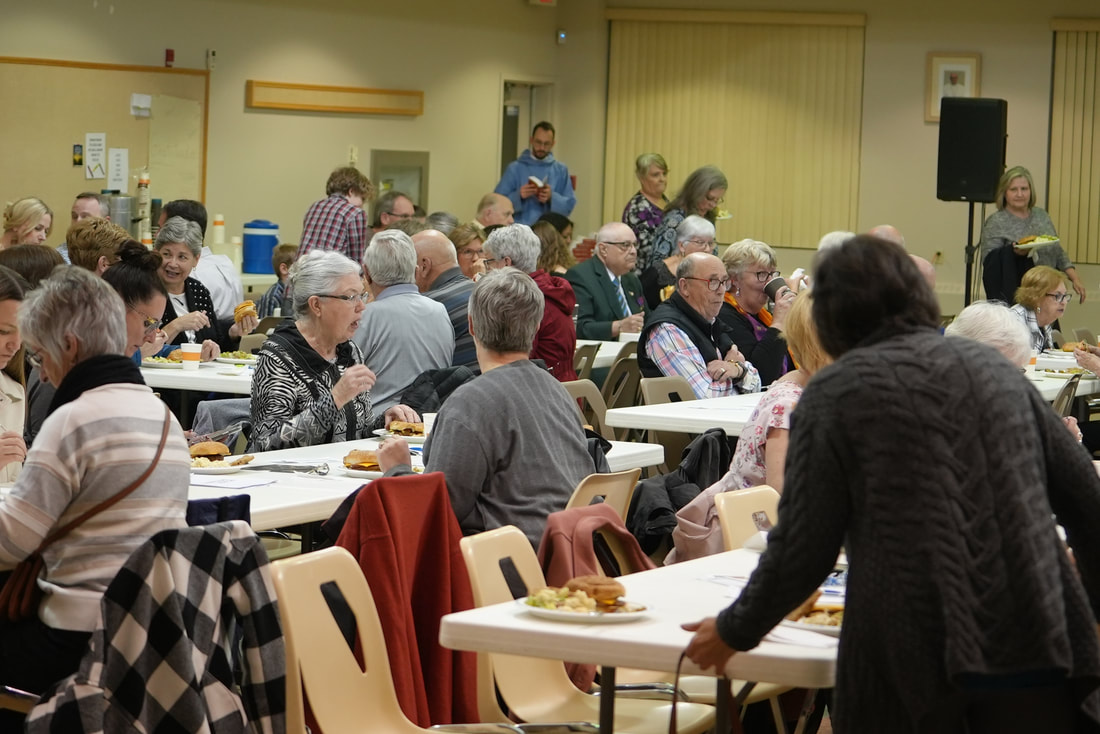
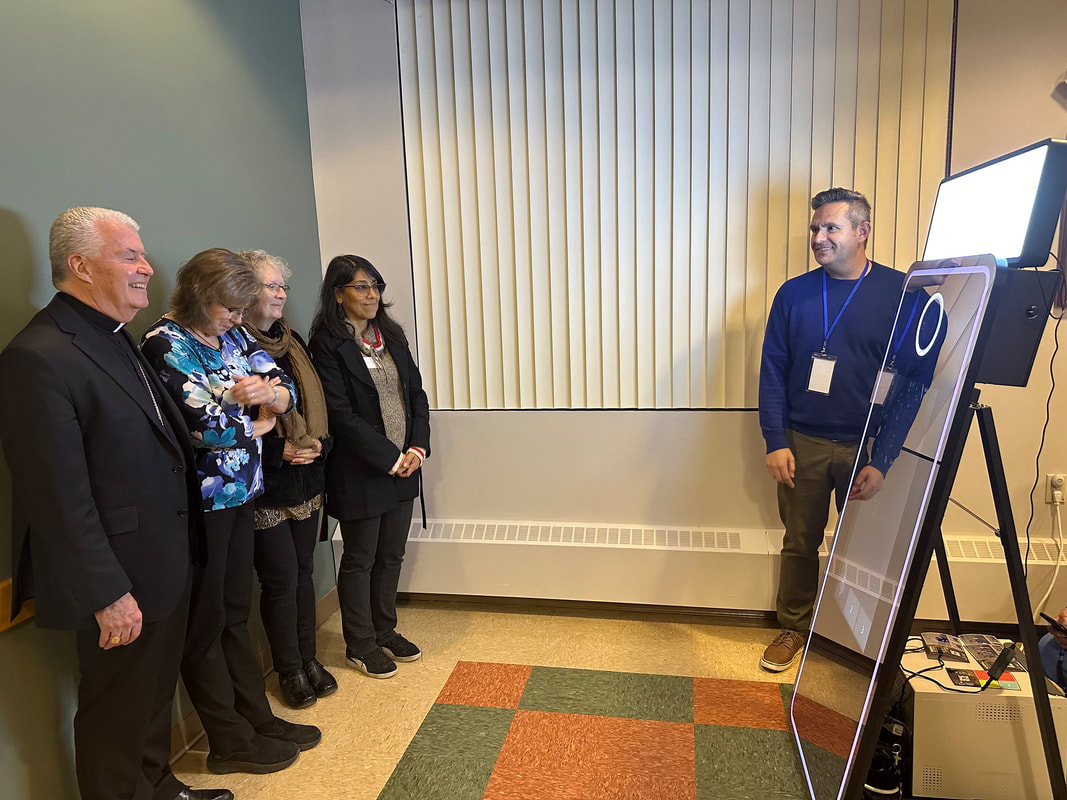
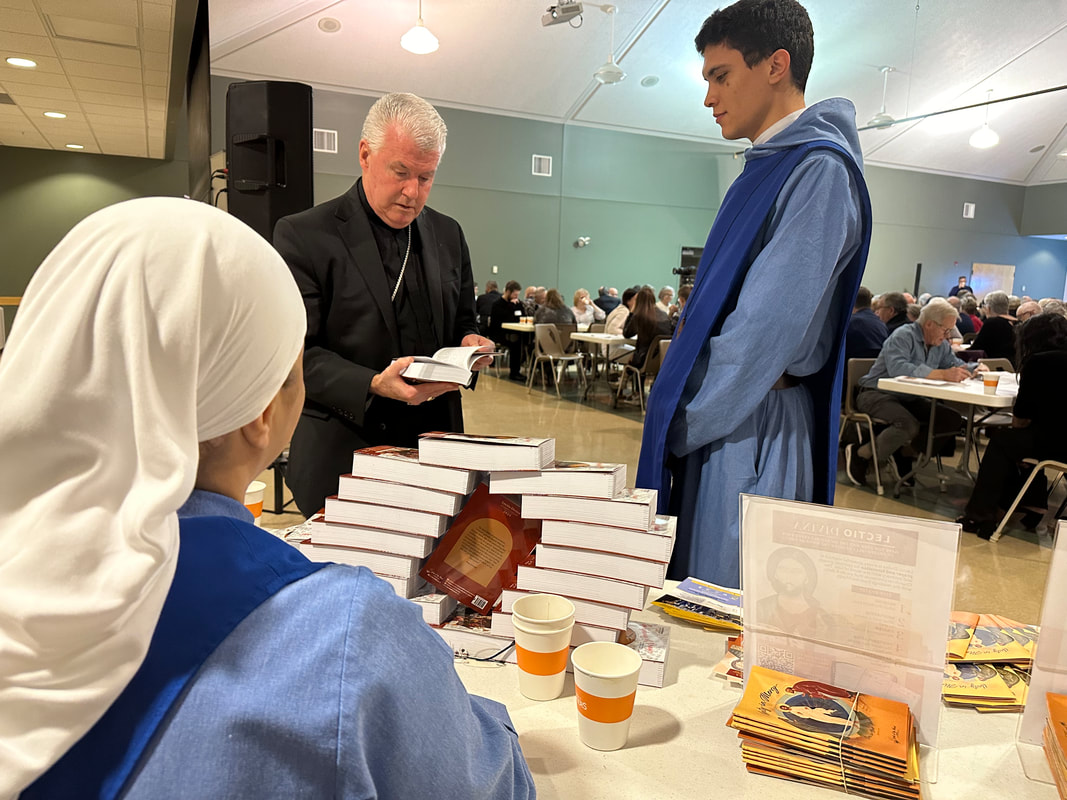
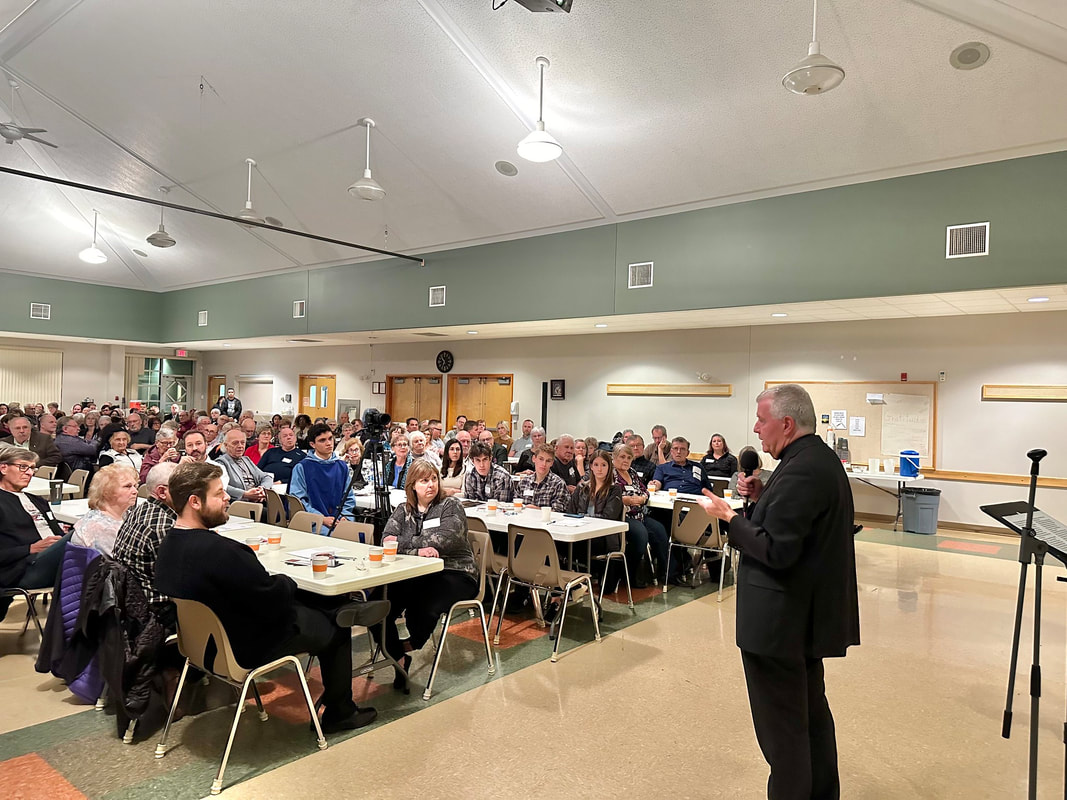
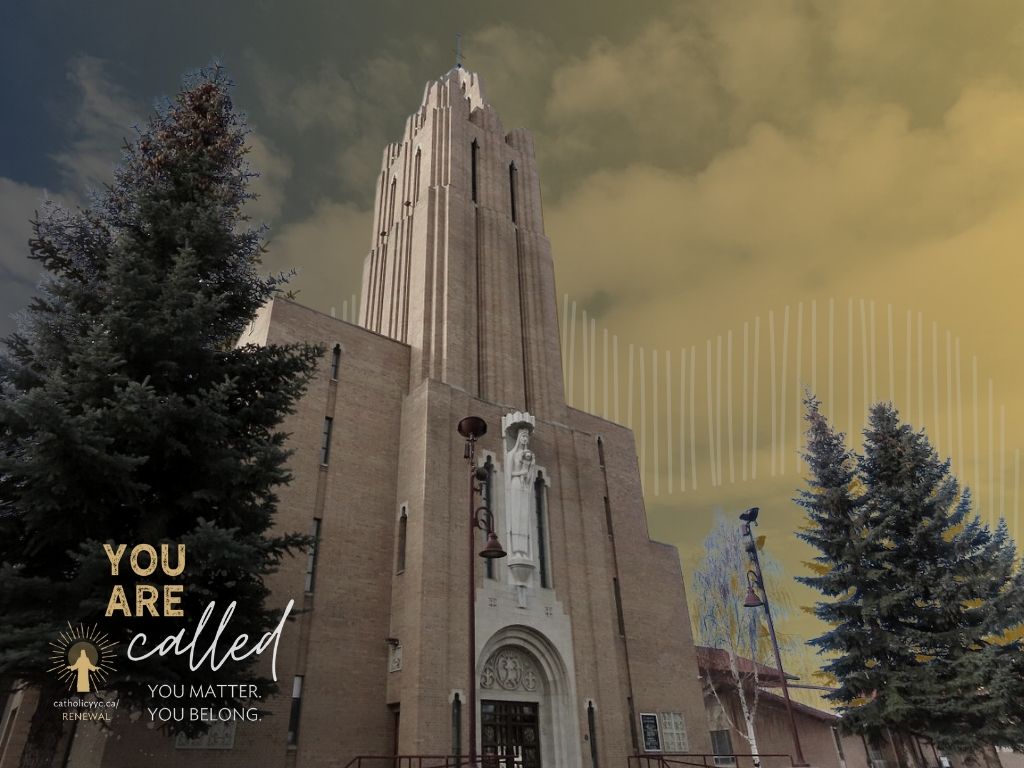
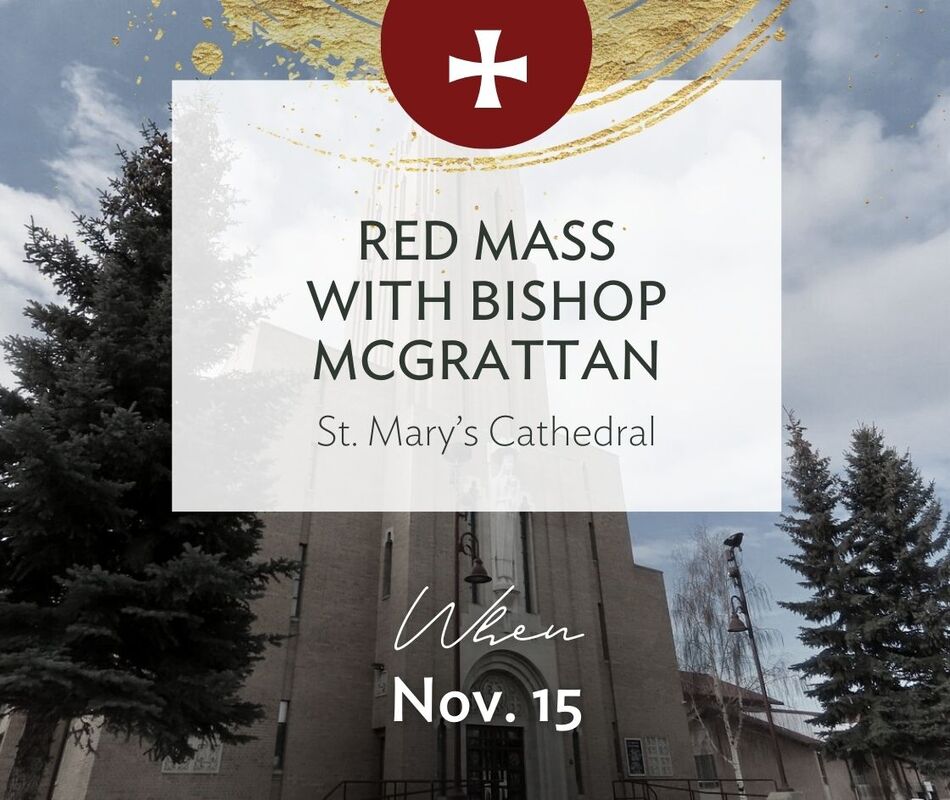
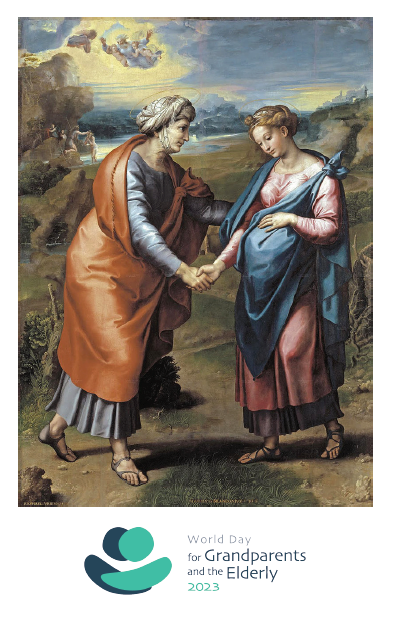

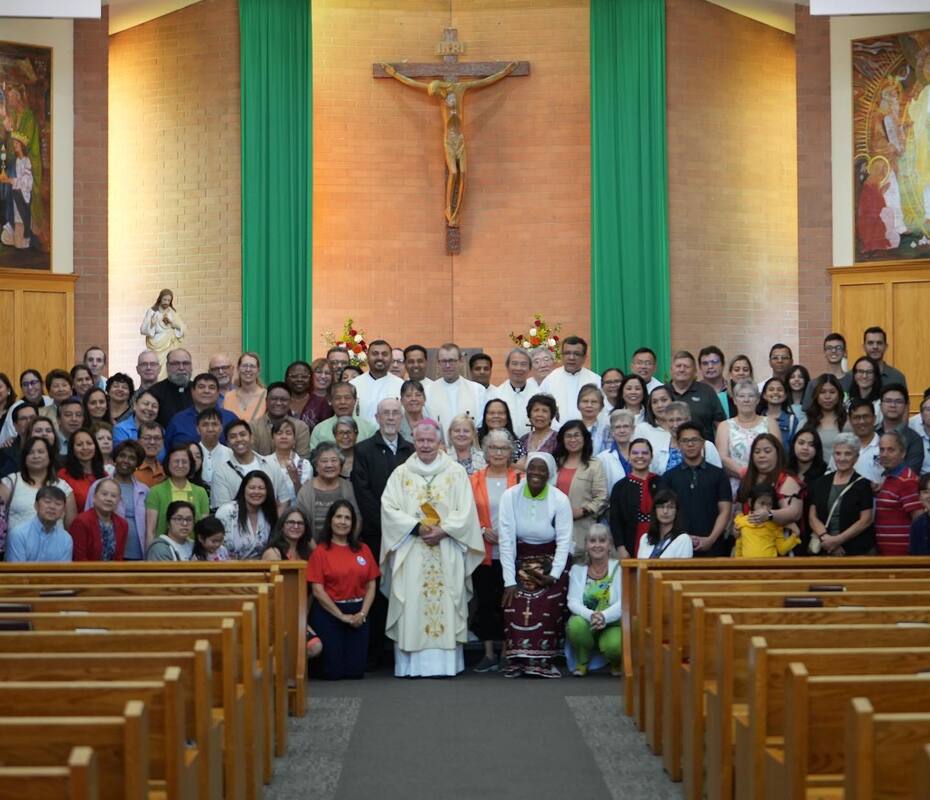
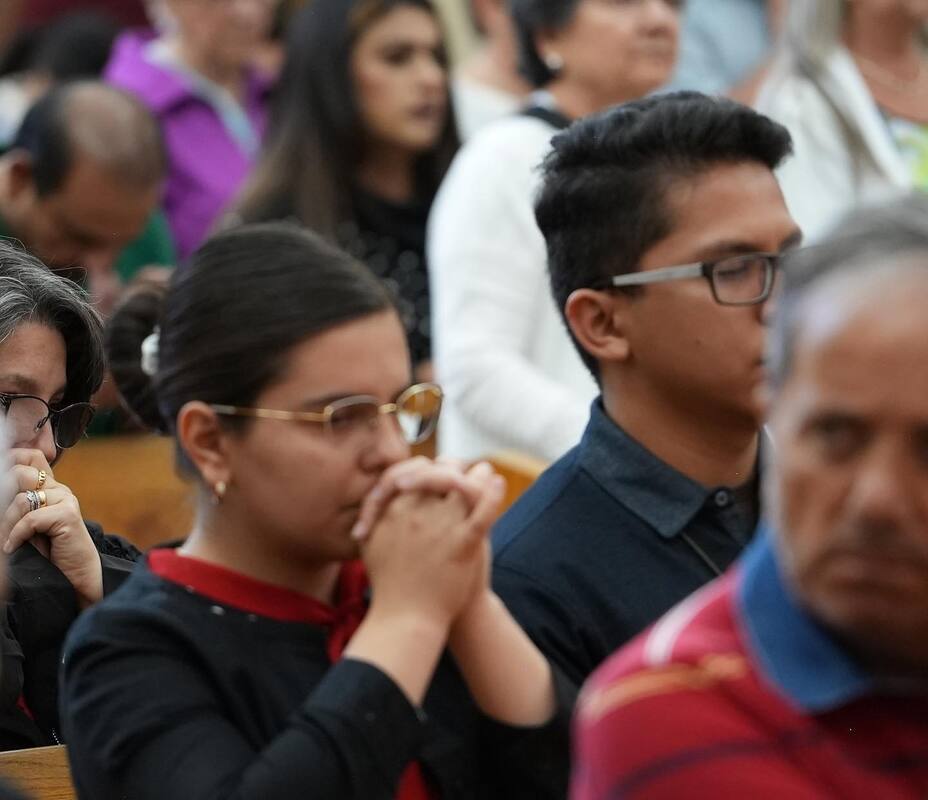
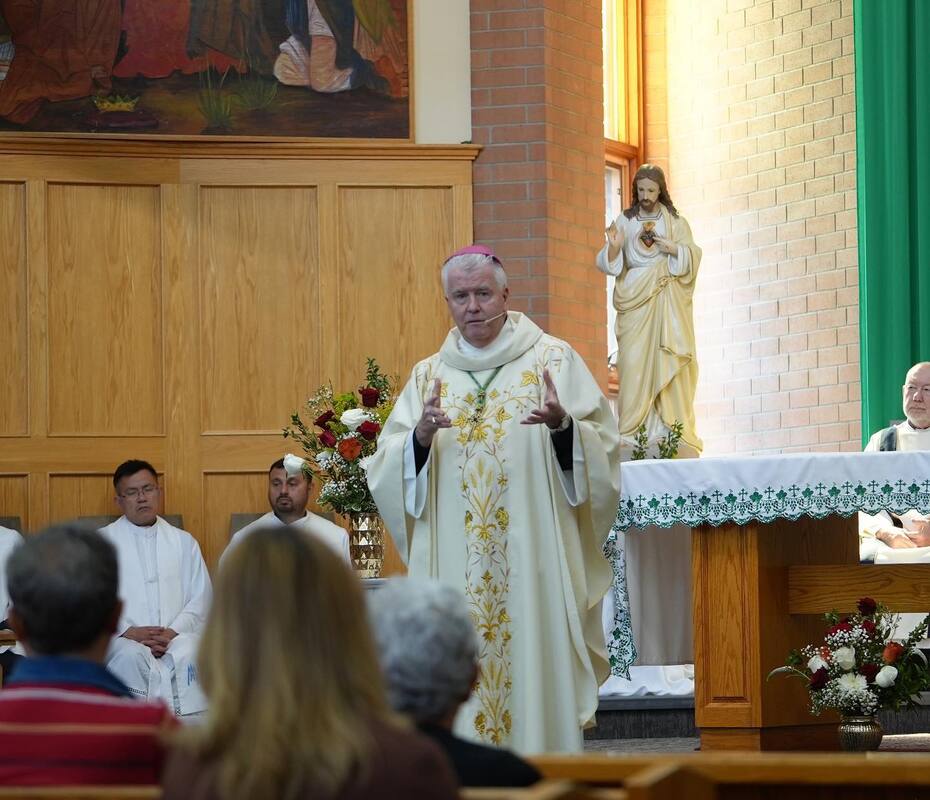
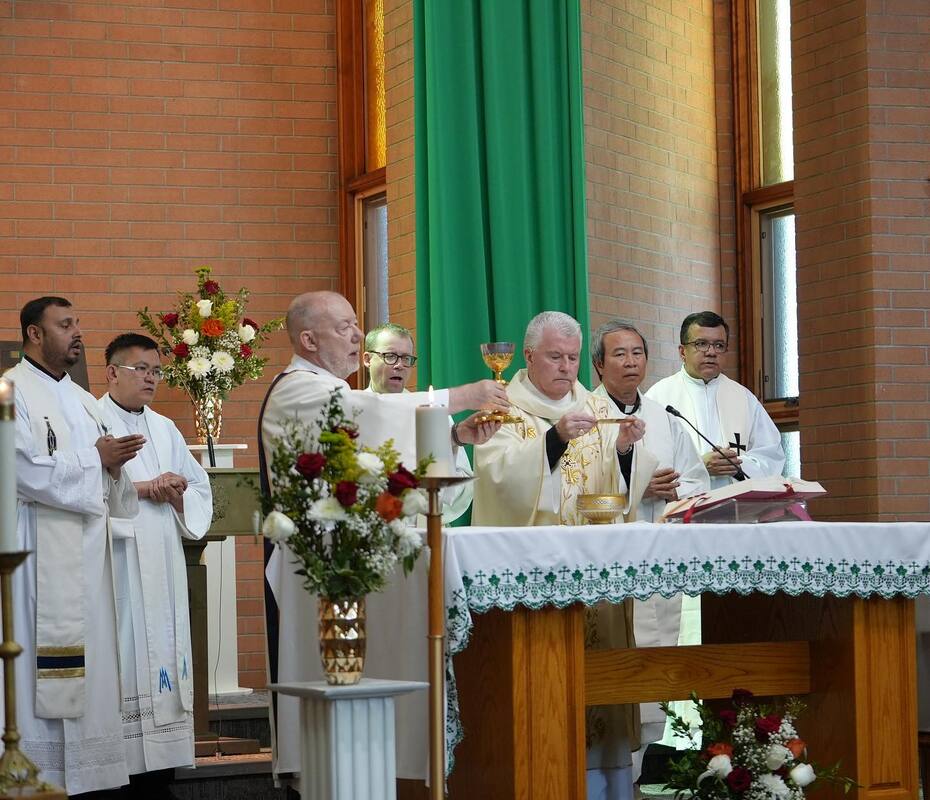
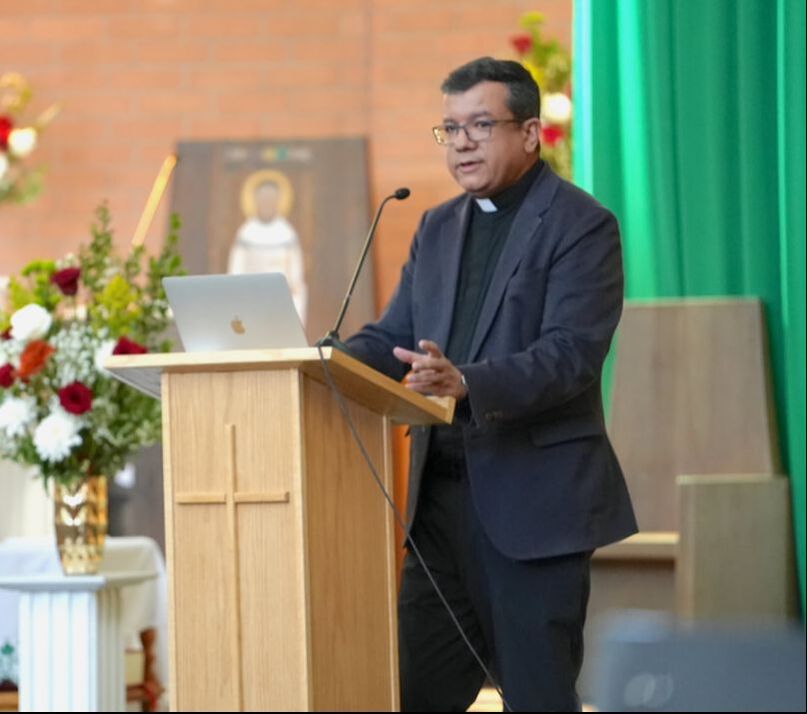
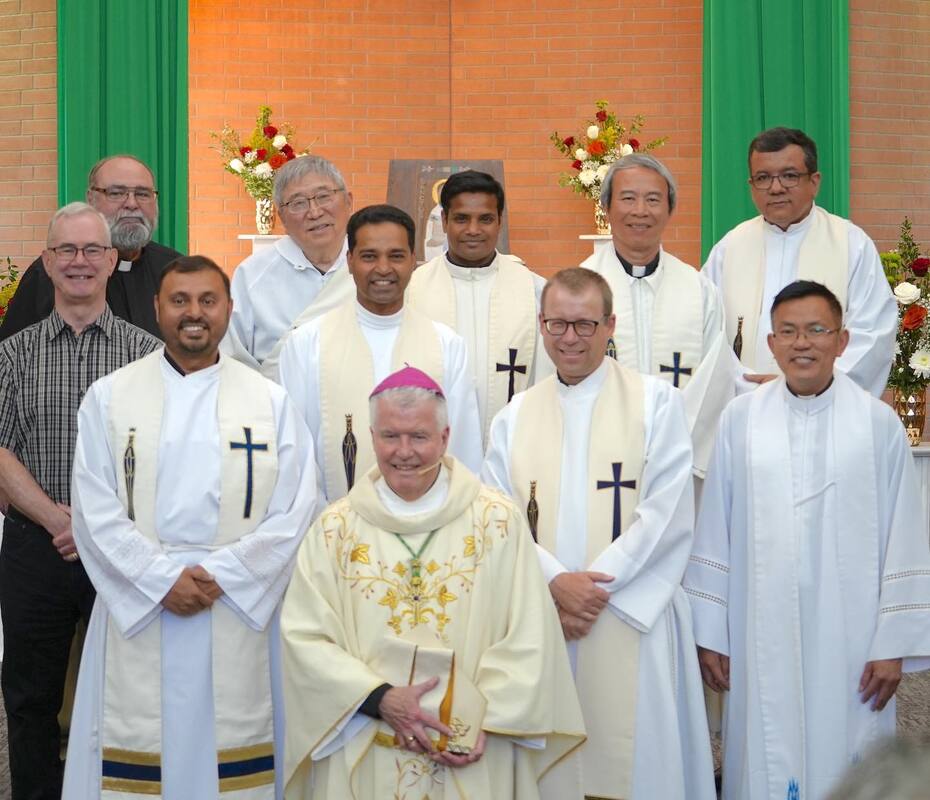
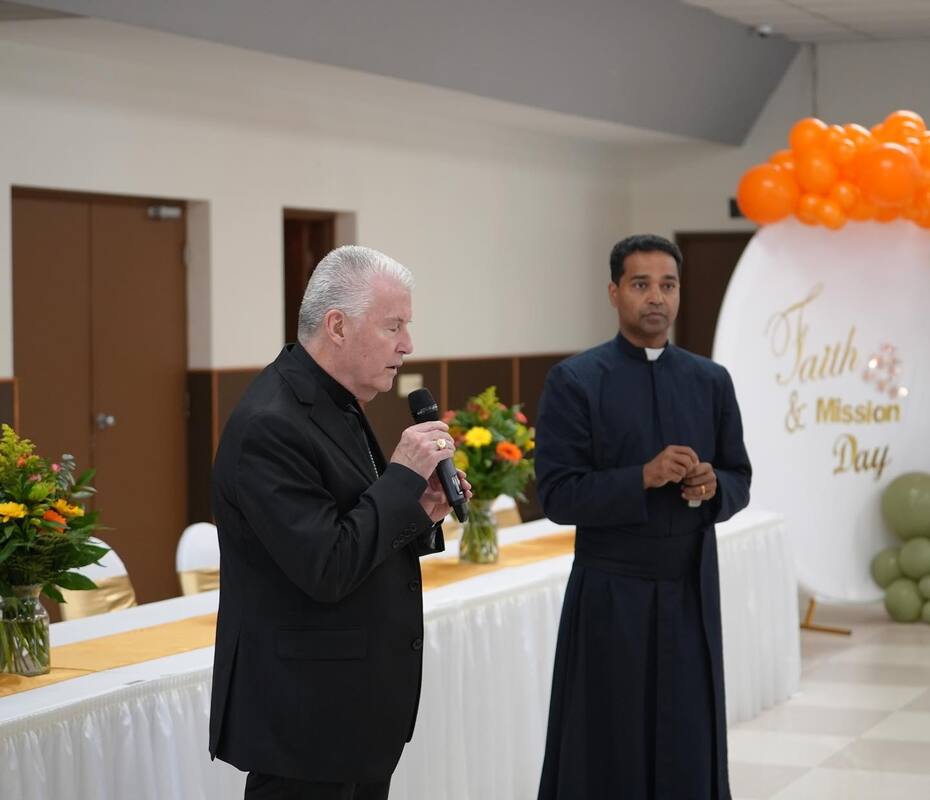
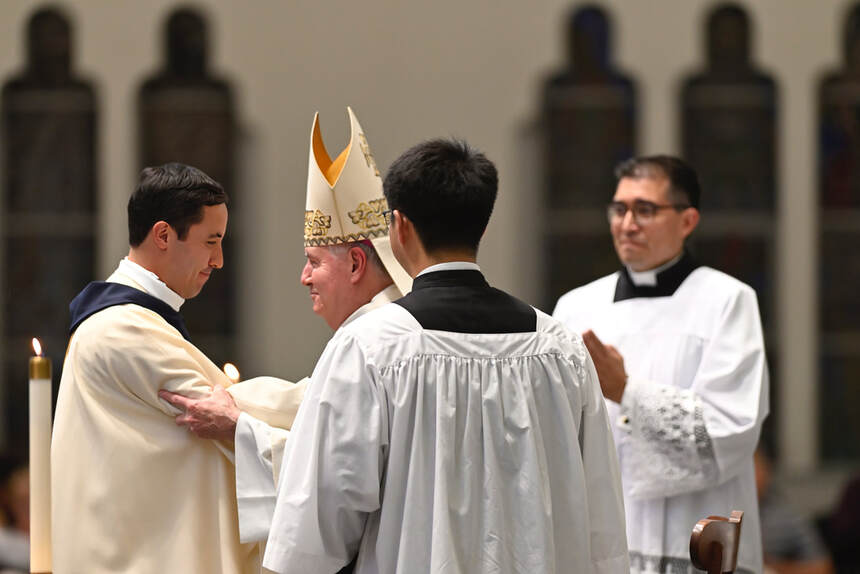
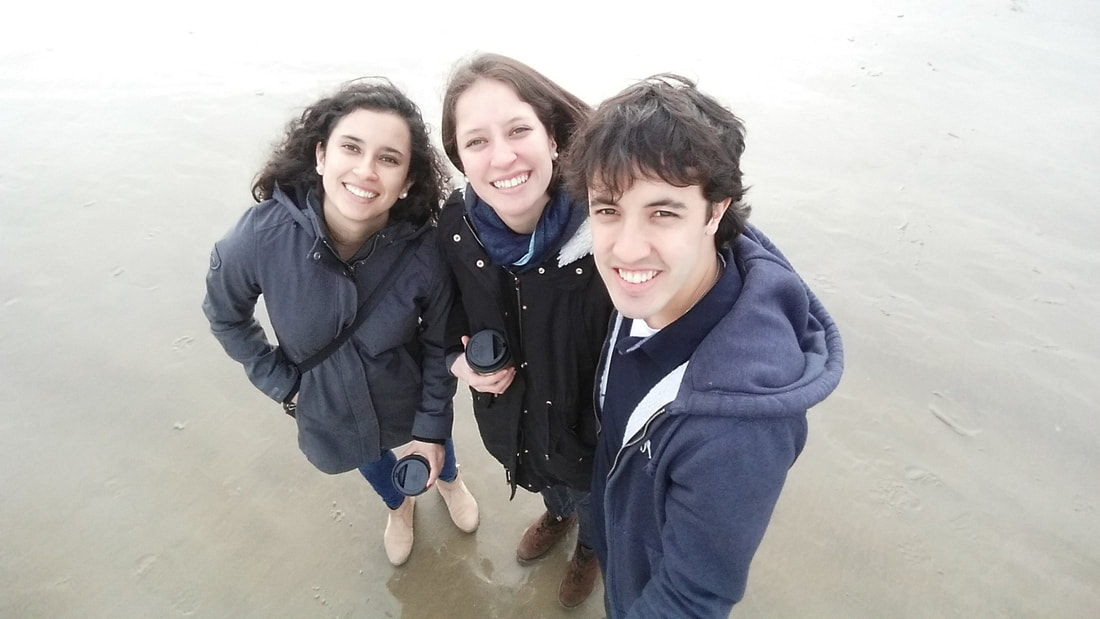
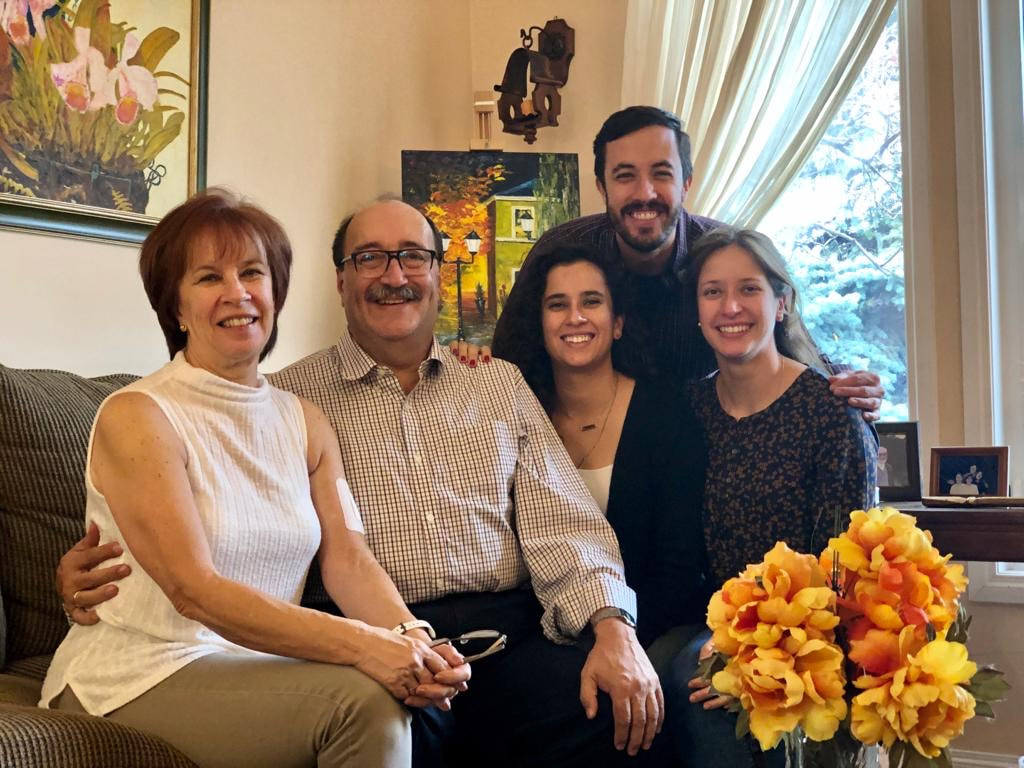
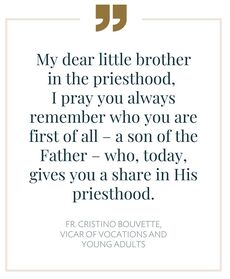
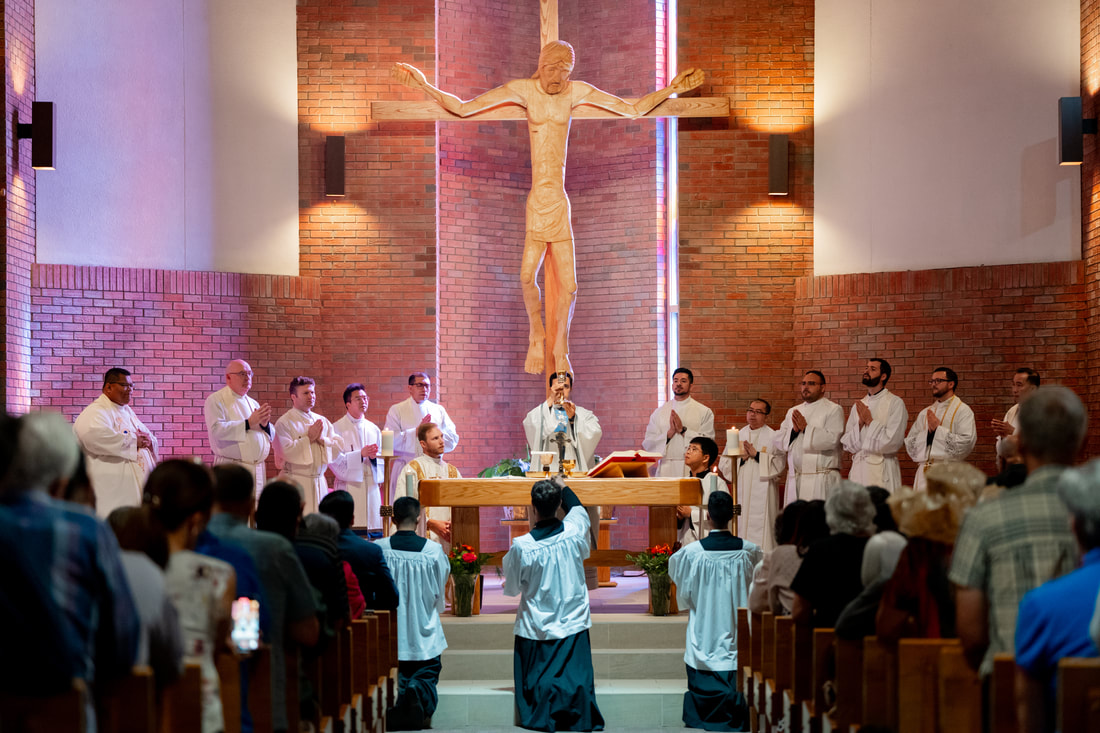
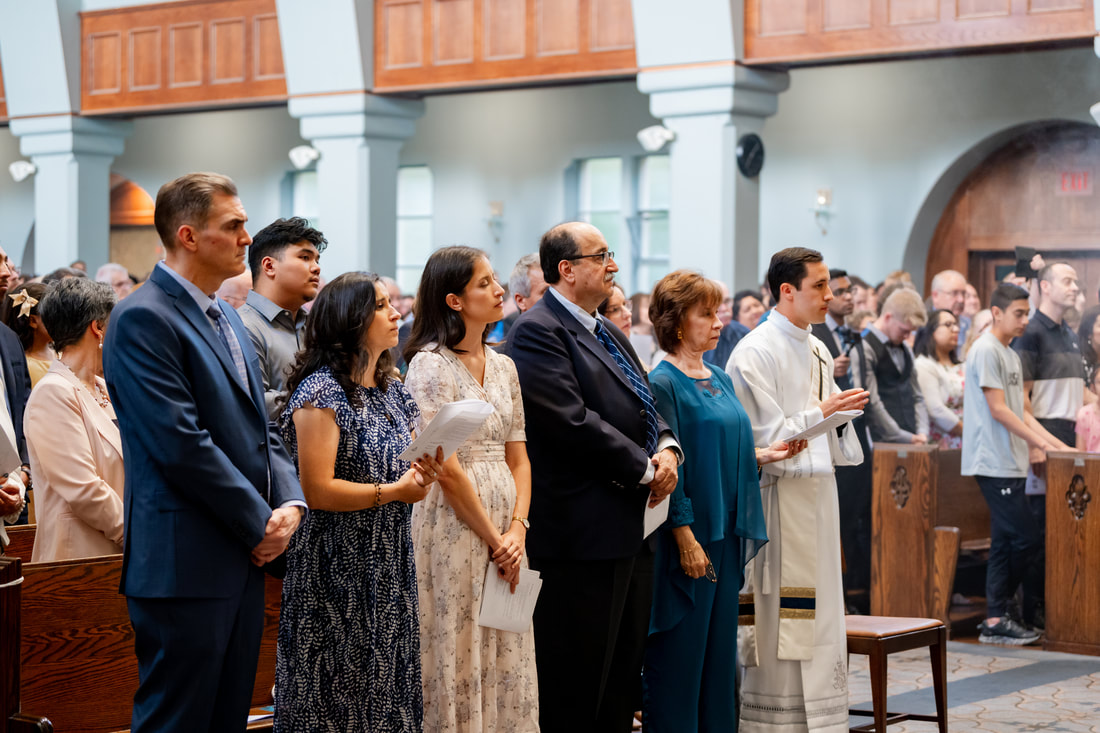
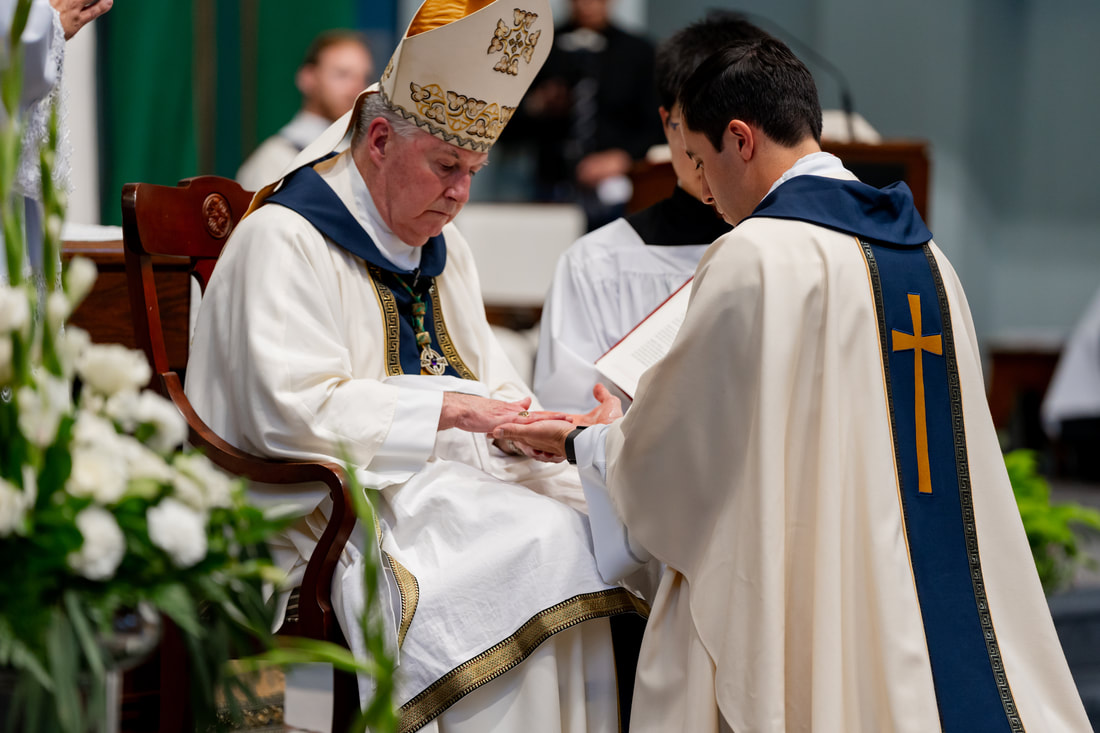
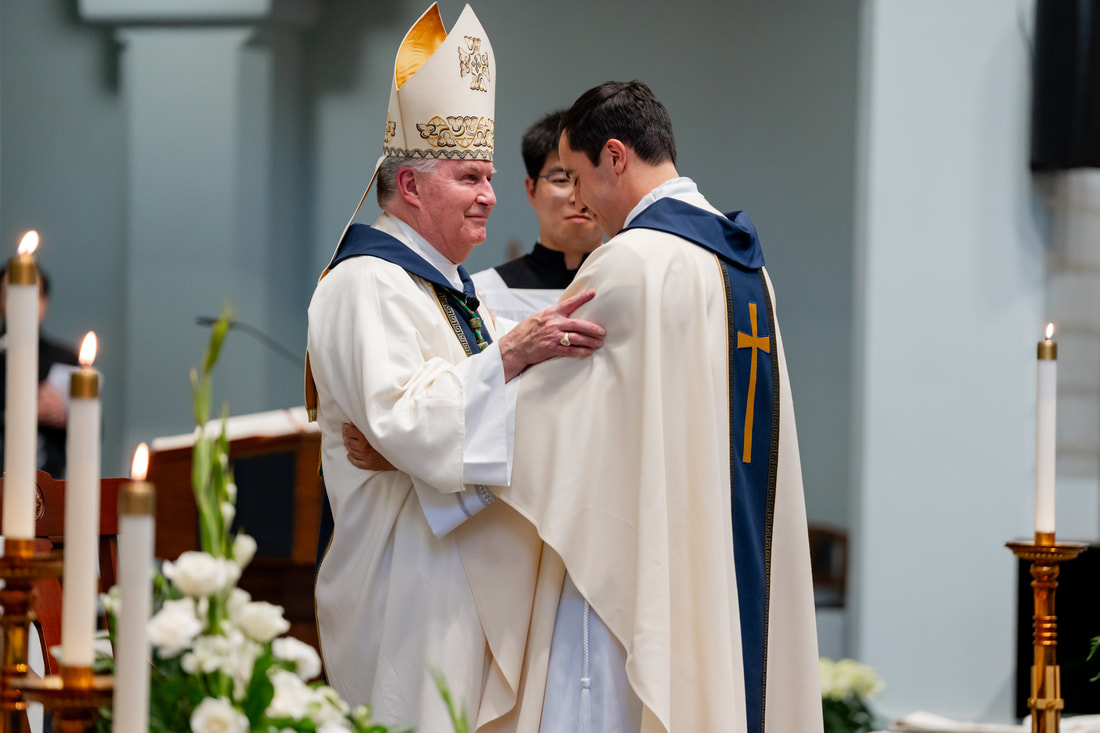
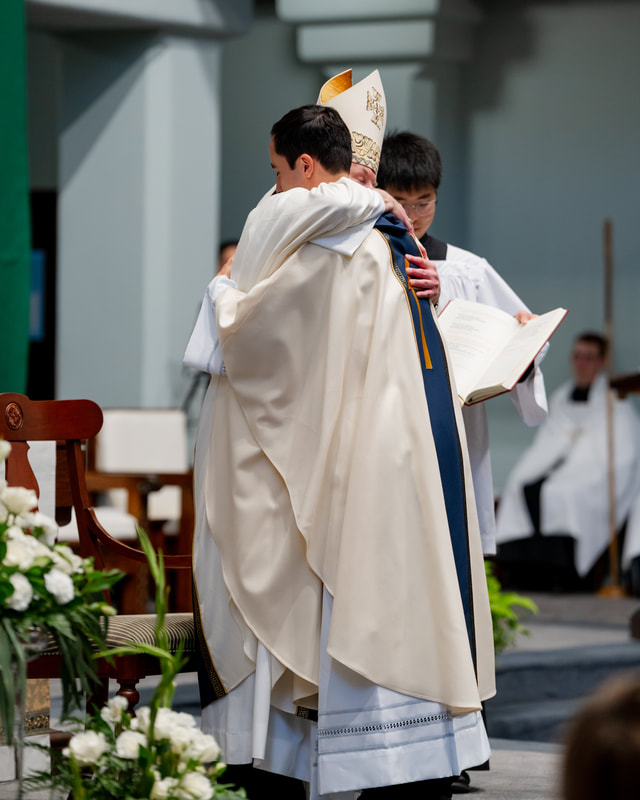
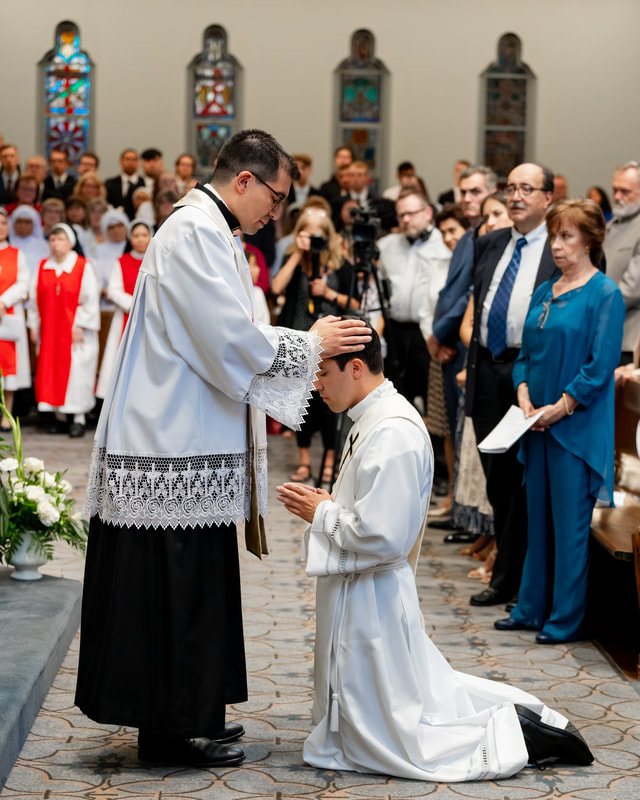


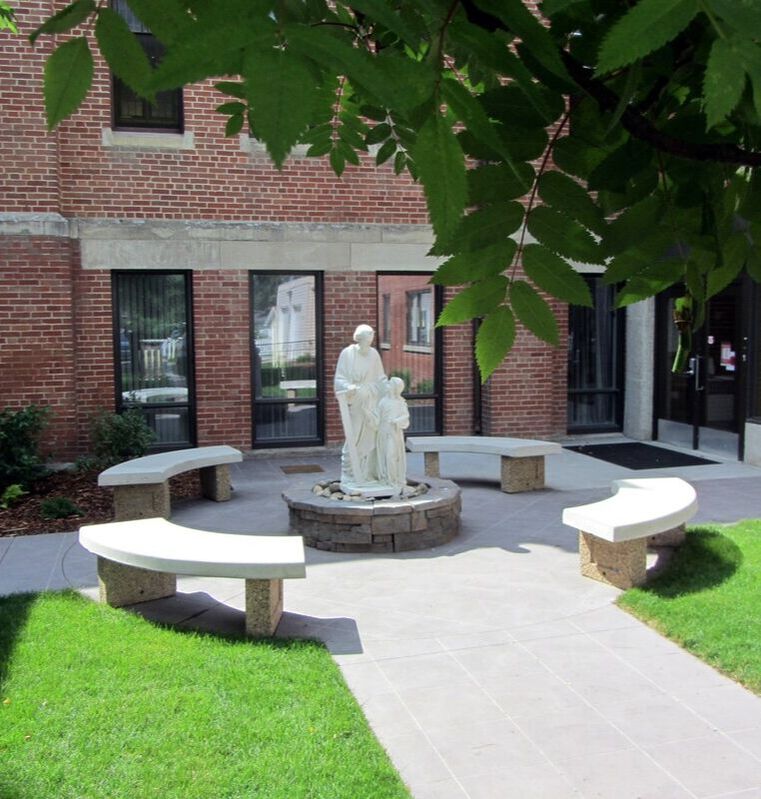
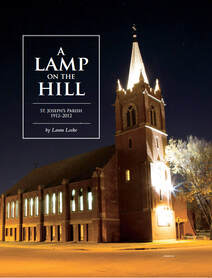
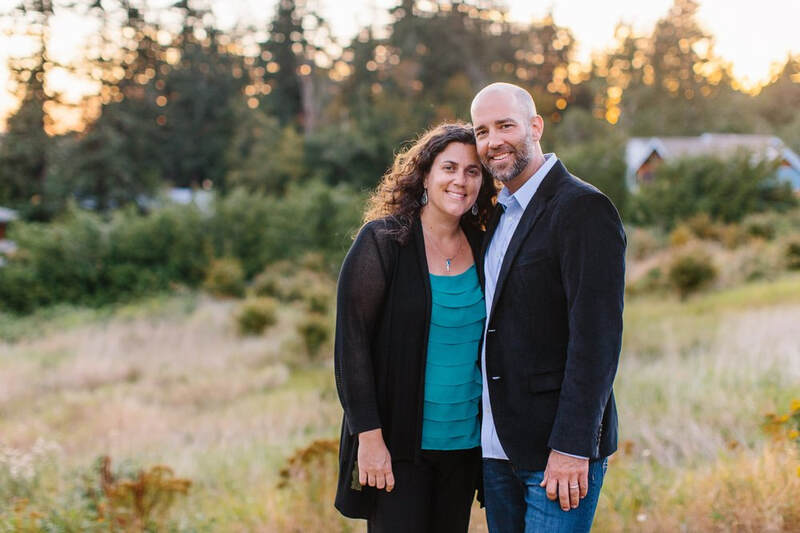
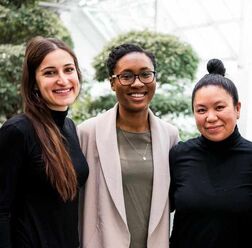


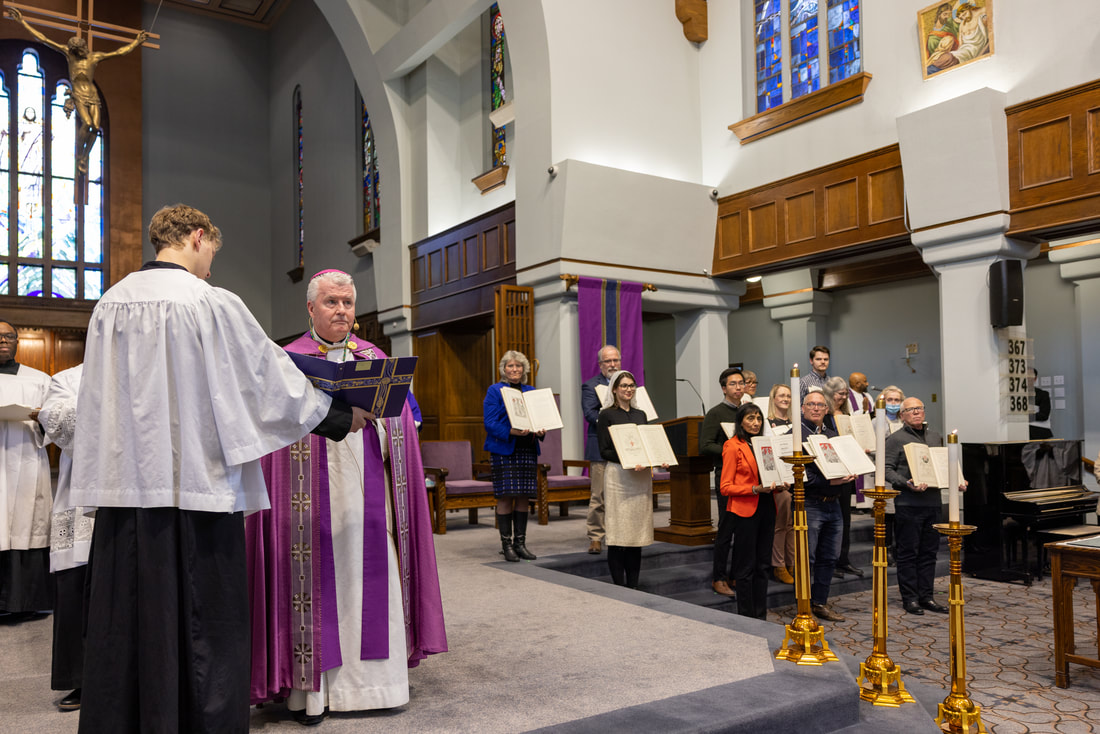
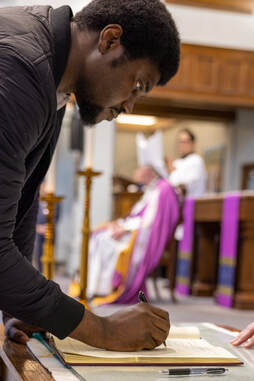
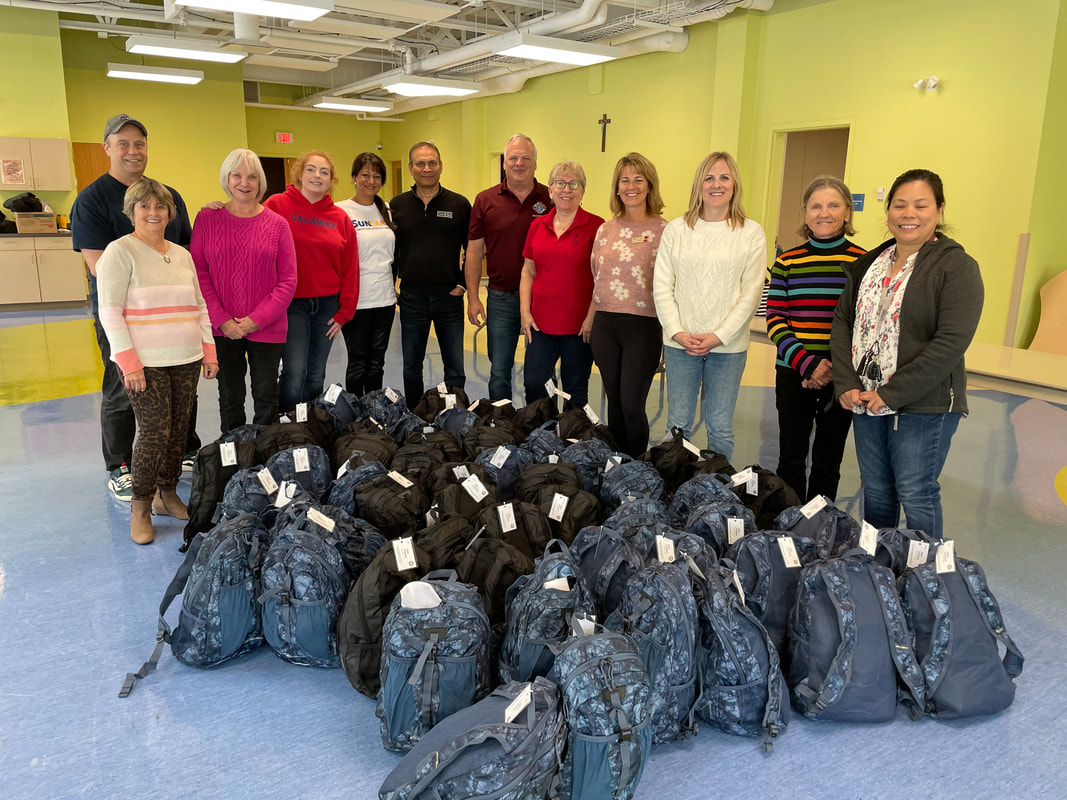
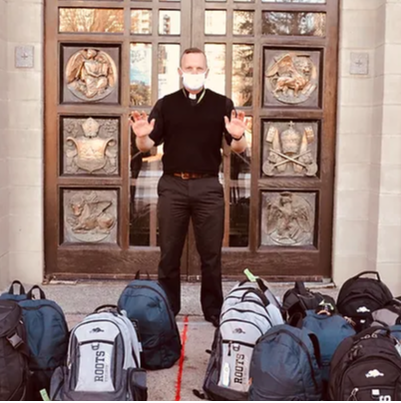
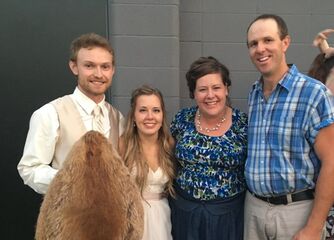


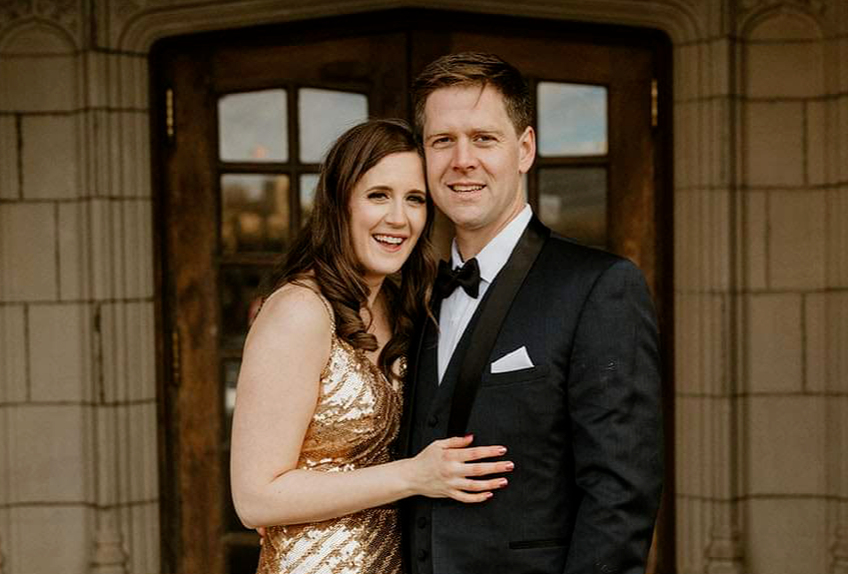

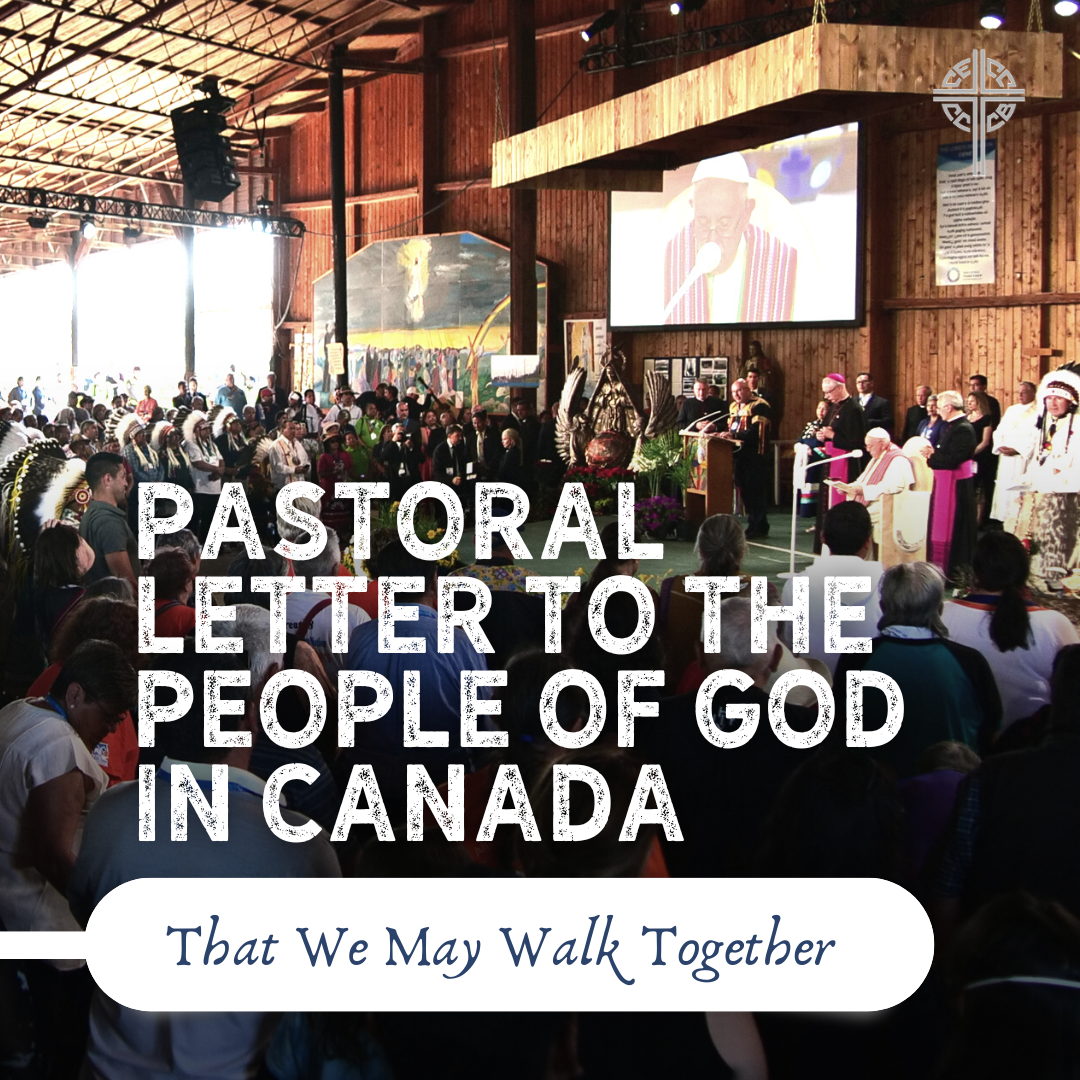
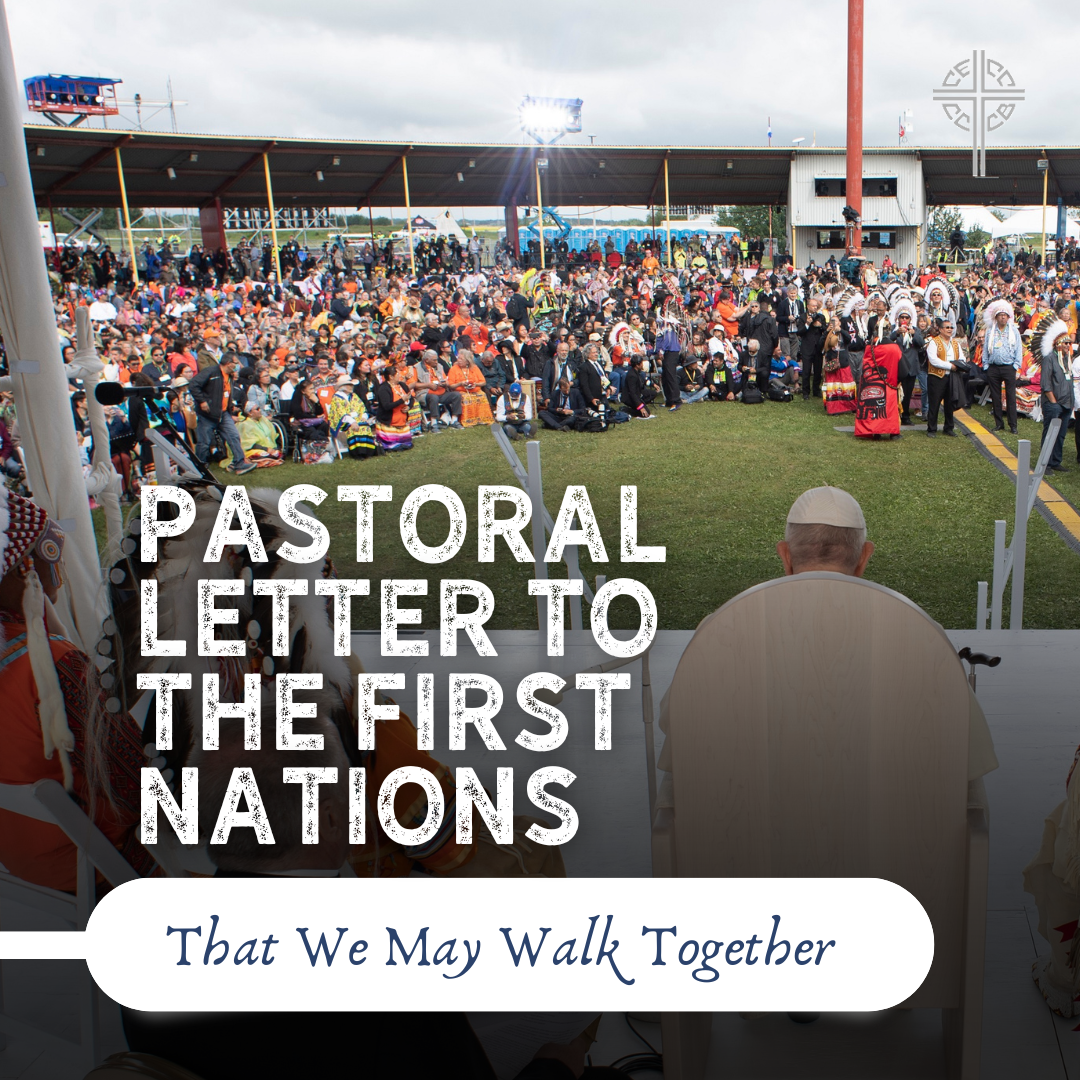
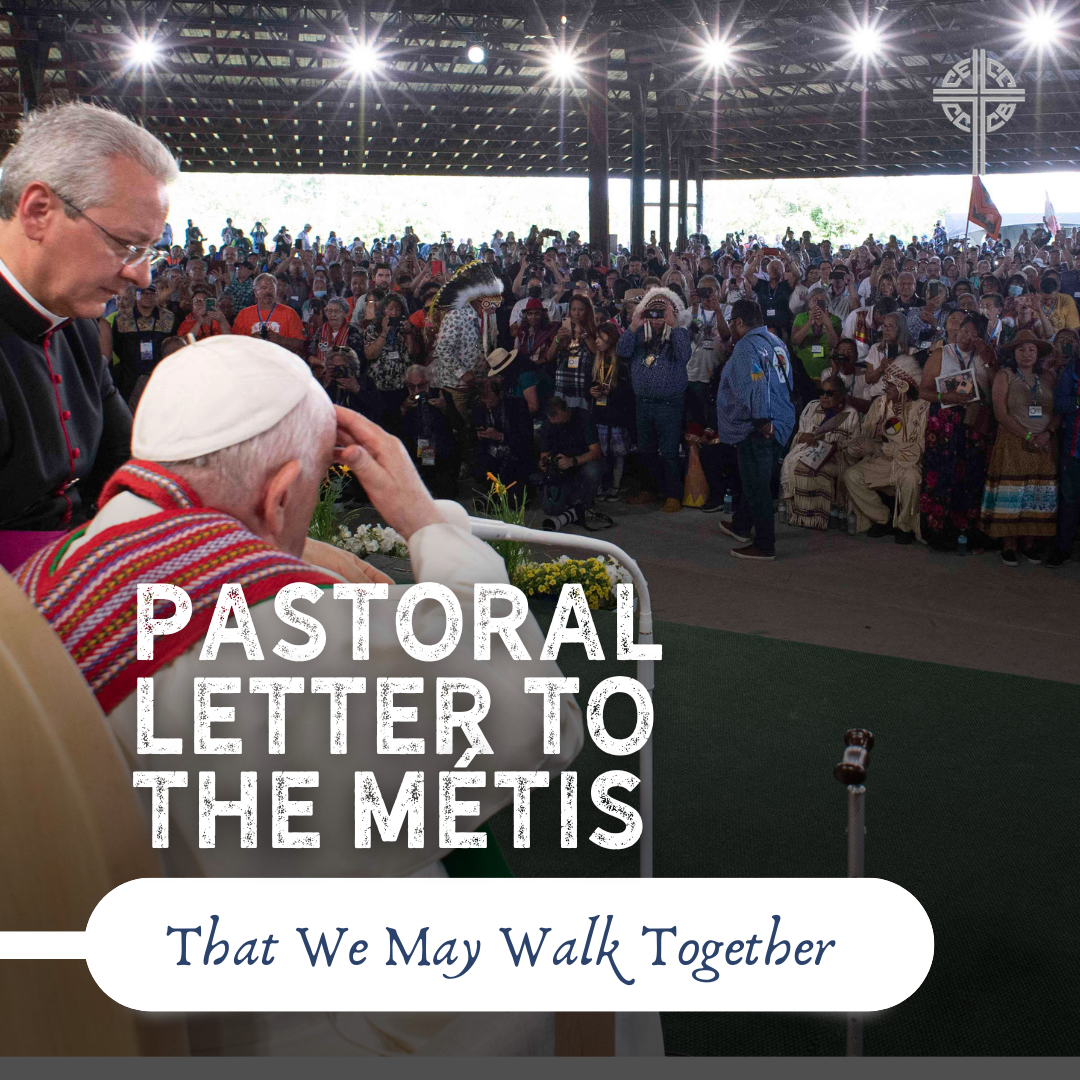
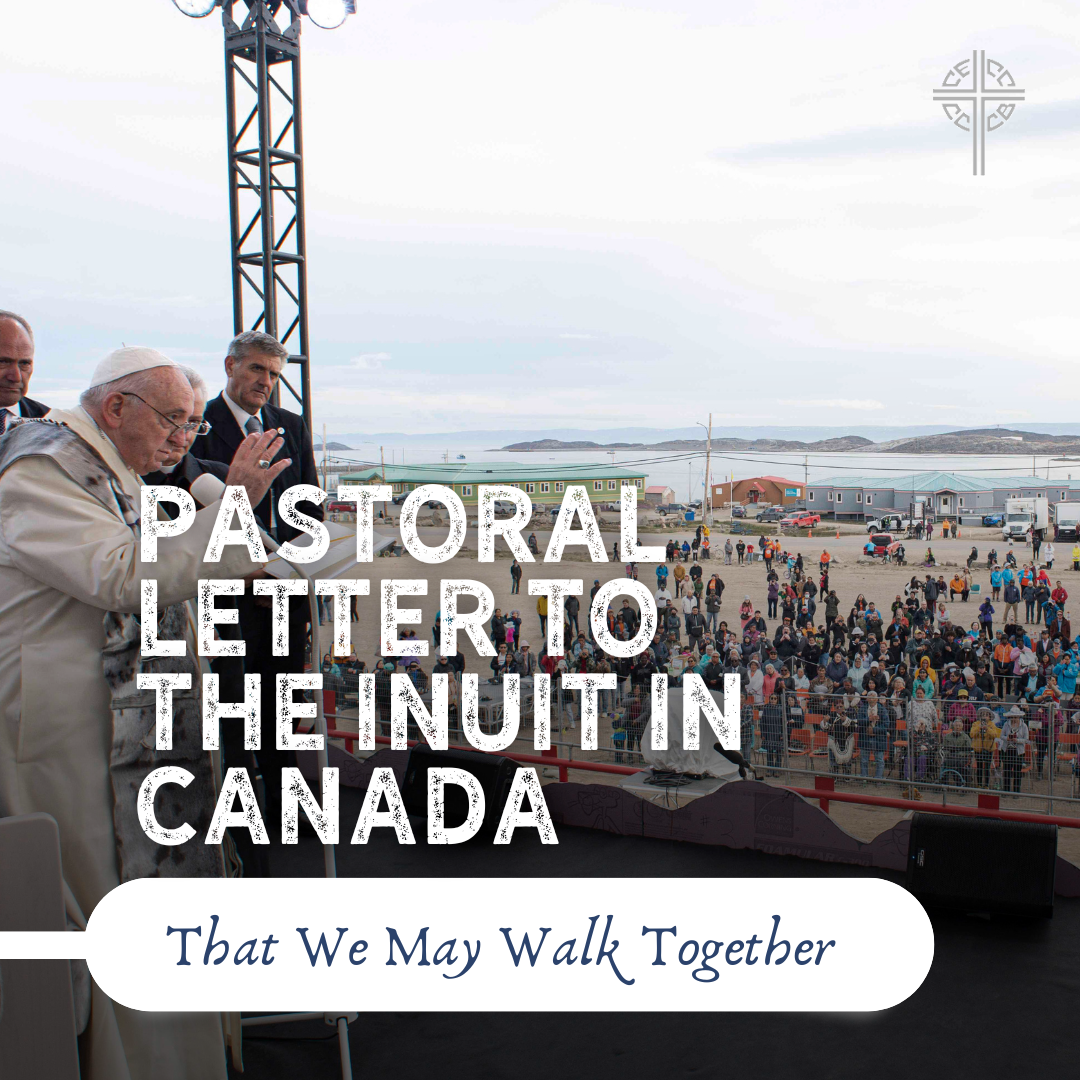

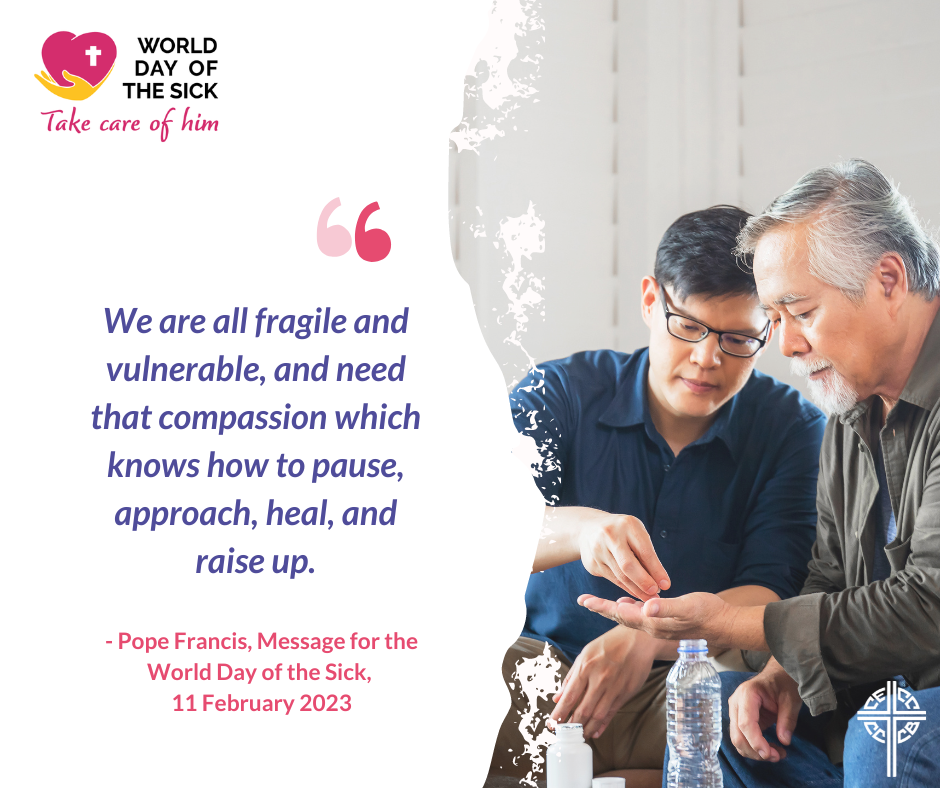
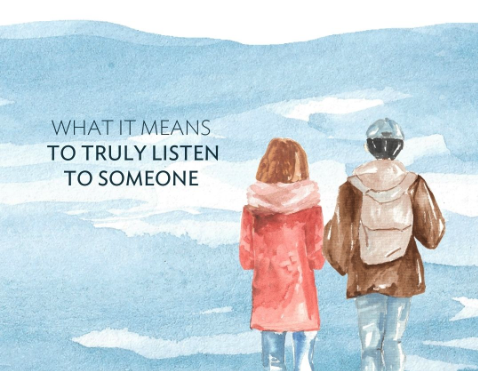

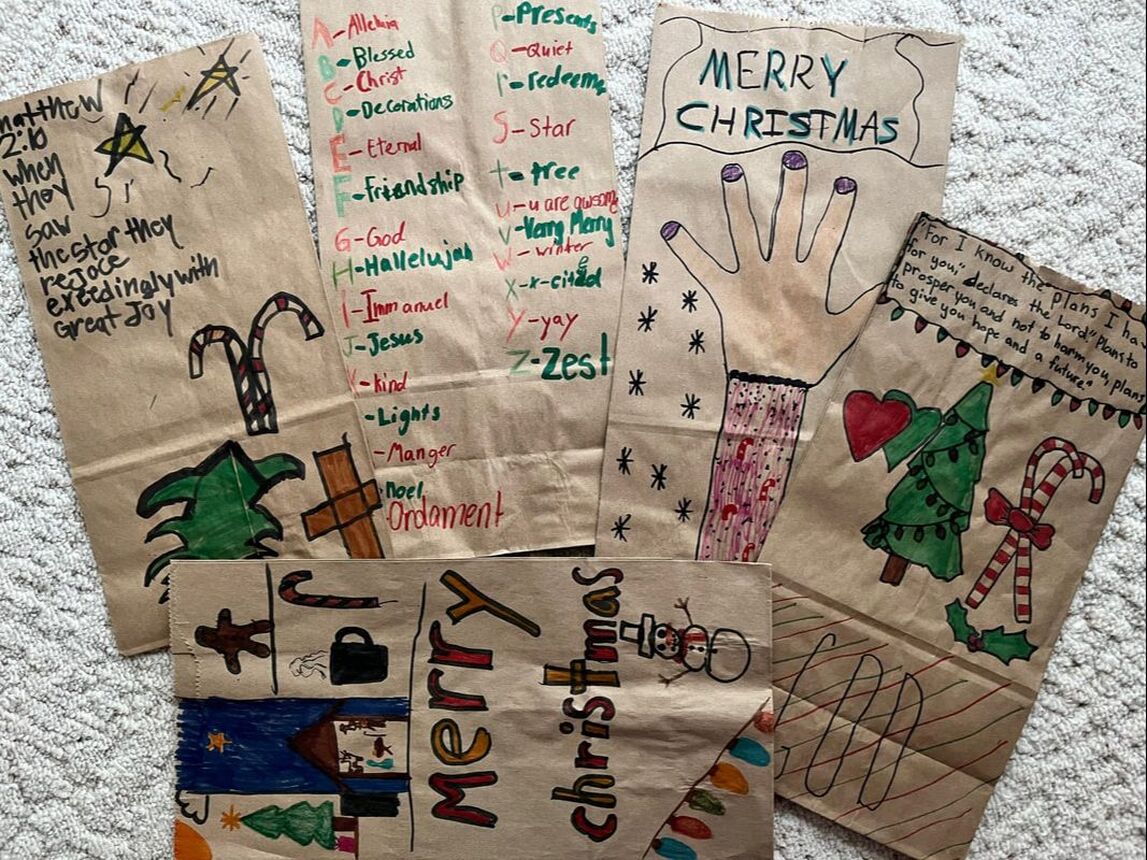
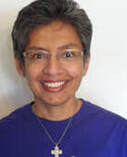
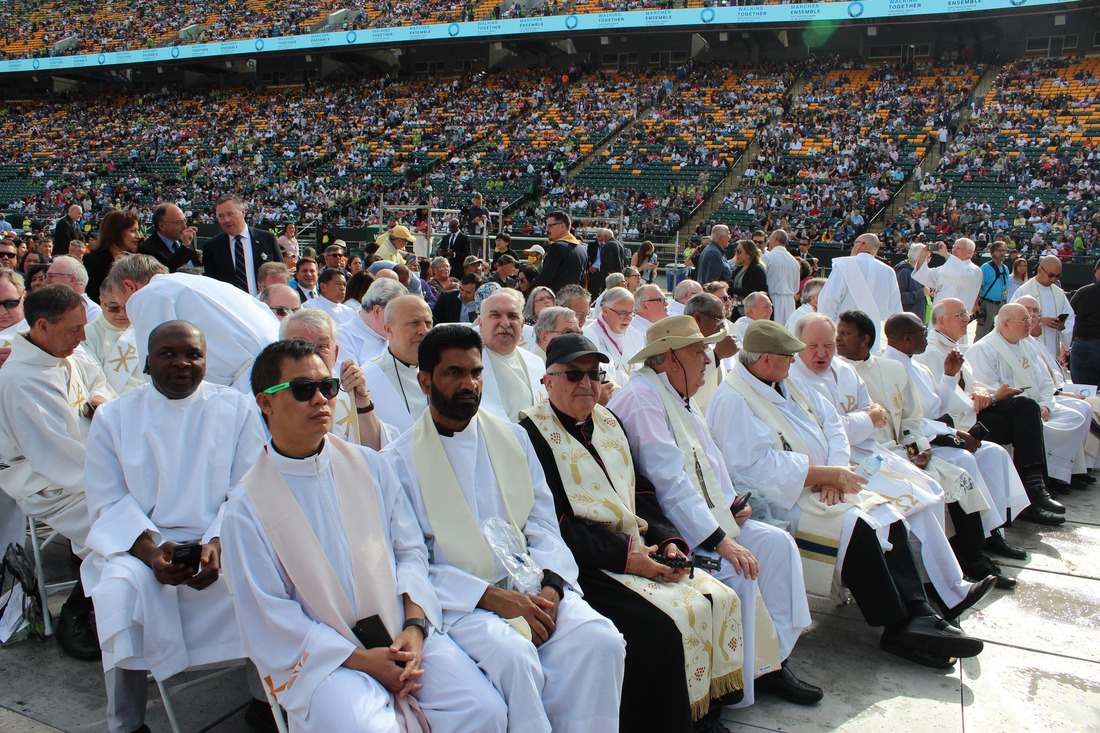
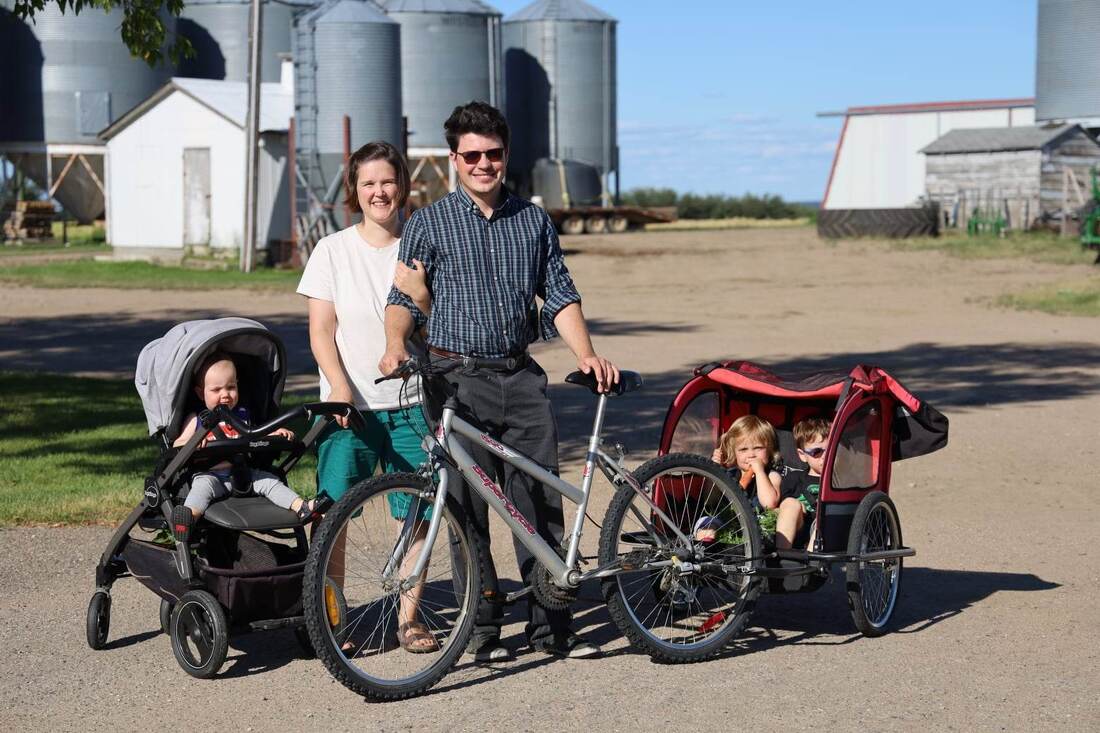
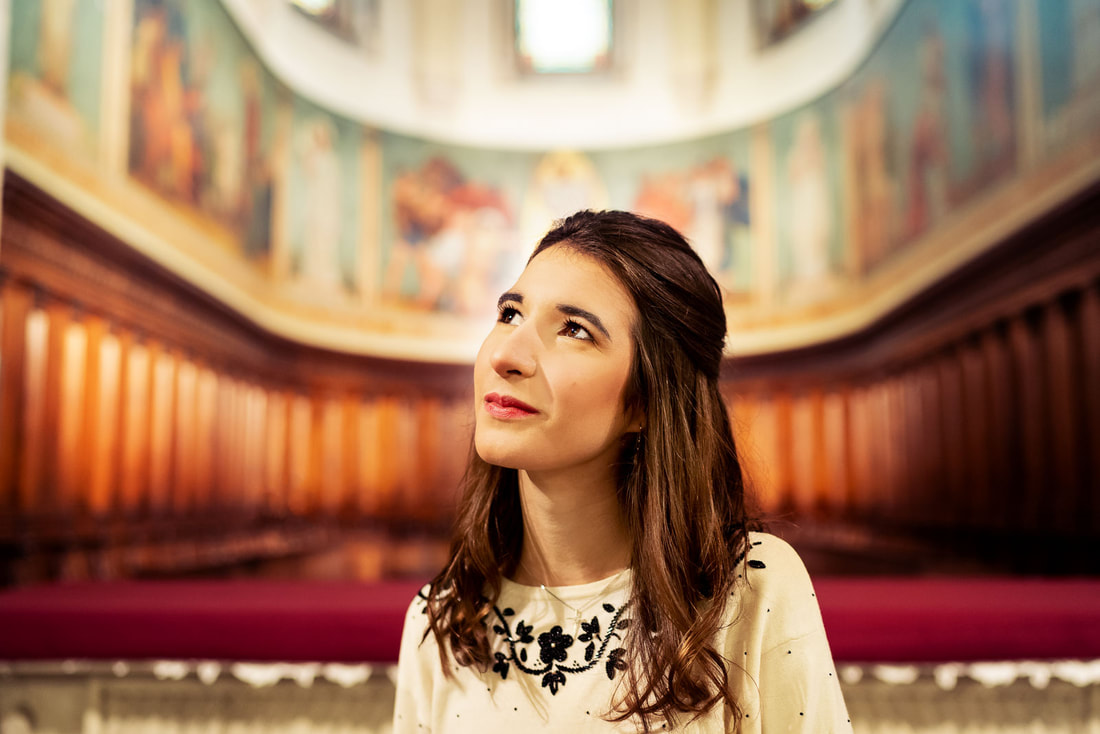



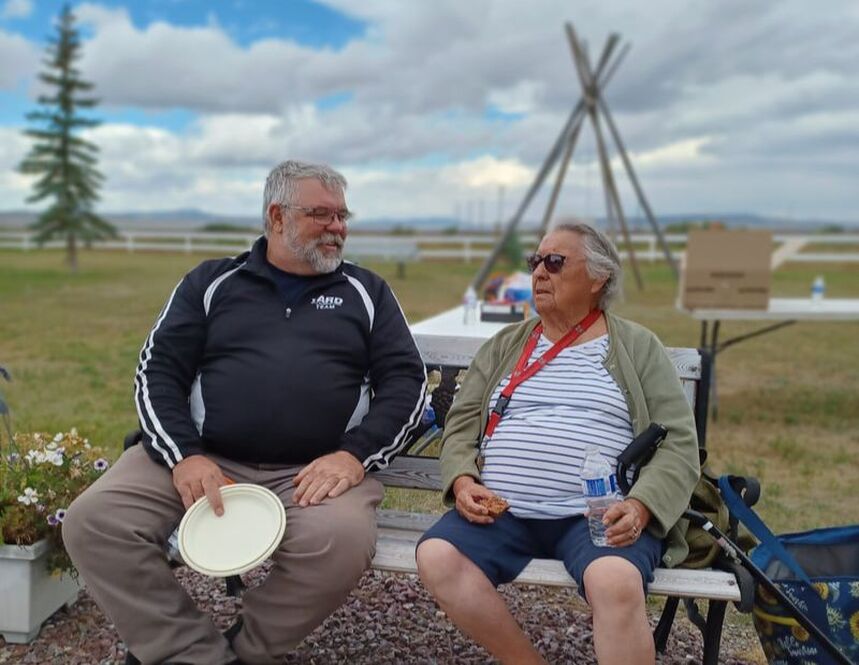
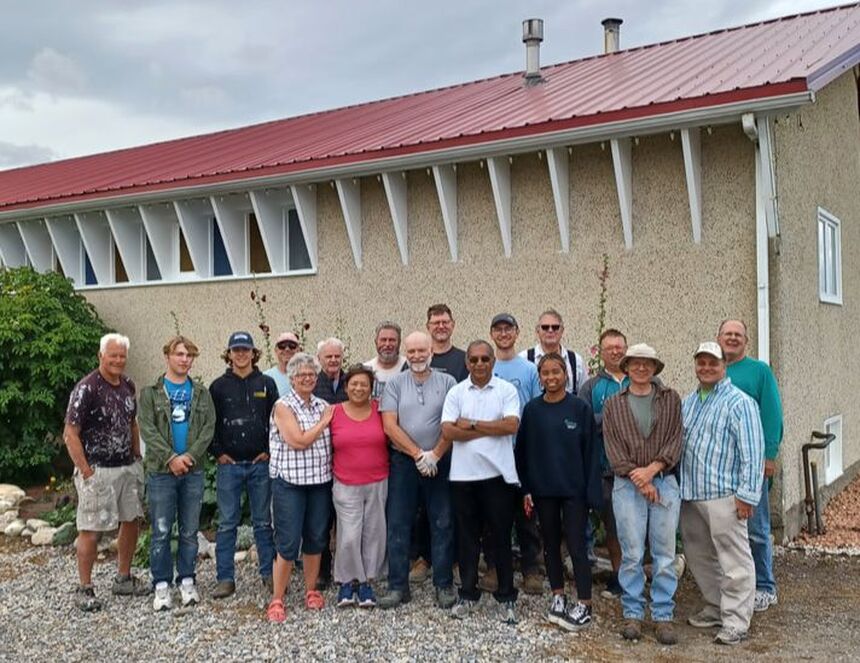
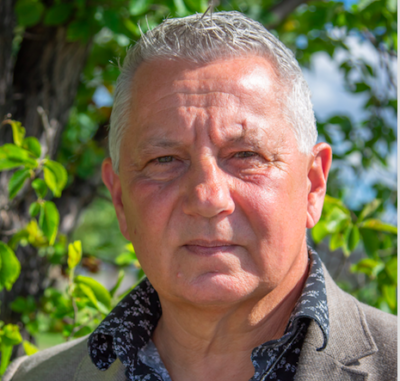


 RSS Feed
RSS Feed